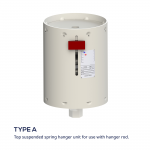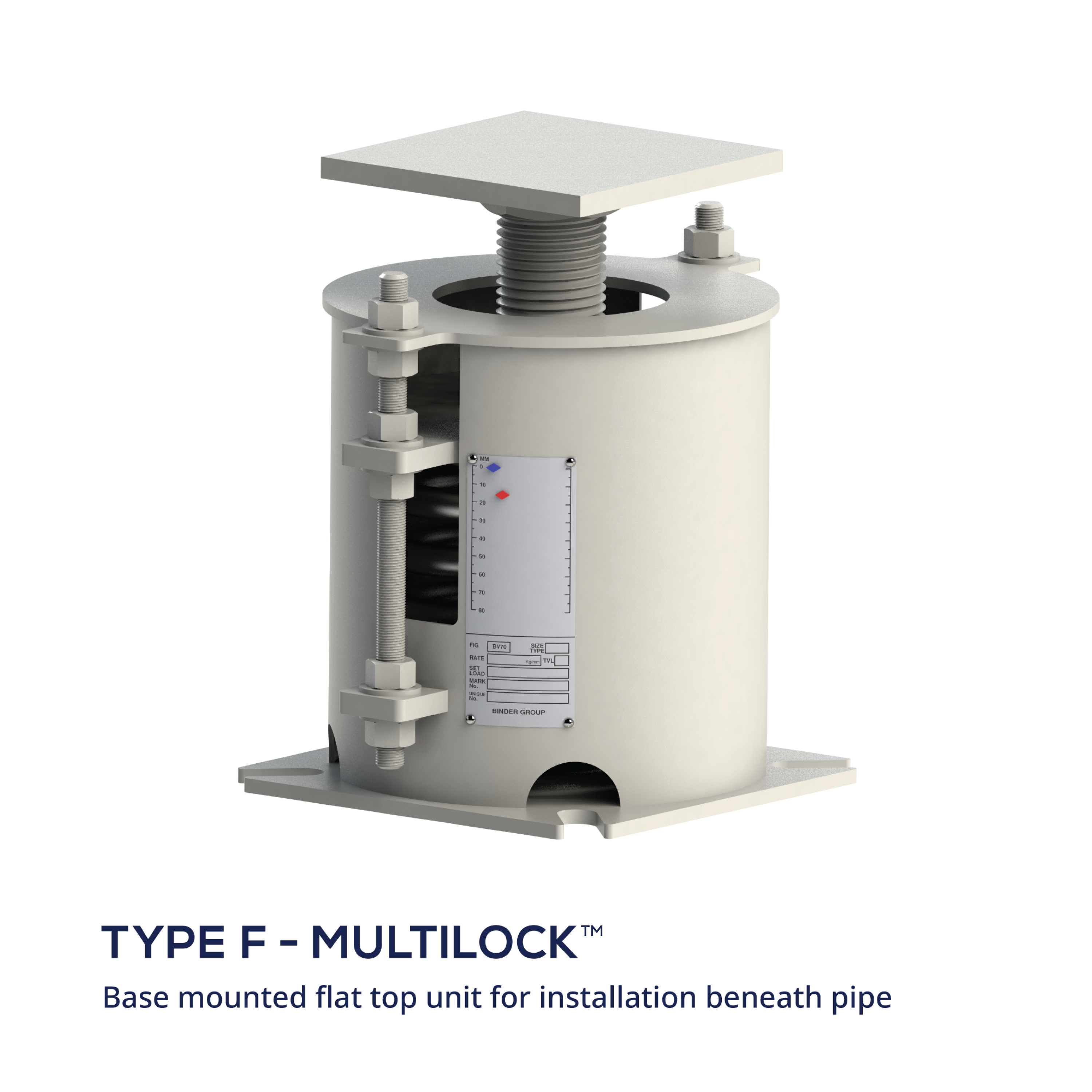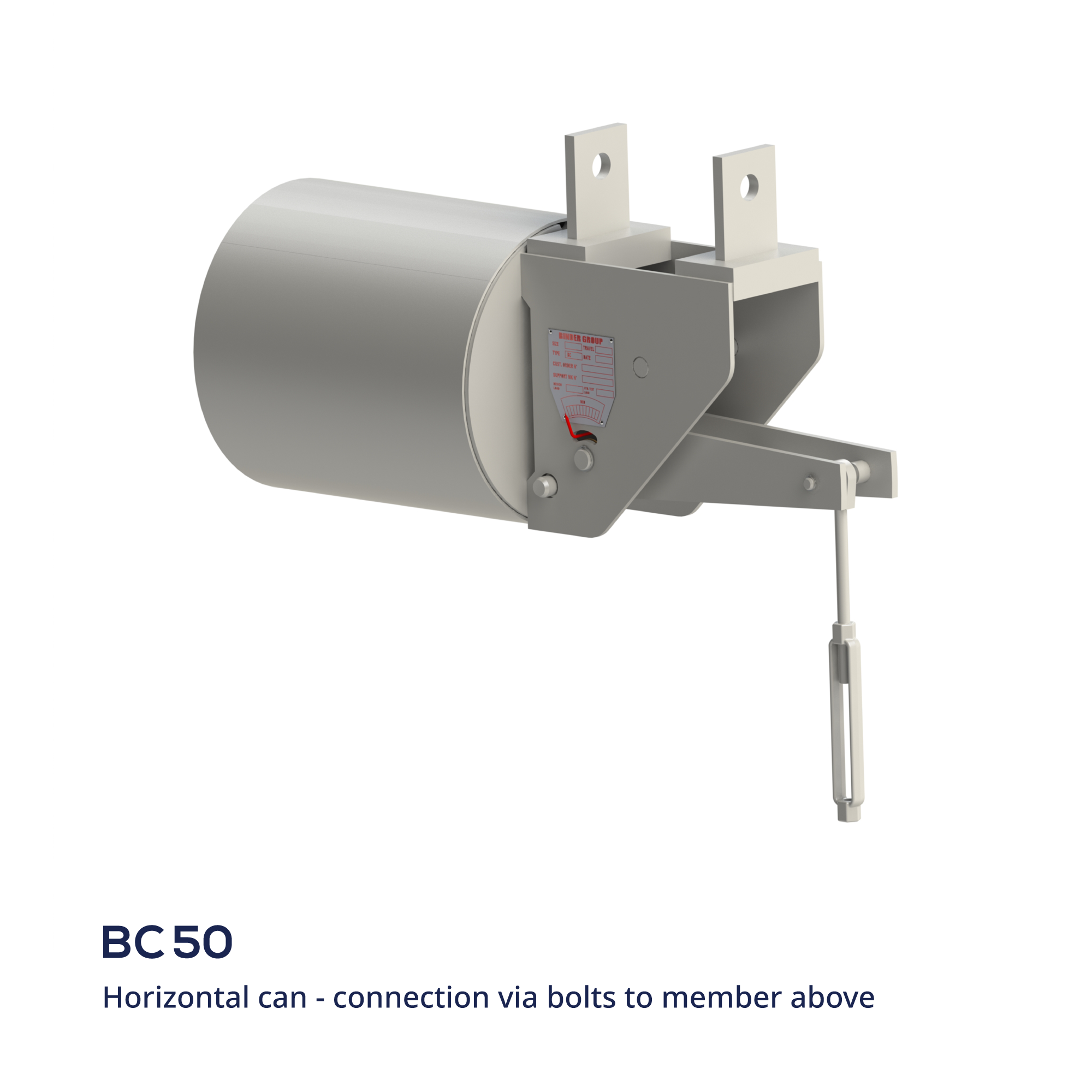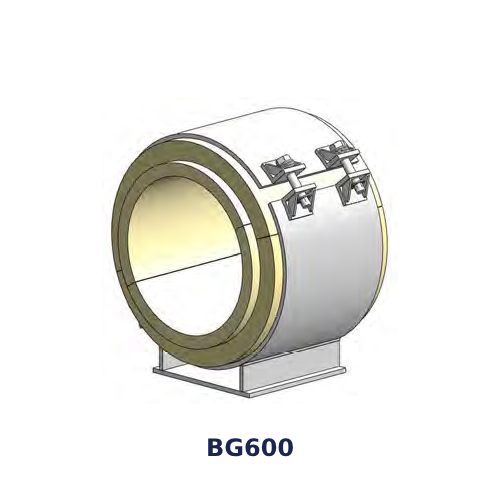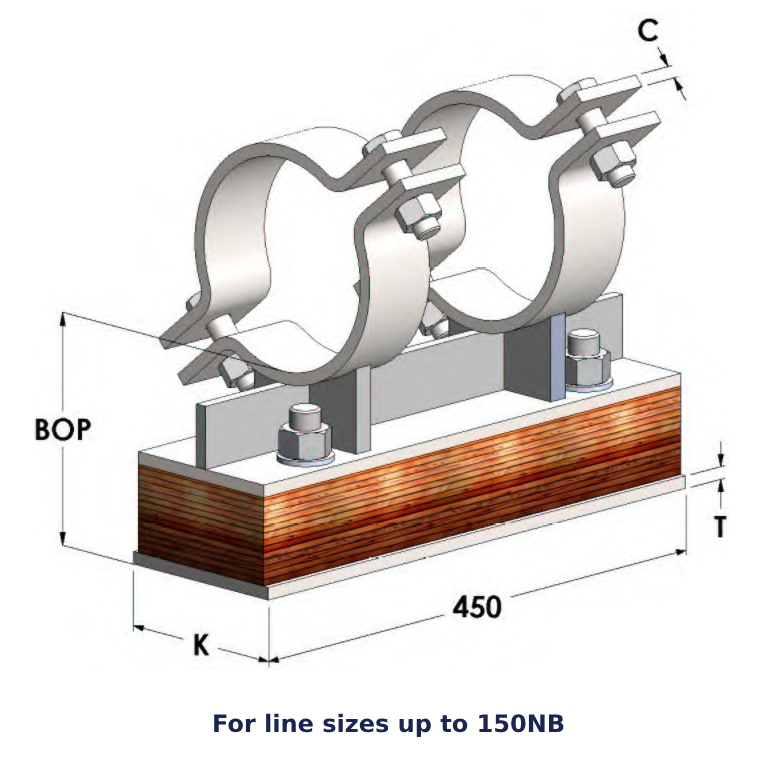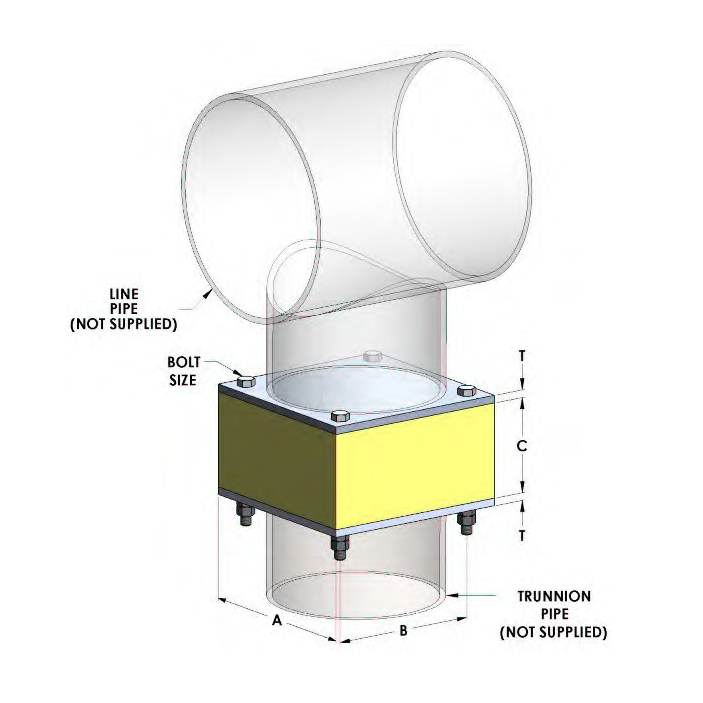- Products
-
-
-
Categories
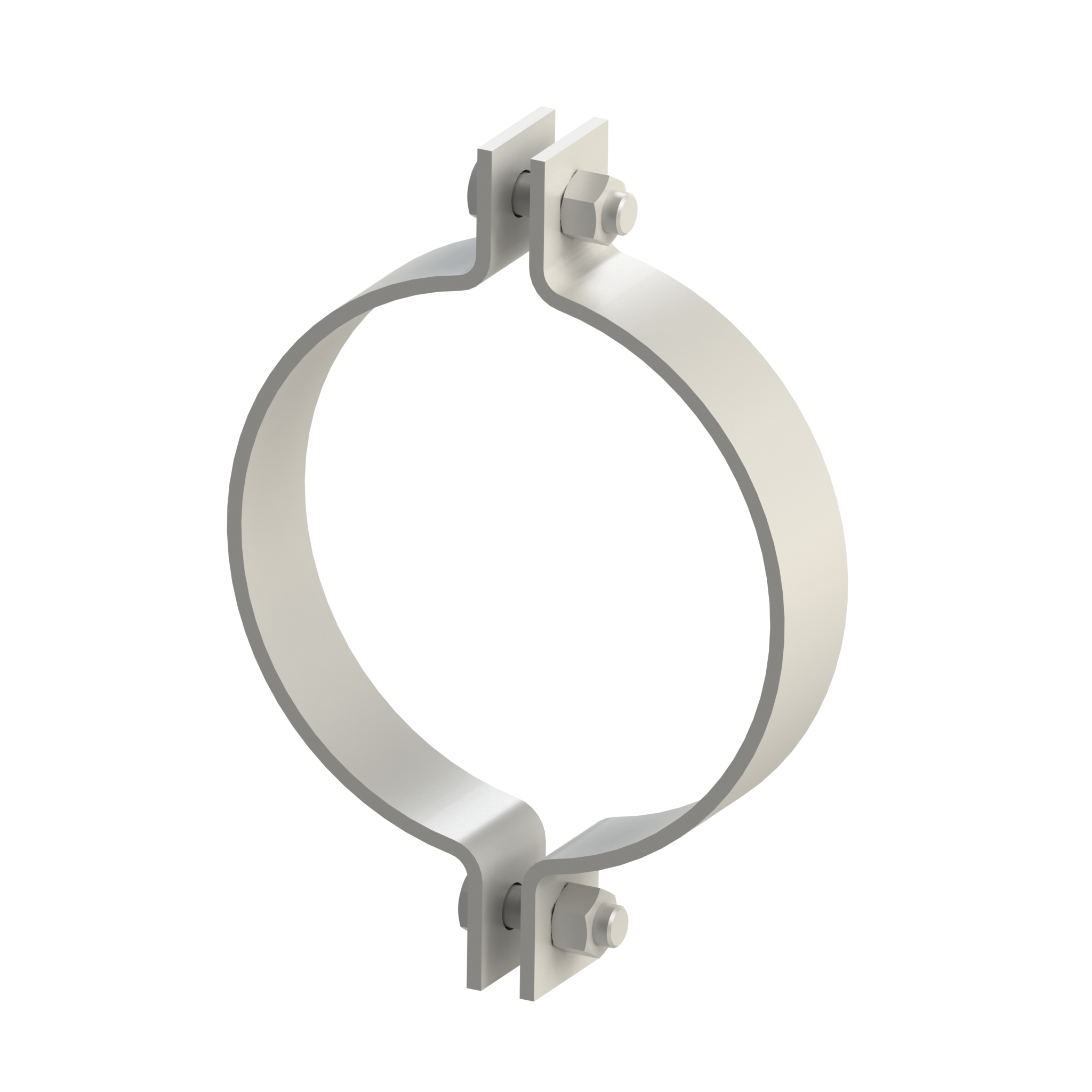 BG100
BG100LIGHT DUTY 2-BOLT CLAMP
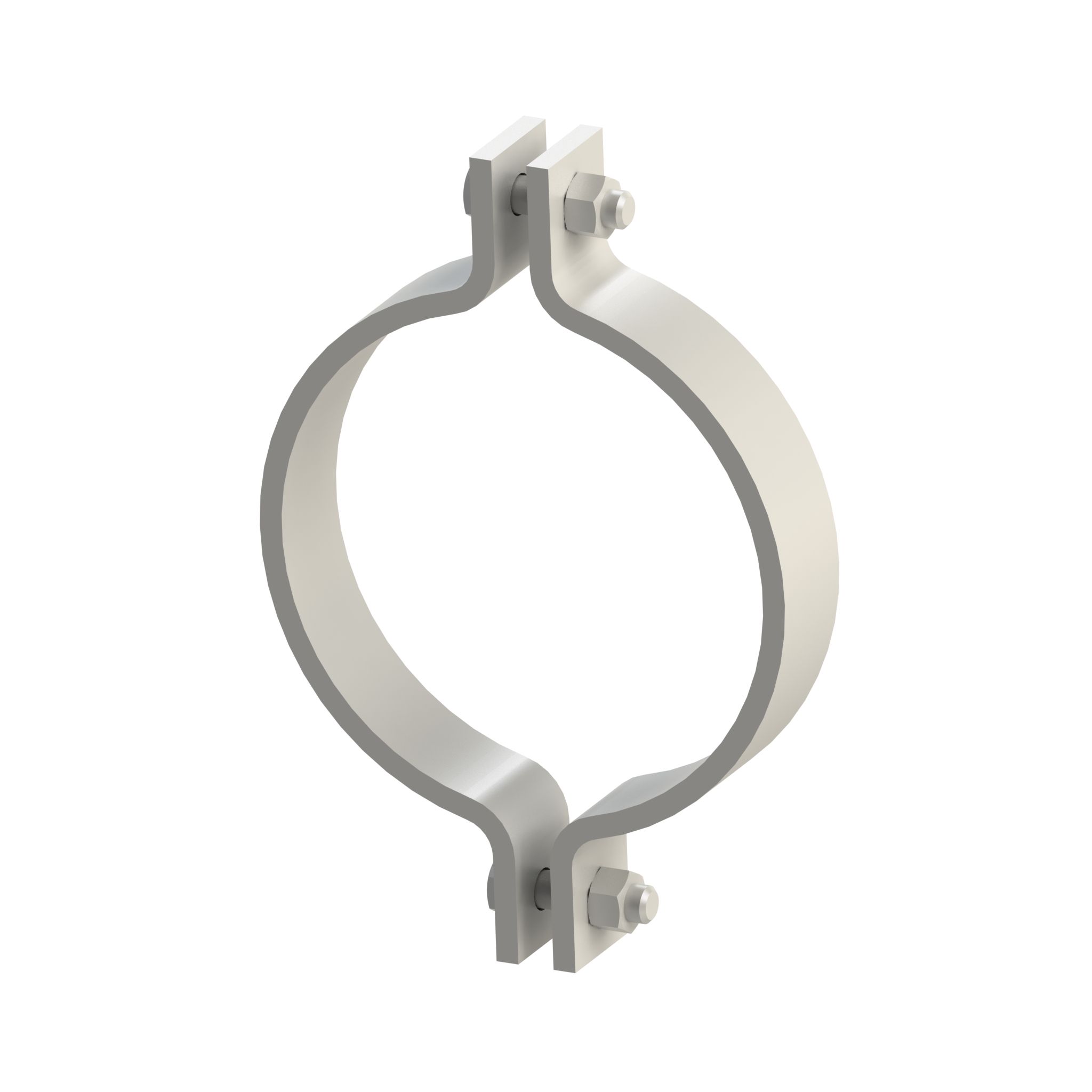 BG170
BG170MEDIUM DUTY 2-BOLT PIPE CLAMP
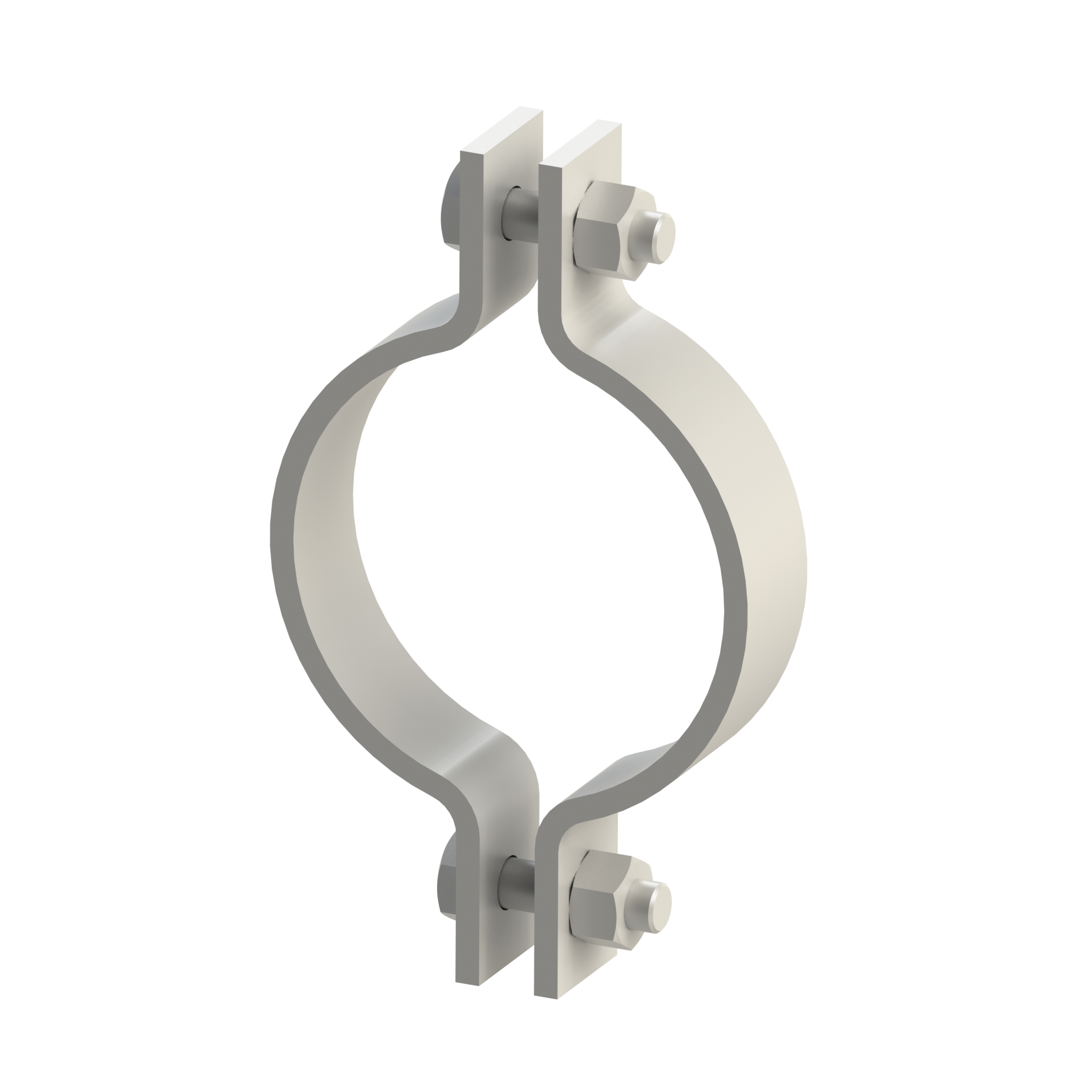 BG50
BG50HEAVY DUTY 2-BOLT PIPE CLAMP
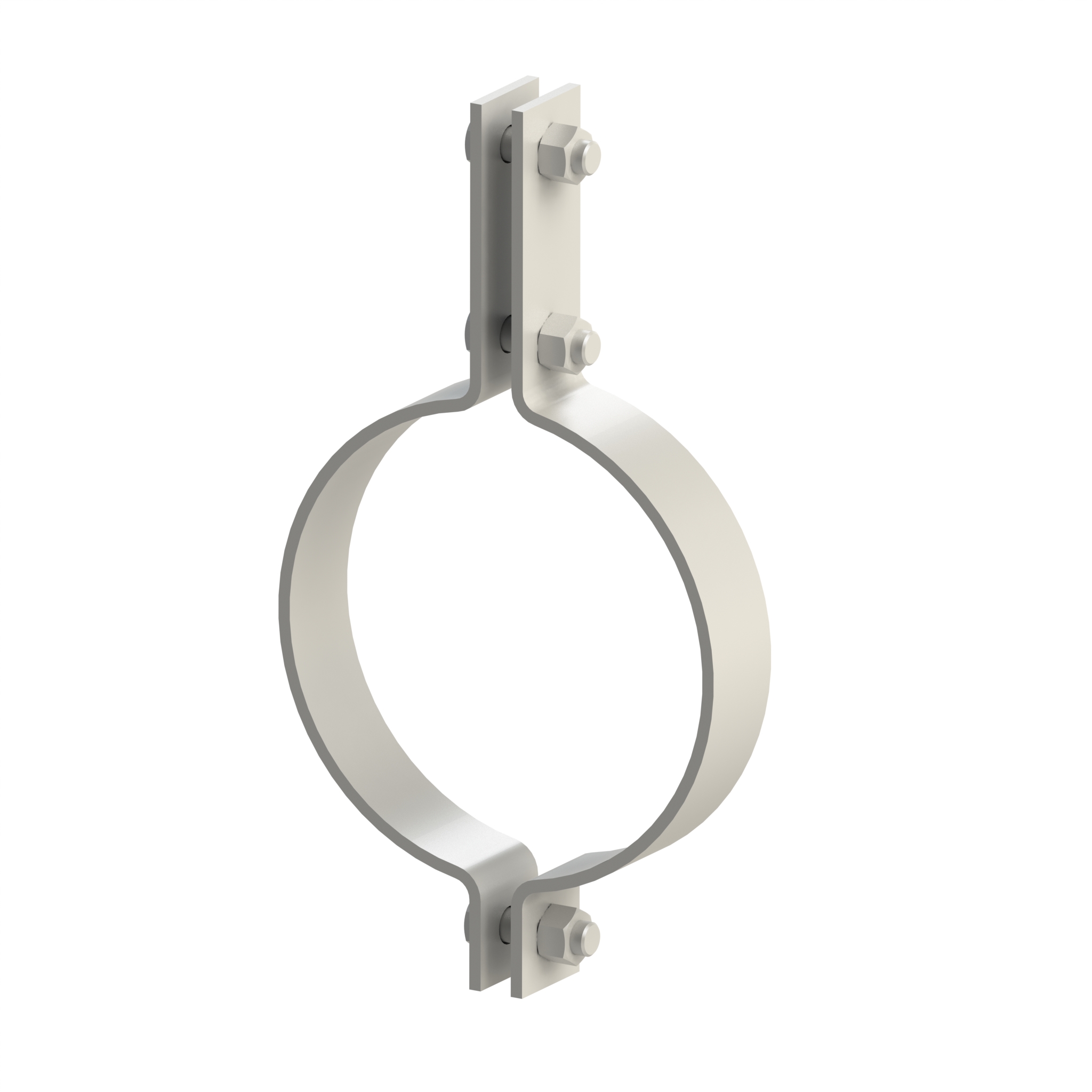 BG101
BG101LIGHT DUTY 3-BOLT PIPE CLAMP
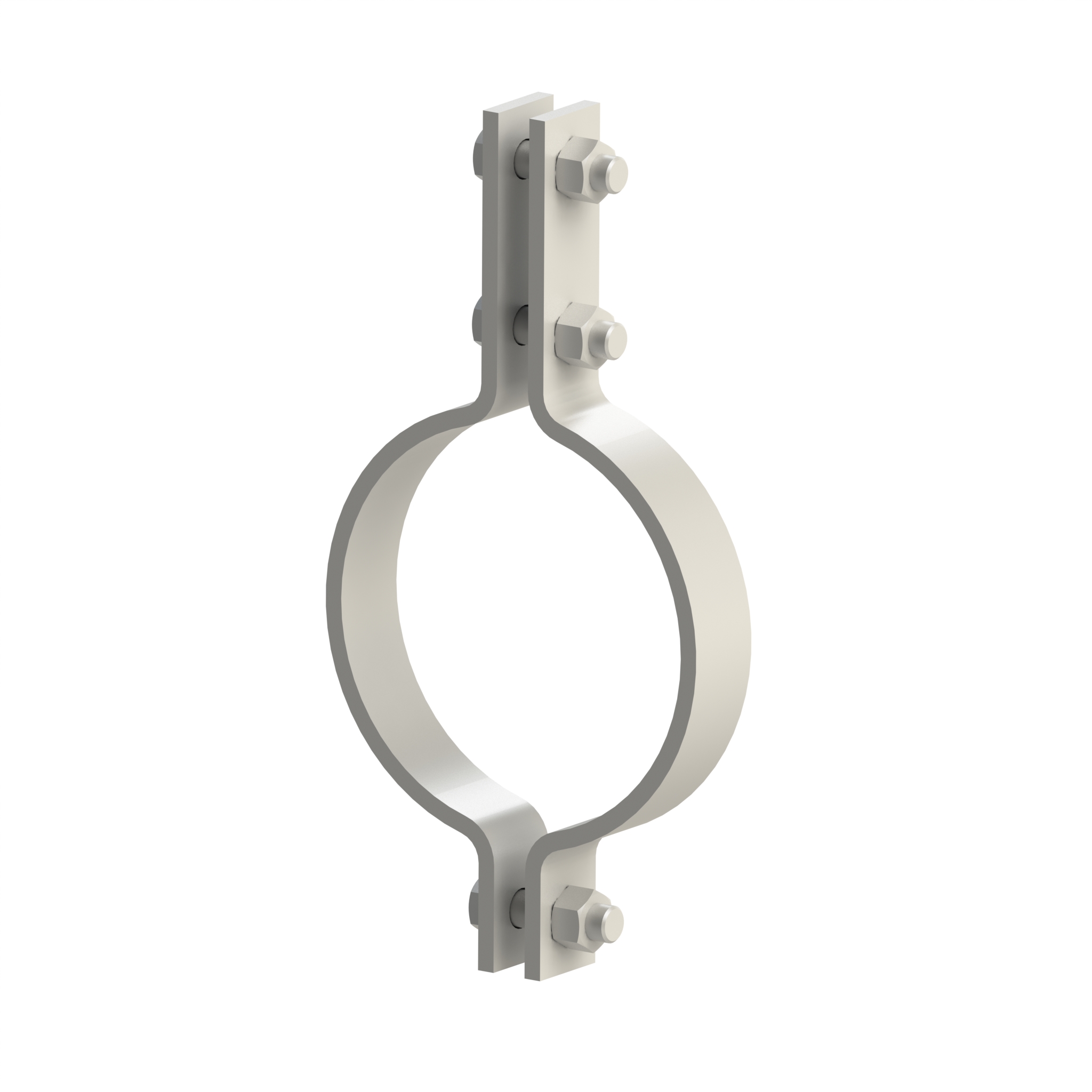 BG171
BG171MEDIUM DUTY 3-BOLT PIPE CLAMP FOR STEEL PIPE
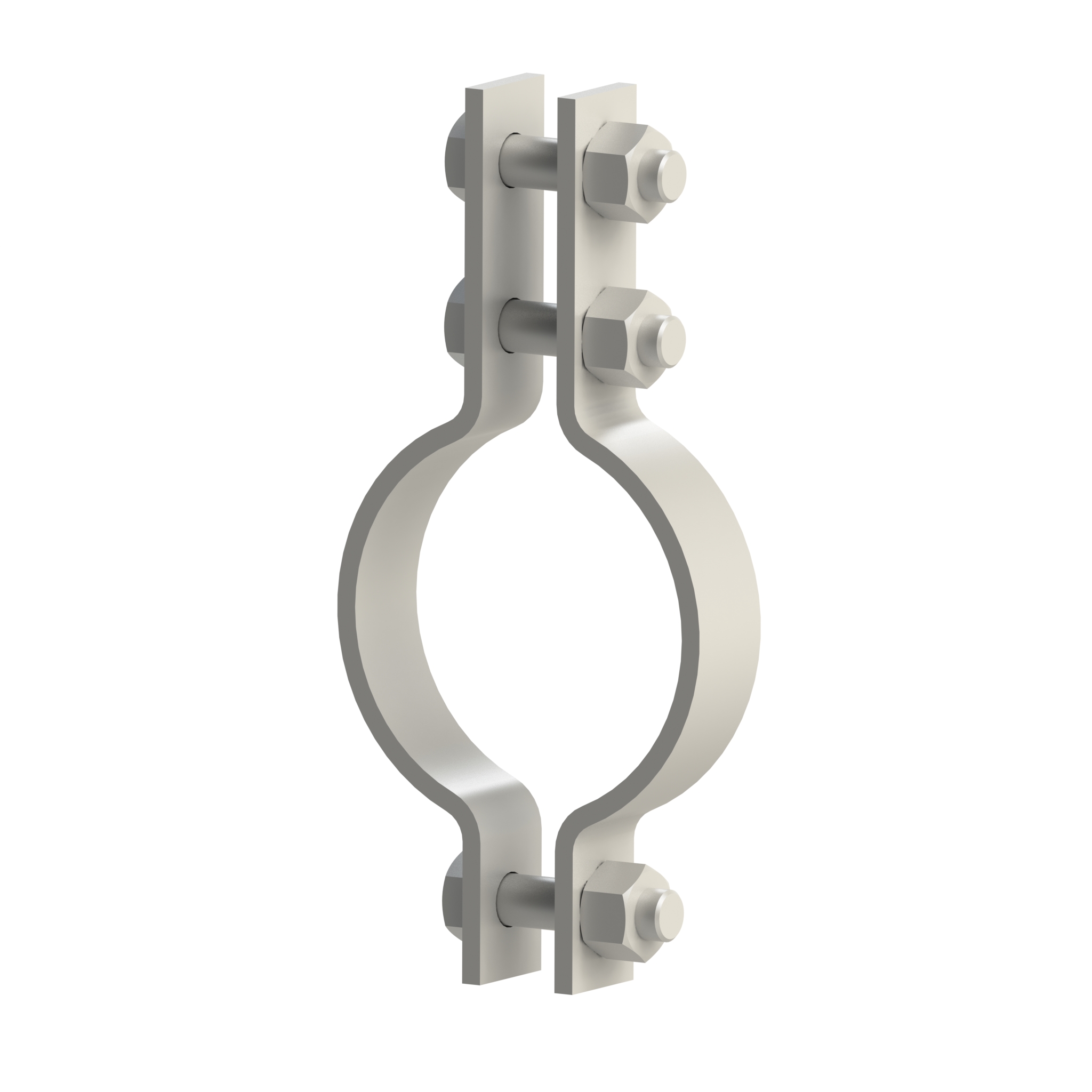 BG75
BG75HEAVY DUTY 3-BOLT PIPE CLAMP
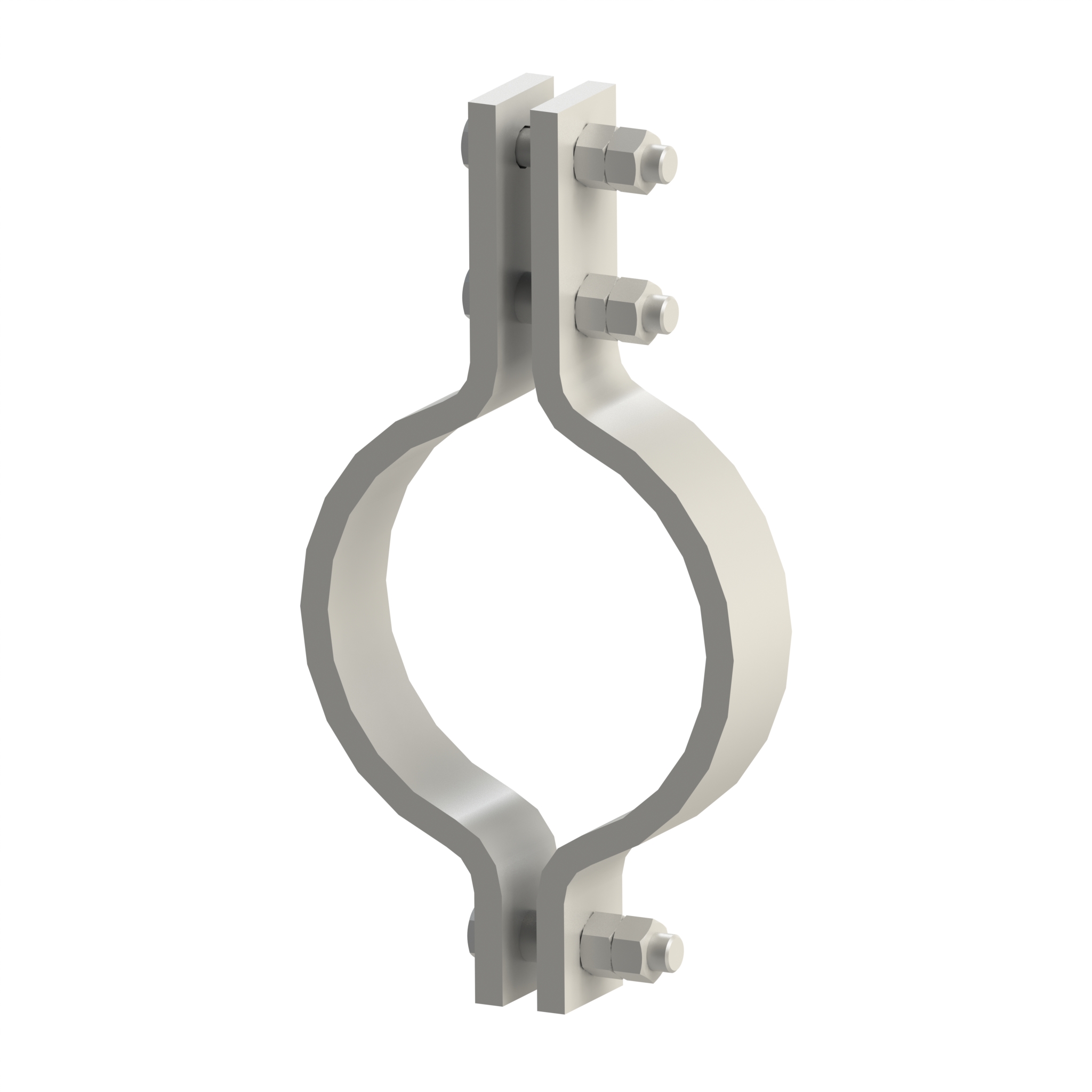 BG172
BG172HIGH TEMPERATURE 3-BOLT PIPE CLAMP
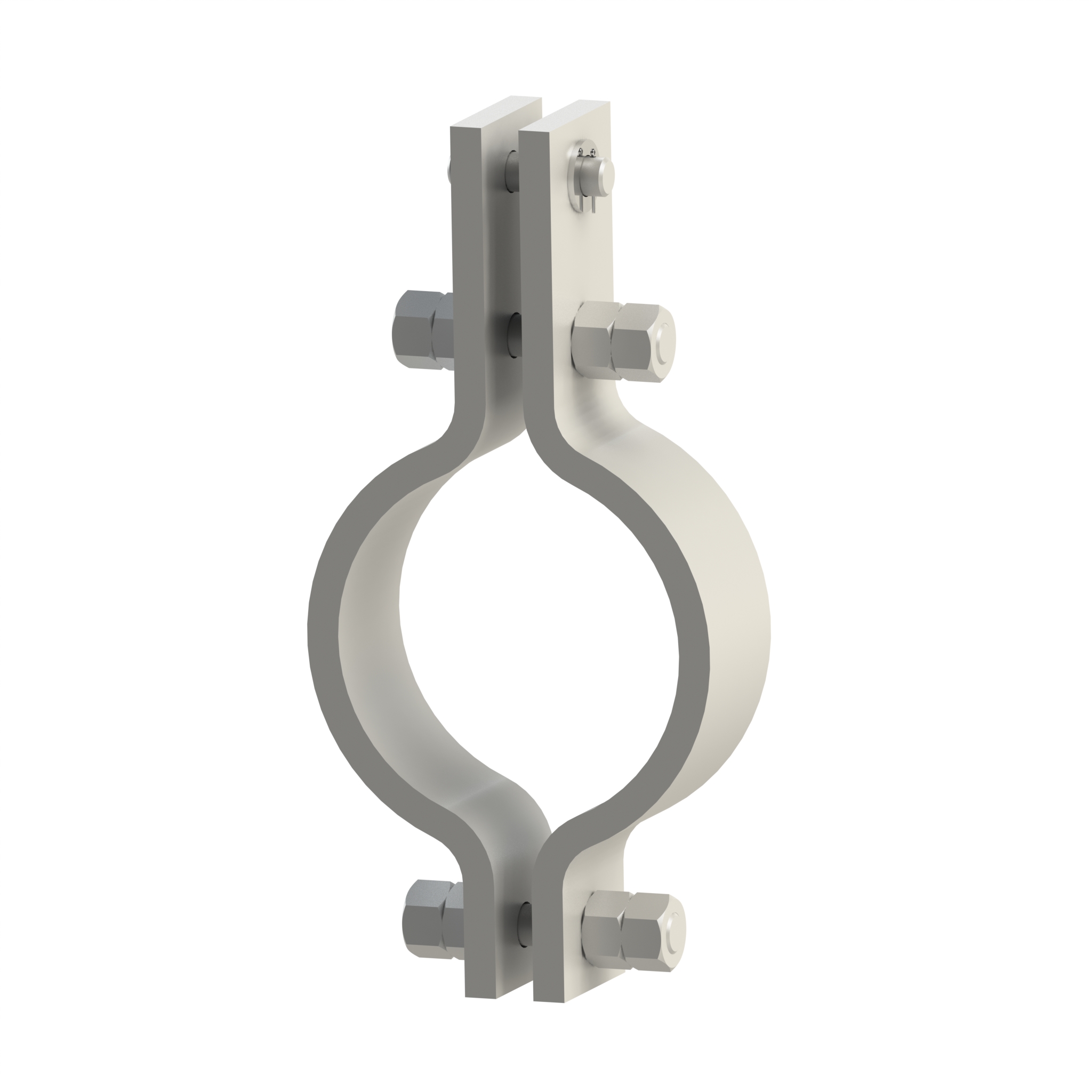 BG173
BG173ALLOY PIPE CLAMP - VERY HIGH TEMPERATURE
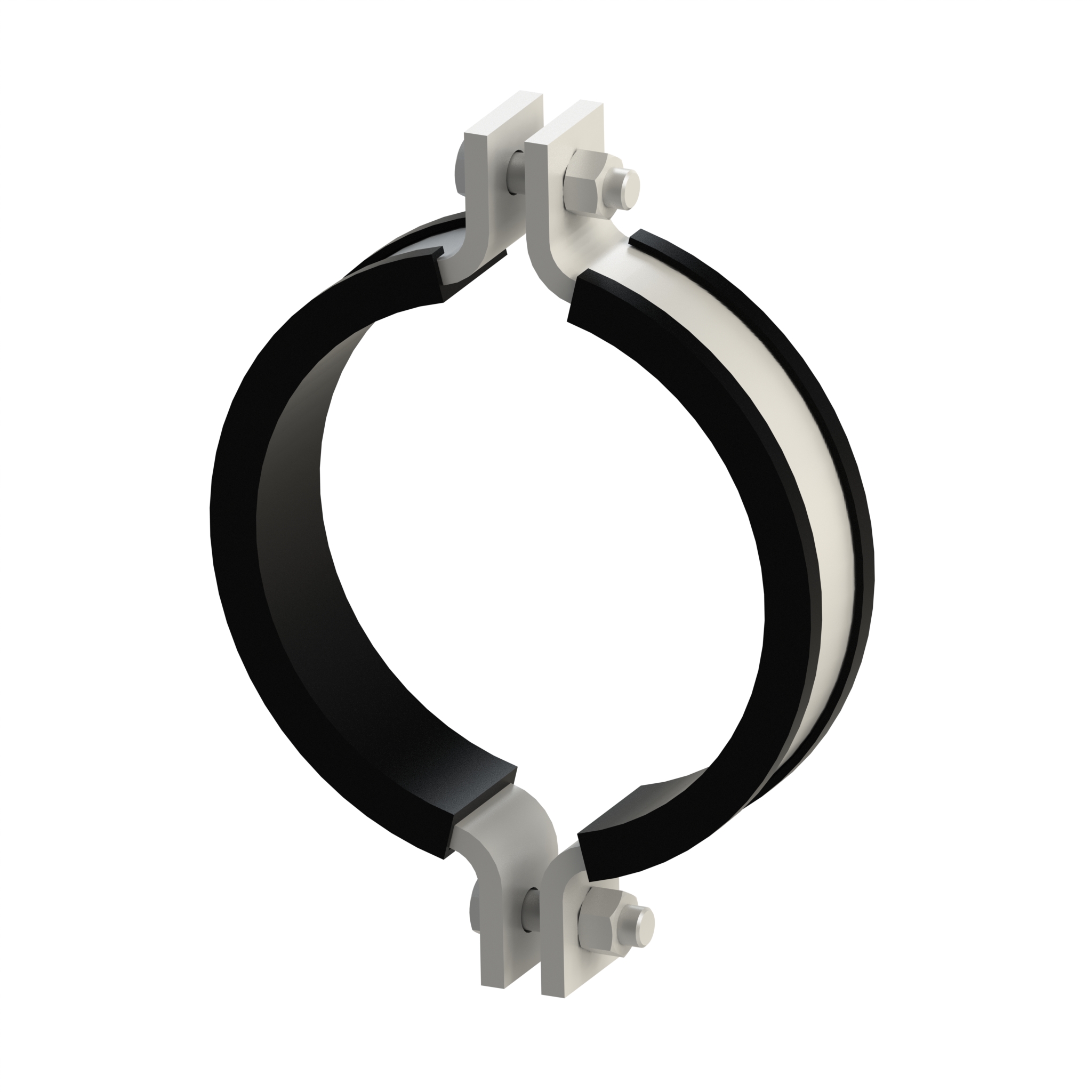 BG140
BG140INSULATED 2-BOLT PIPE CLAMP
 BG141
BG141INSULATED 2-BOLT PIPE CLAMP FOR CU/NI
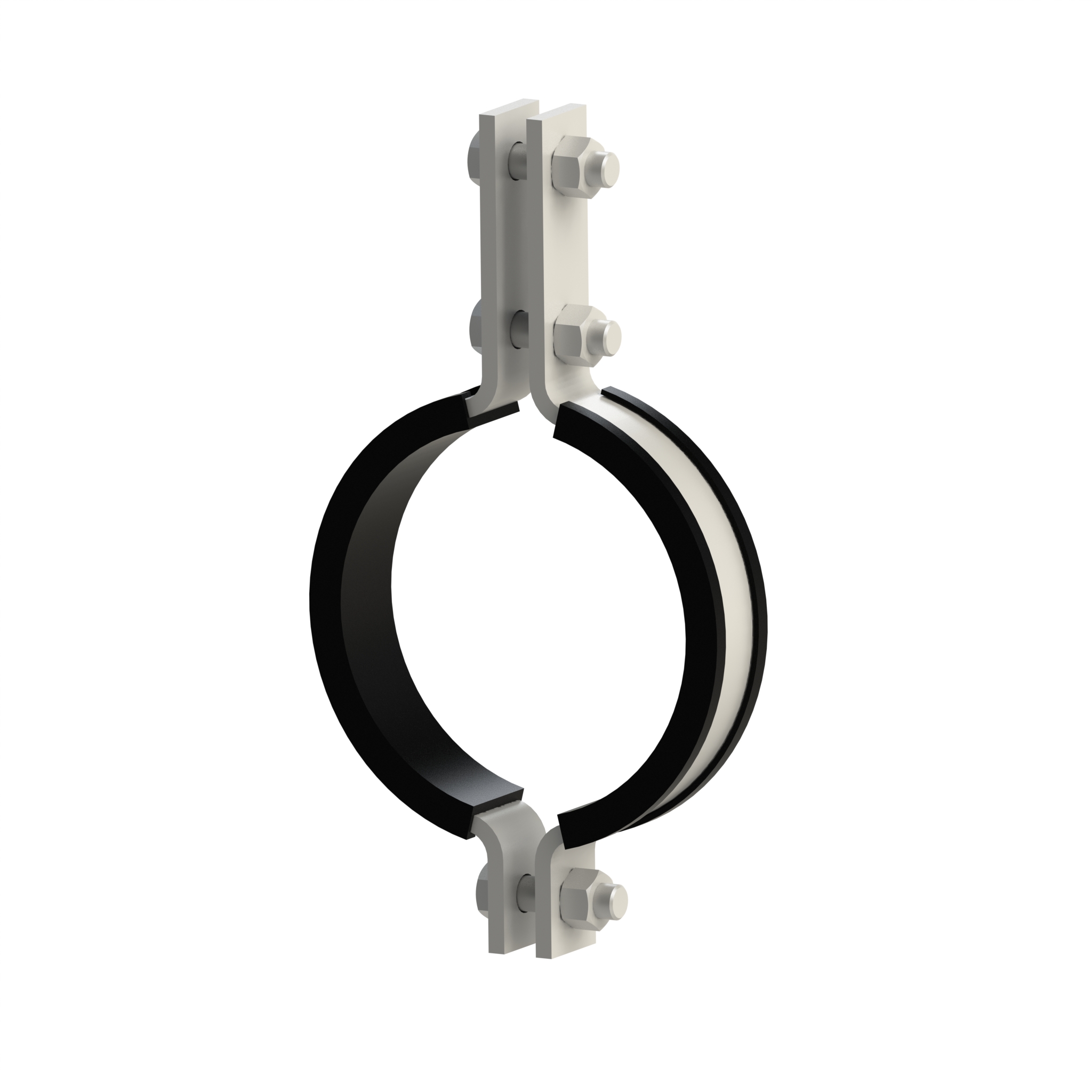 BG145
BG145INSULATED 3-BOLT PIPE CLAMP
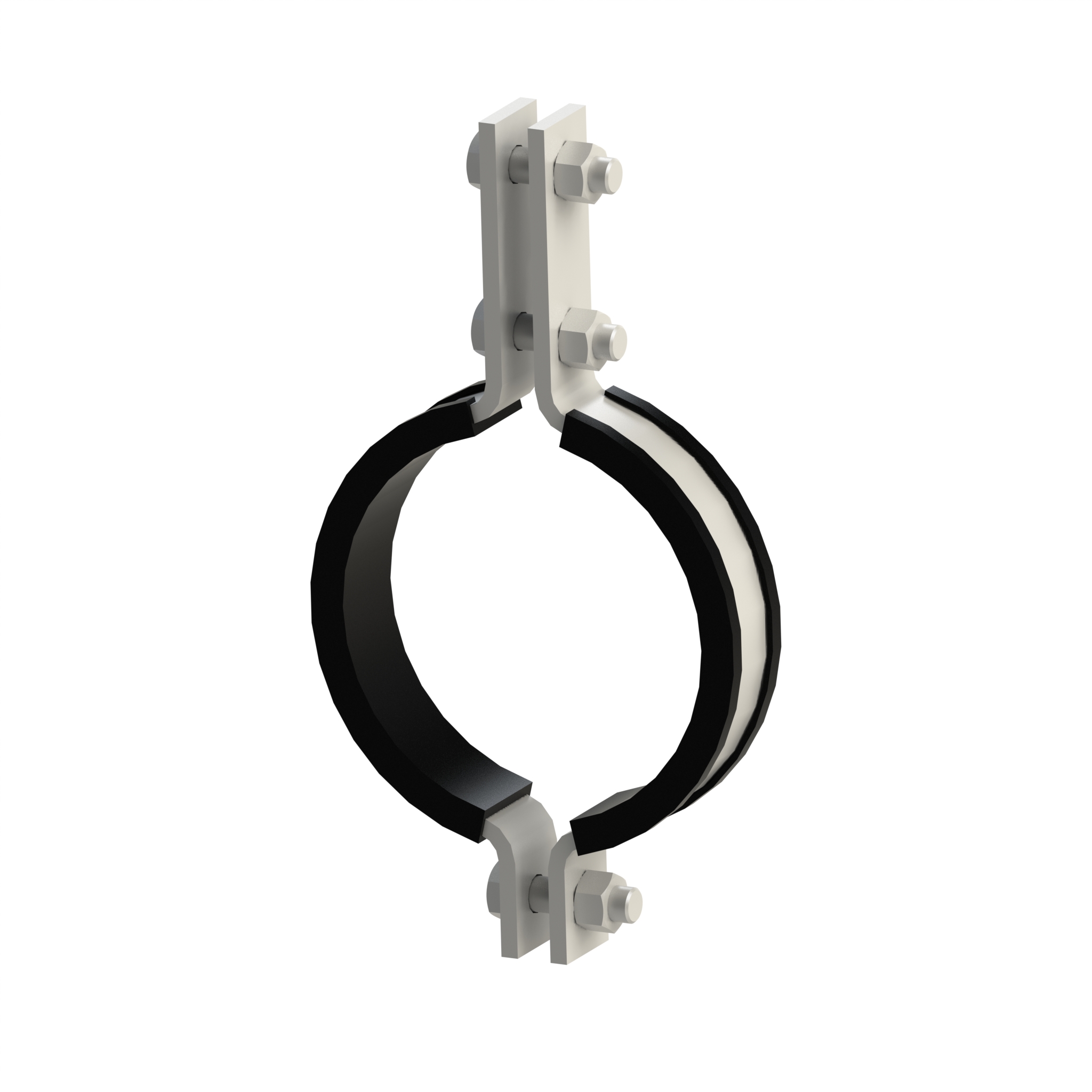 BG146
BG146INSULATED 3-BOLT PIPE CLAMP FOR CU/NI
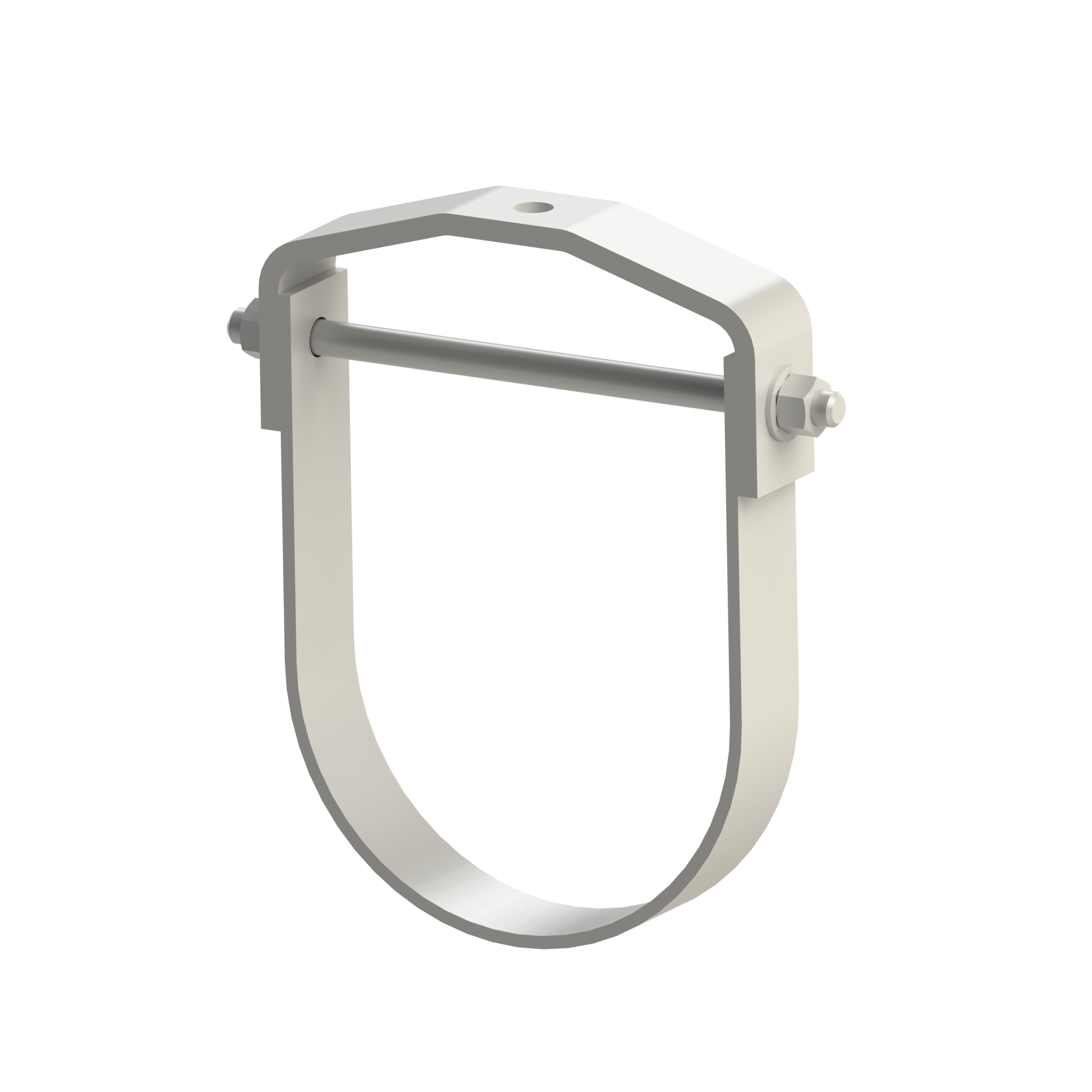 BG108
BG108CLEVIS CLAMP
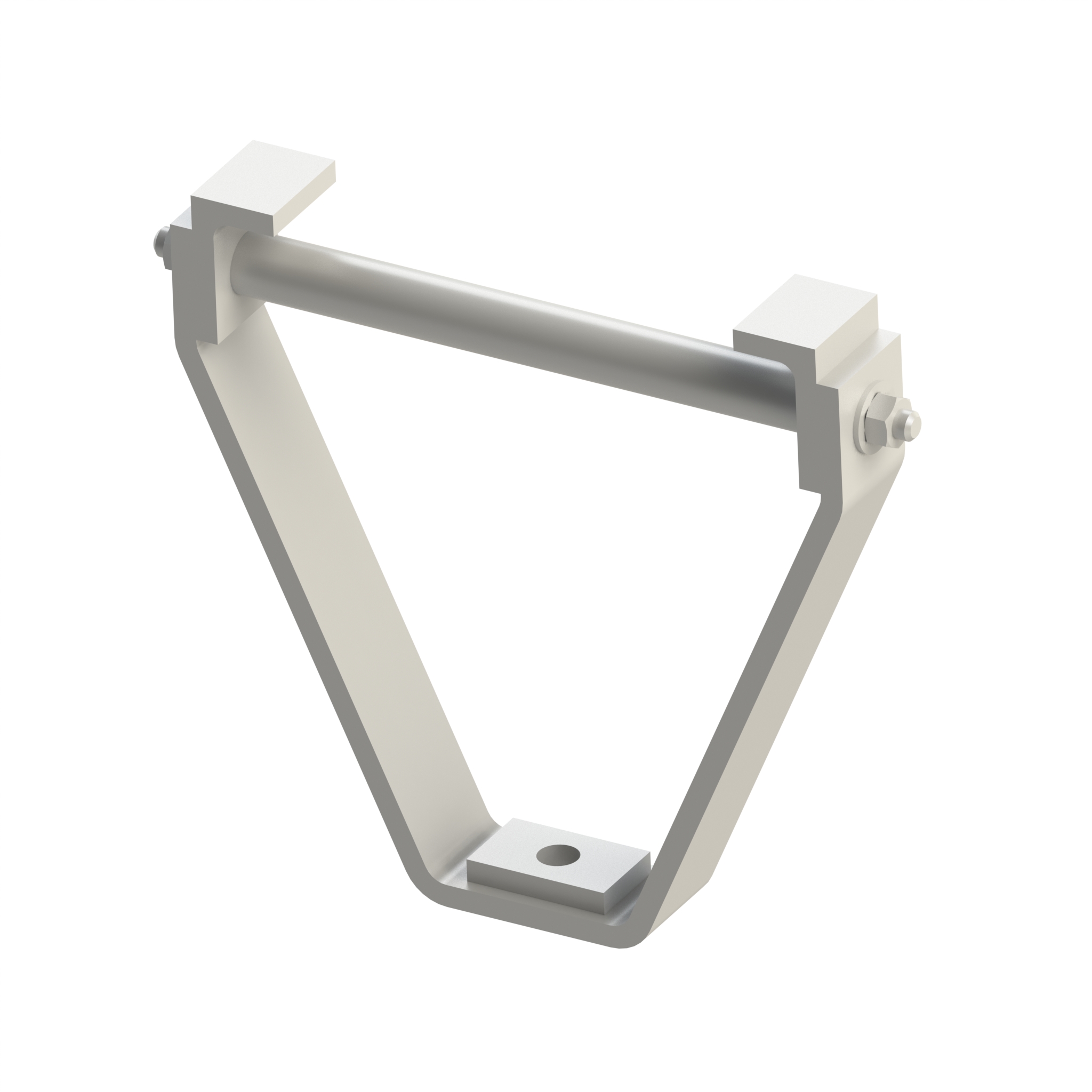 BG222
BG222BEAM CLAMP
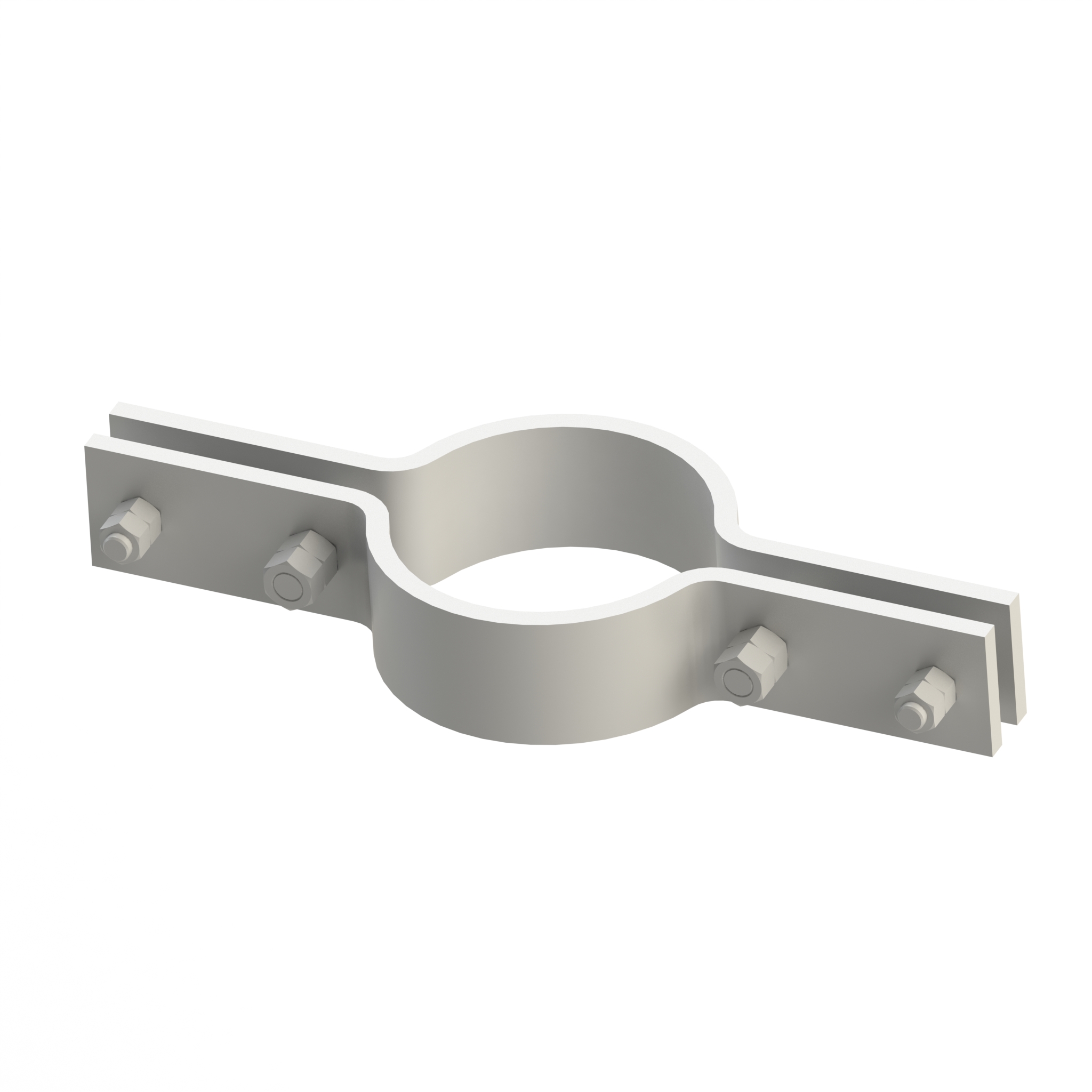 BG174
BG174RISER SUPPORT – STD TEMPERATURE
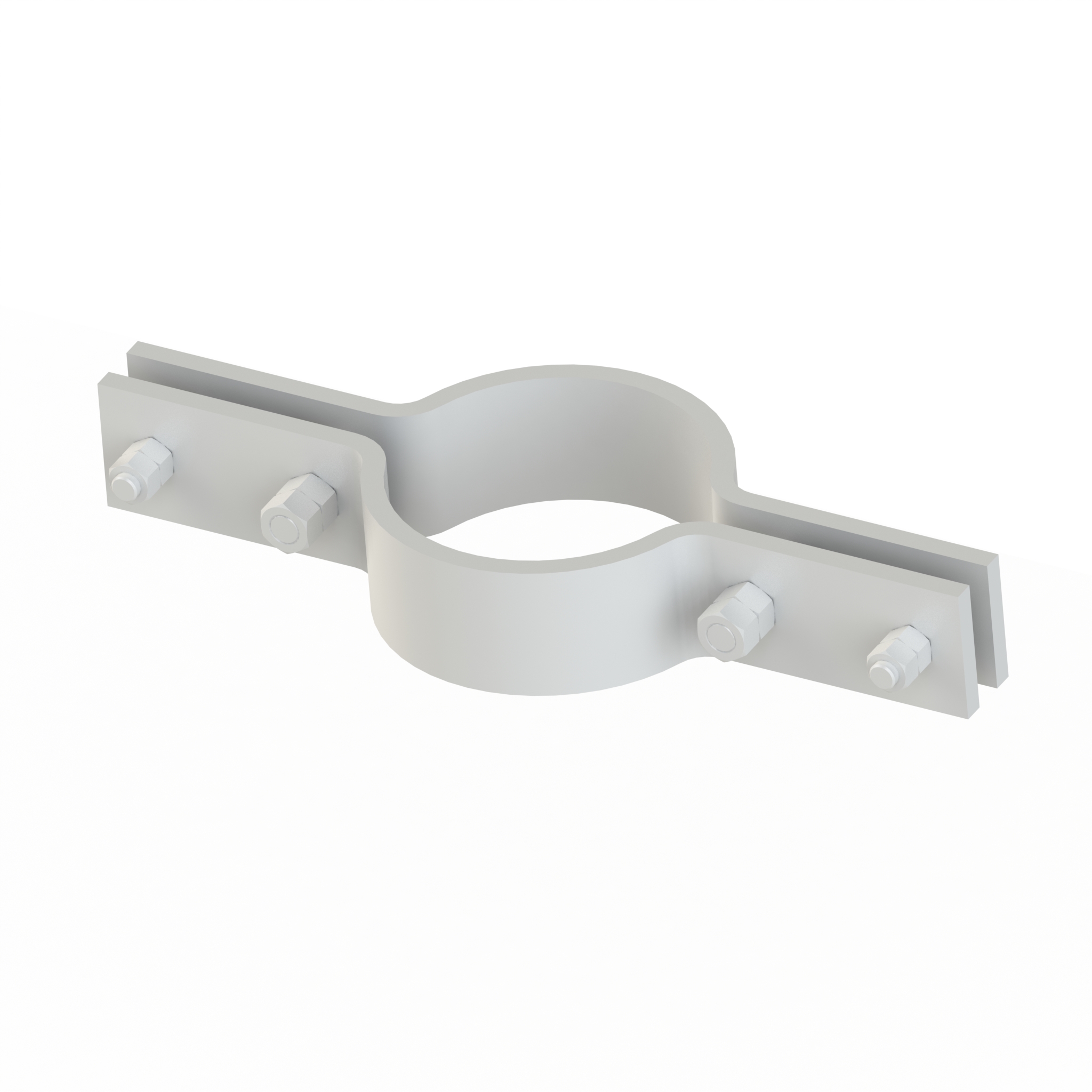 BG175
BG175RISER SUPPORT – HIGH TEMPERATURE
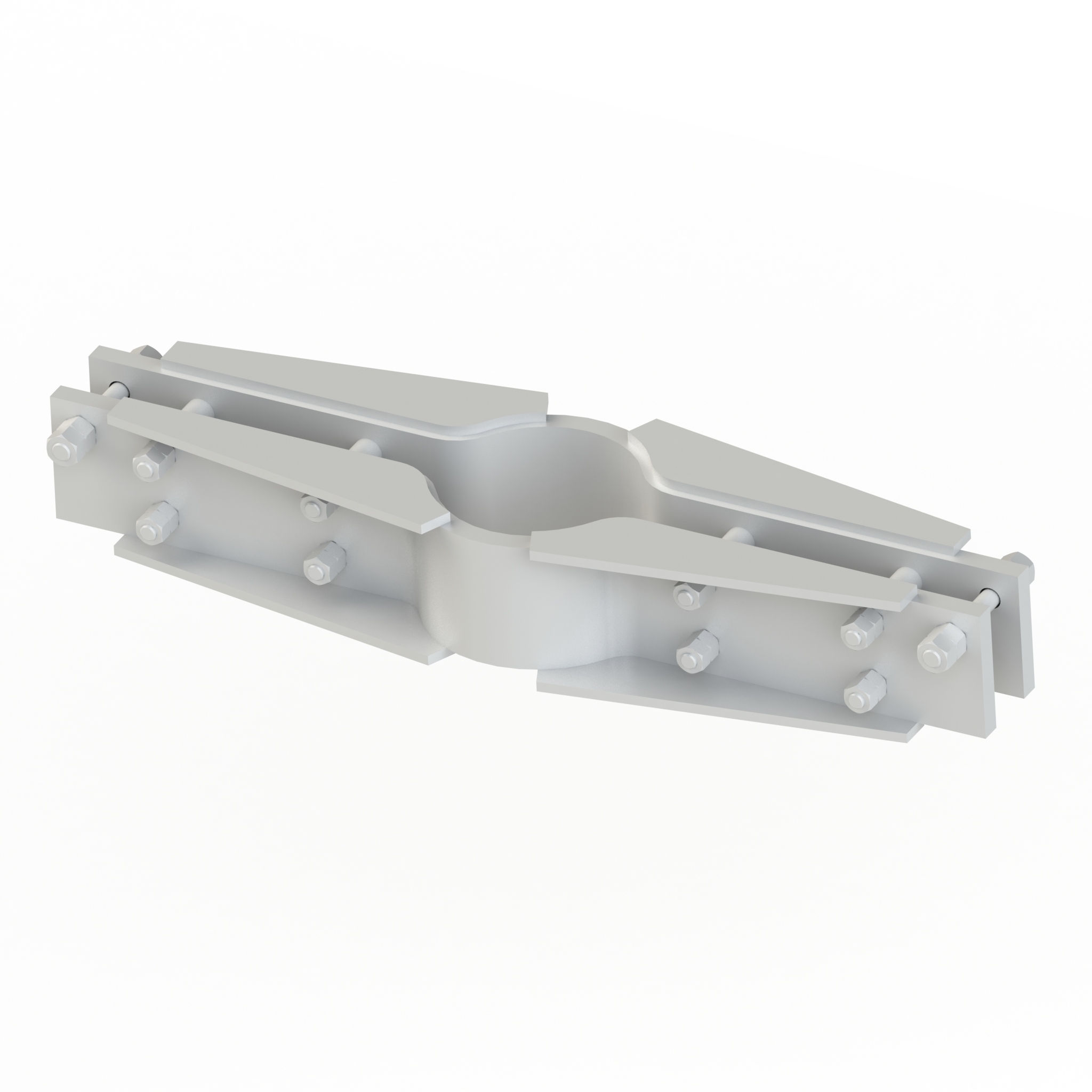 BG176
BG176ALLOY RISER SUPPORT - VERY HIGH TEMPERATURE
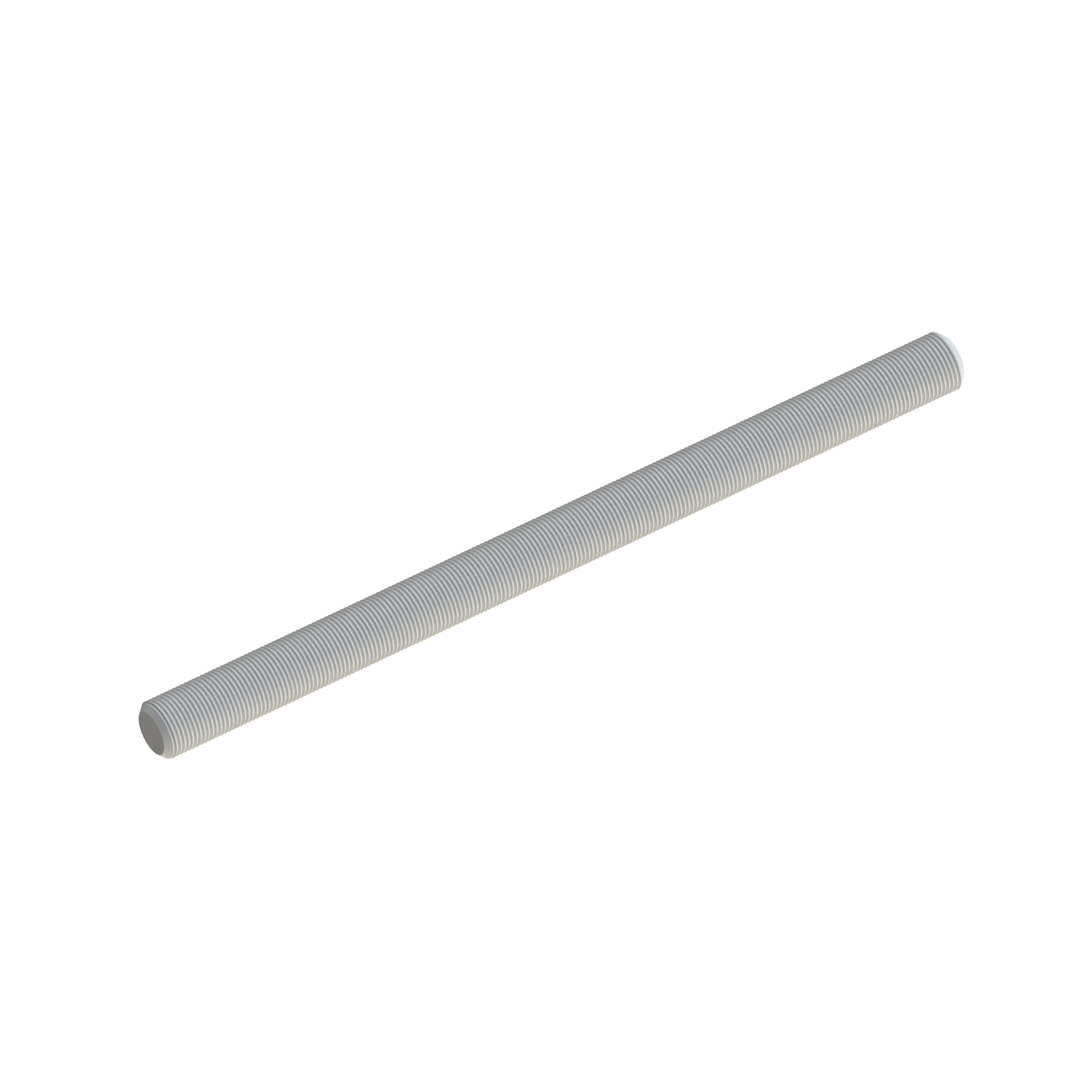 BG202
BG202ALLTHREAD ROD
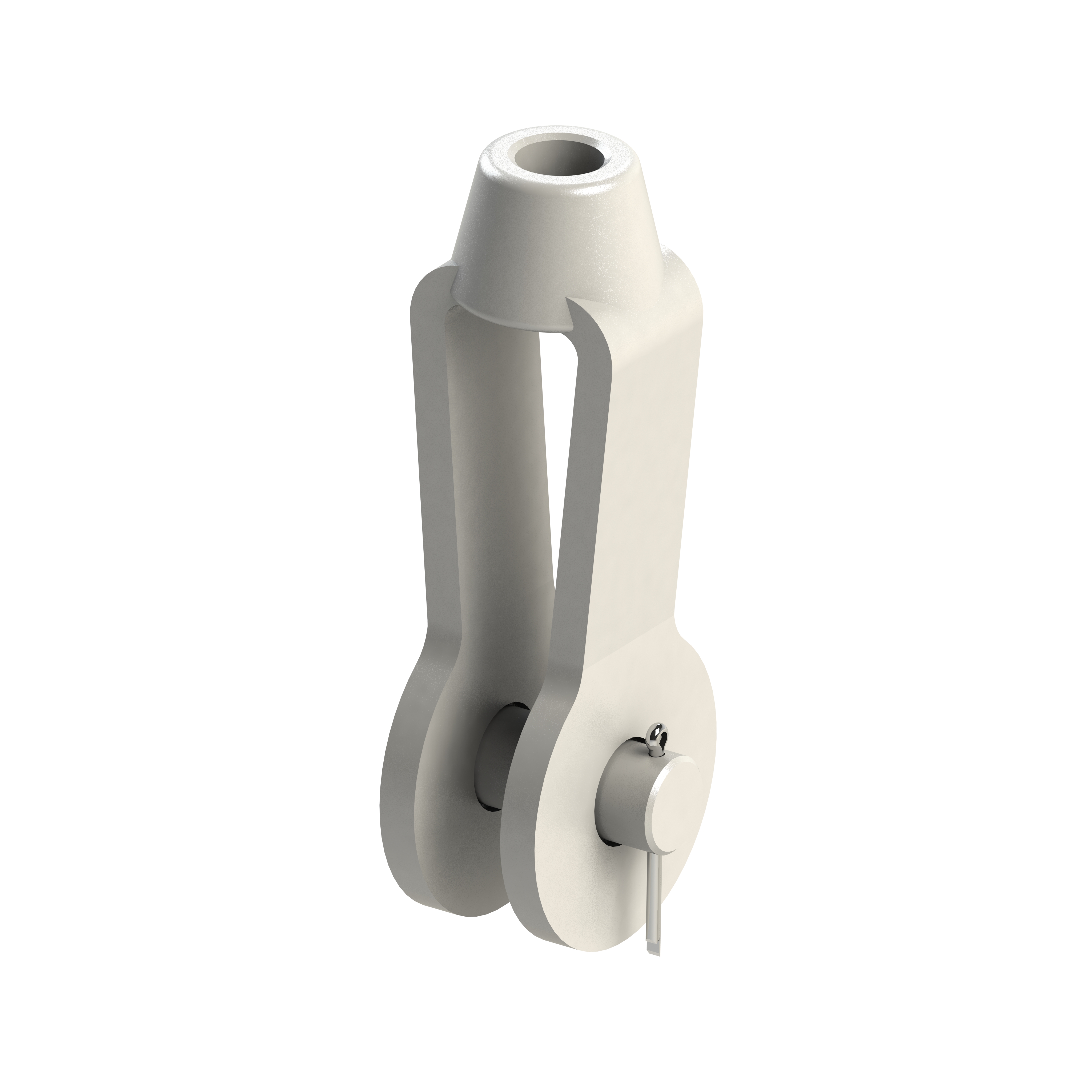 BG209
BG209FORGED CLEVIS AND PIN
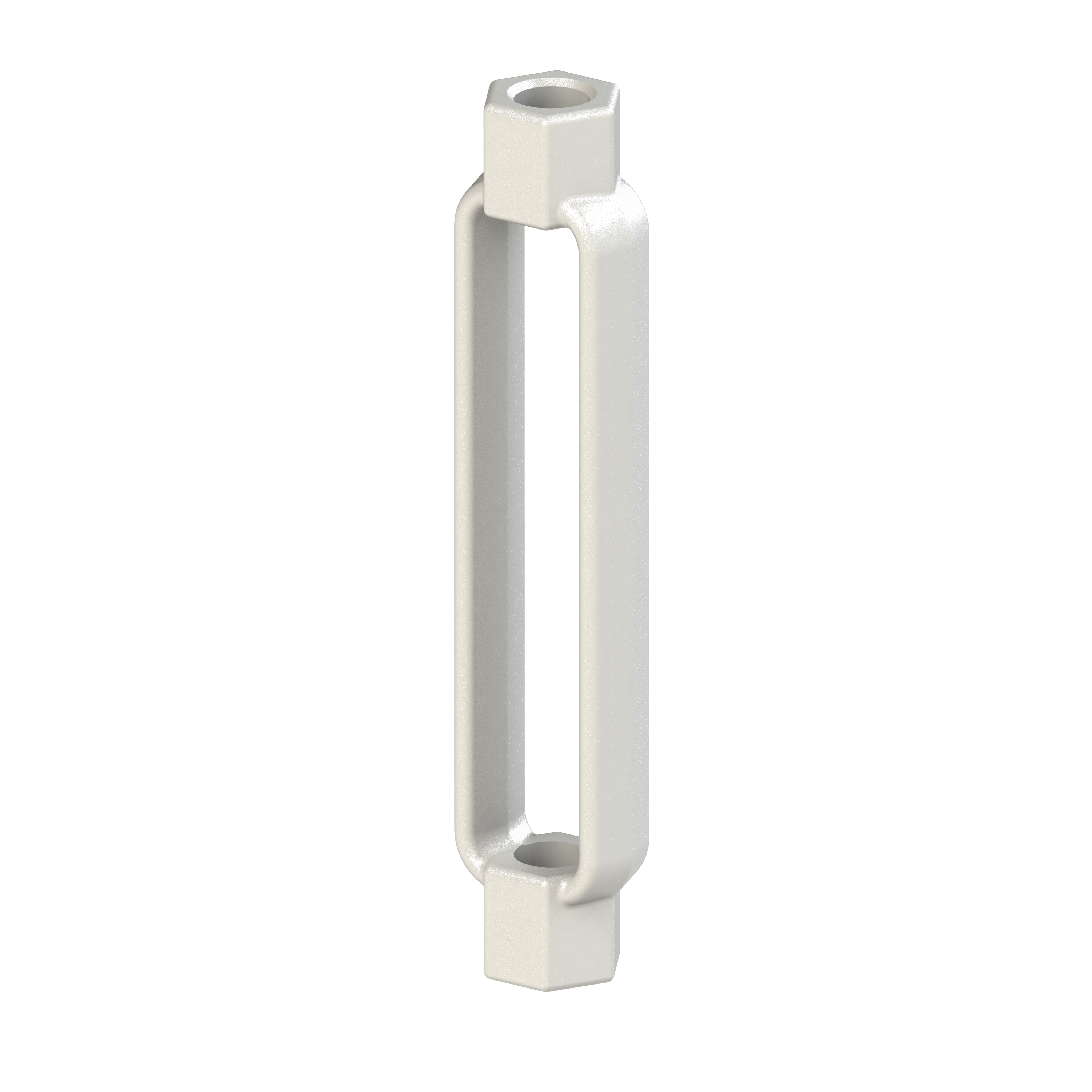 BG210
BG210FORGED TURNBUCKLE
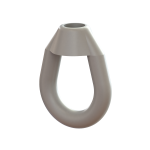 BG204
BG204FORGED WELDLESS EYE NUT
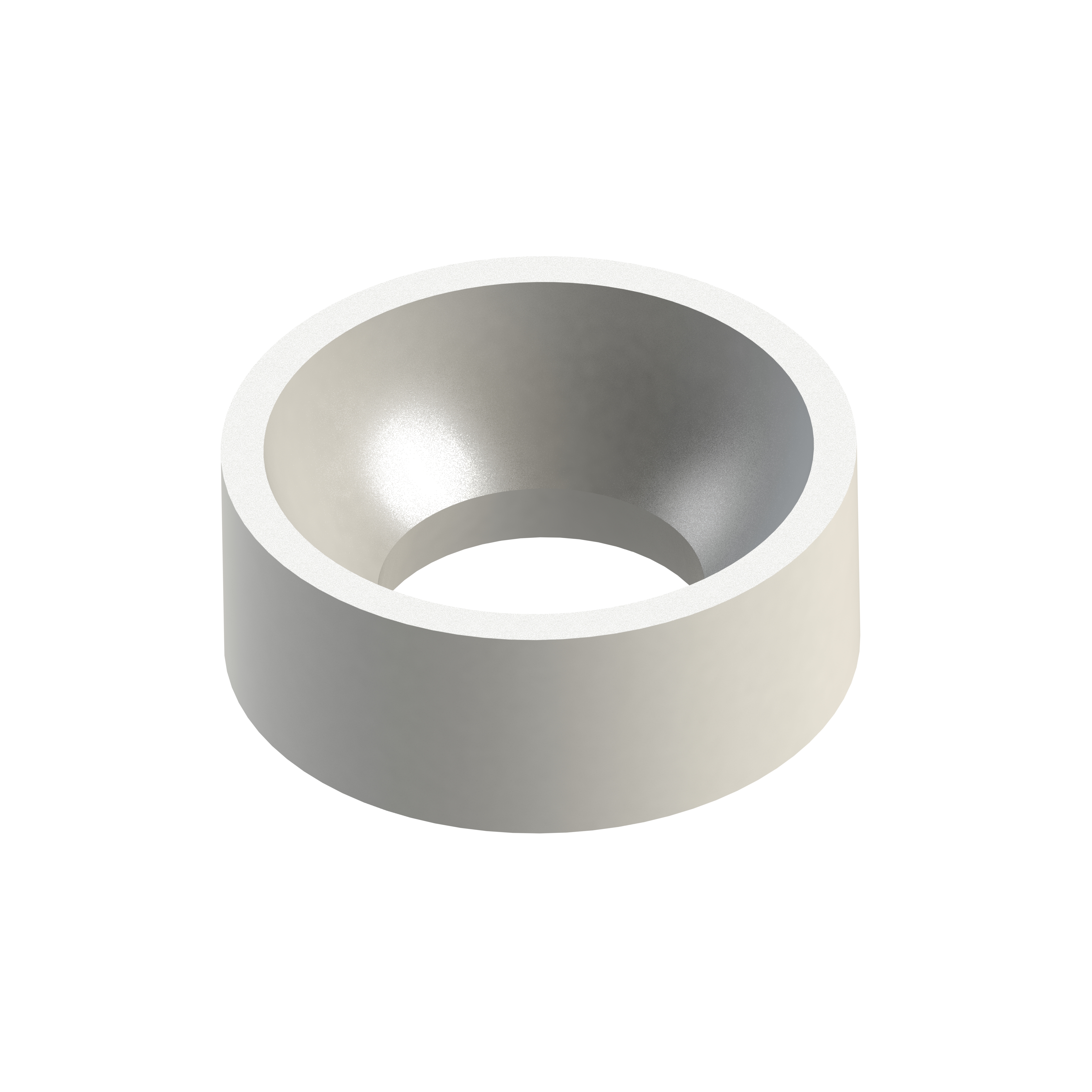 BG215
BG215HEMISPHERICAL CUP
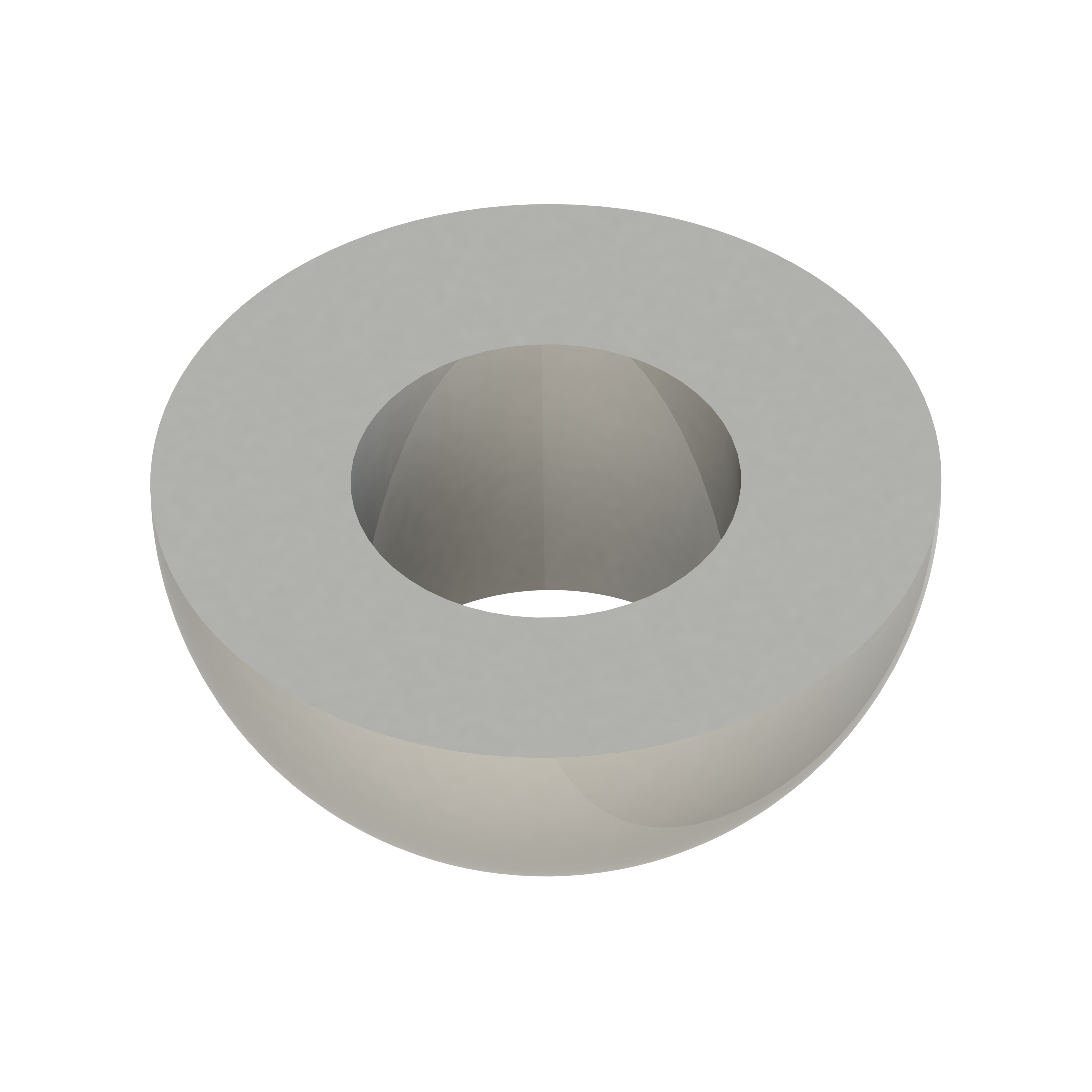 BG214
BG214HEMISPHERICAL WASHER
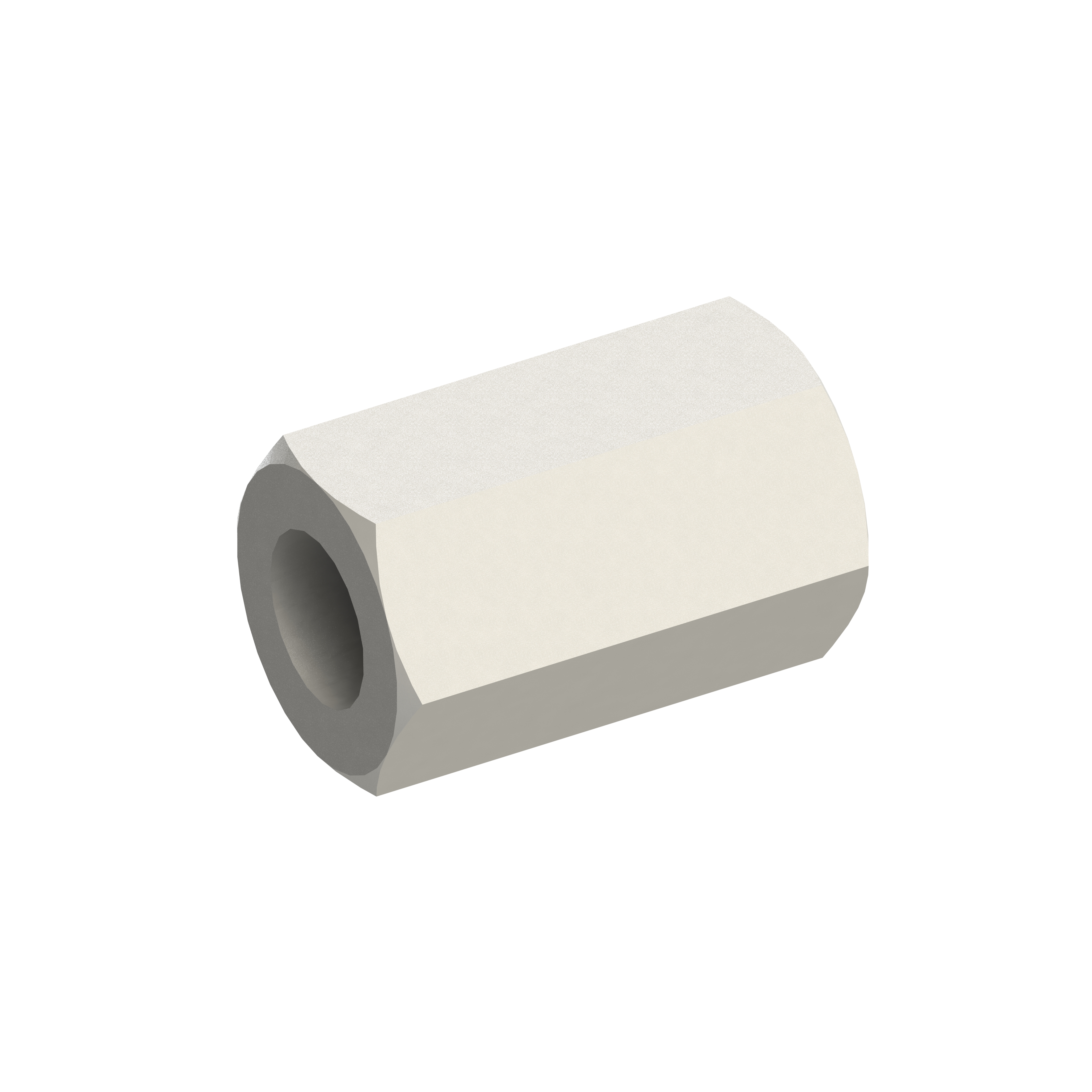 BG206
BG206HEXAGONAL CONNECTOR
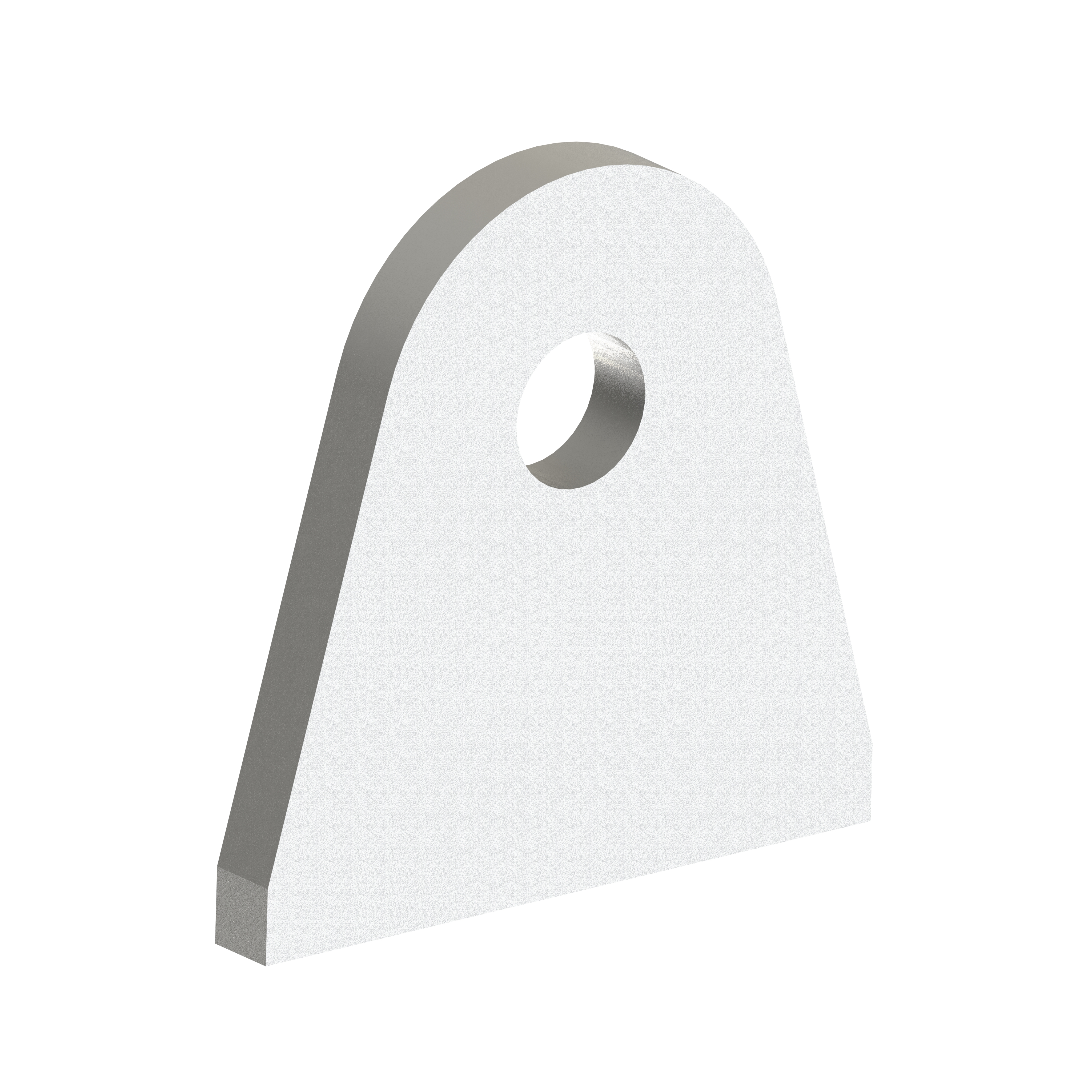 BG216
BG216PIPE WELDING LUG
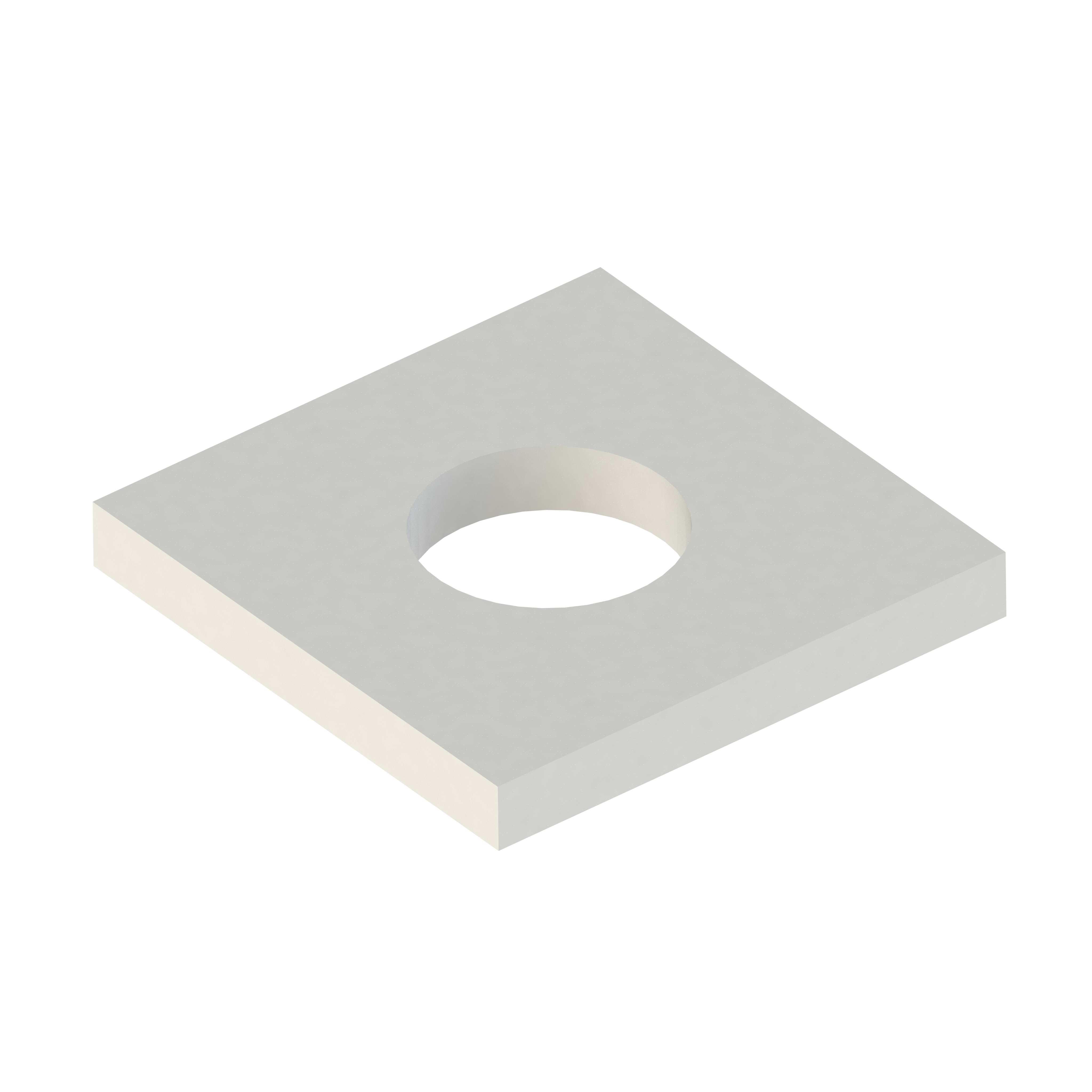 BG217
BG217PLATE WASHER
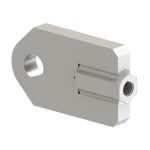 BG207
BG207SPADE NUT
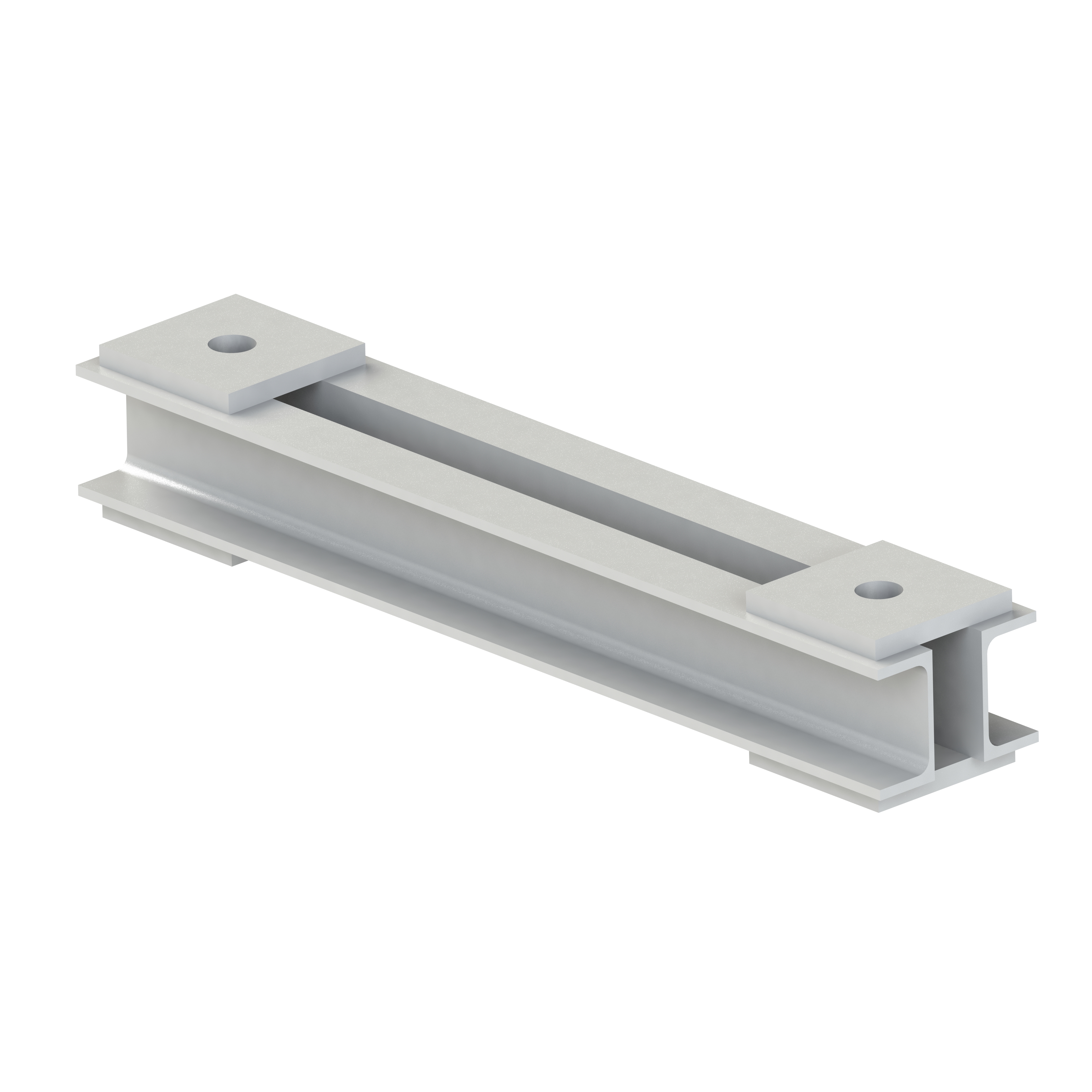 BG245
BG245STANDARD TRAPEZE
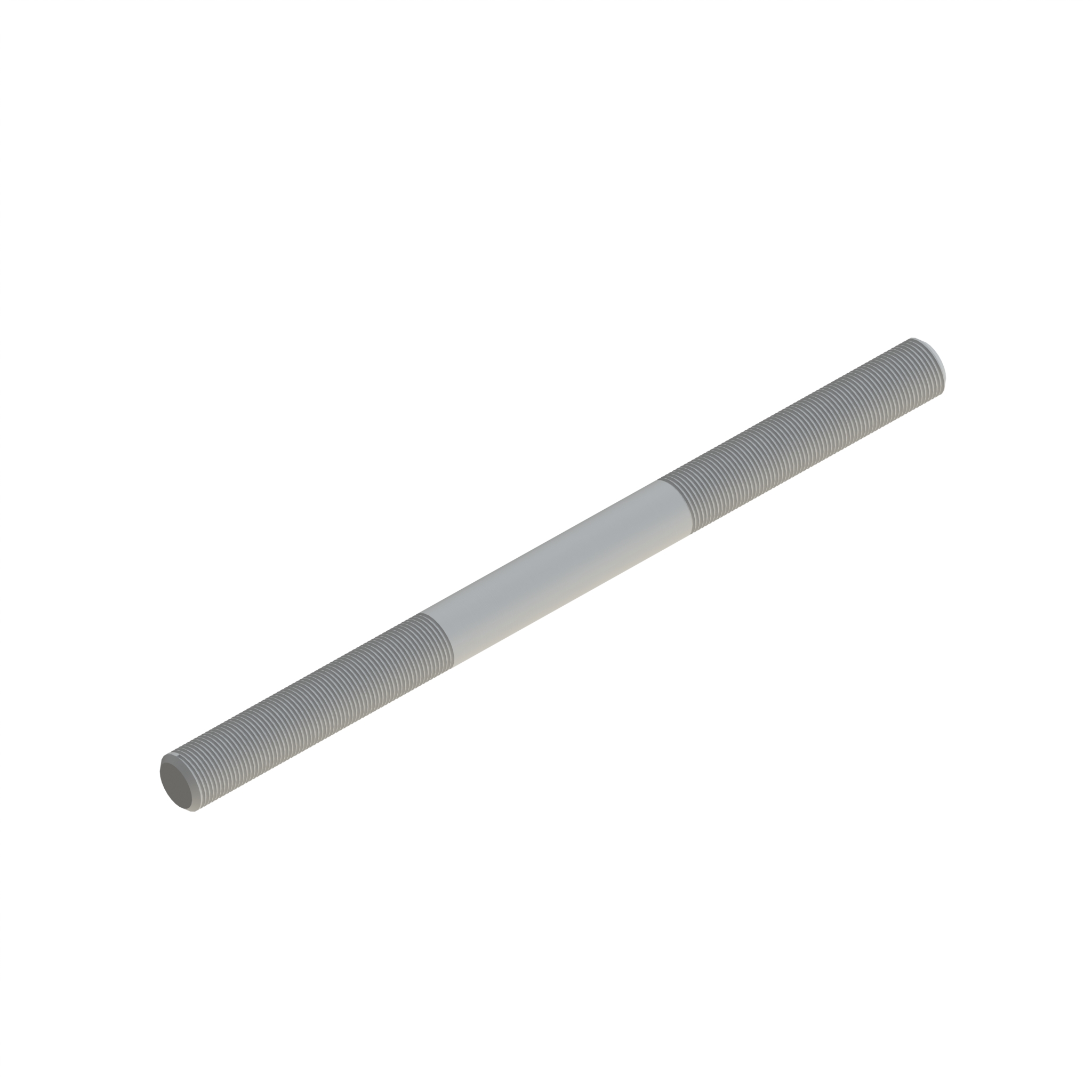 BG203
BG203THREADED DROP ROD – RH/LH
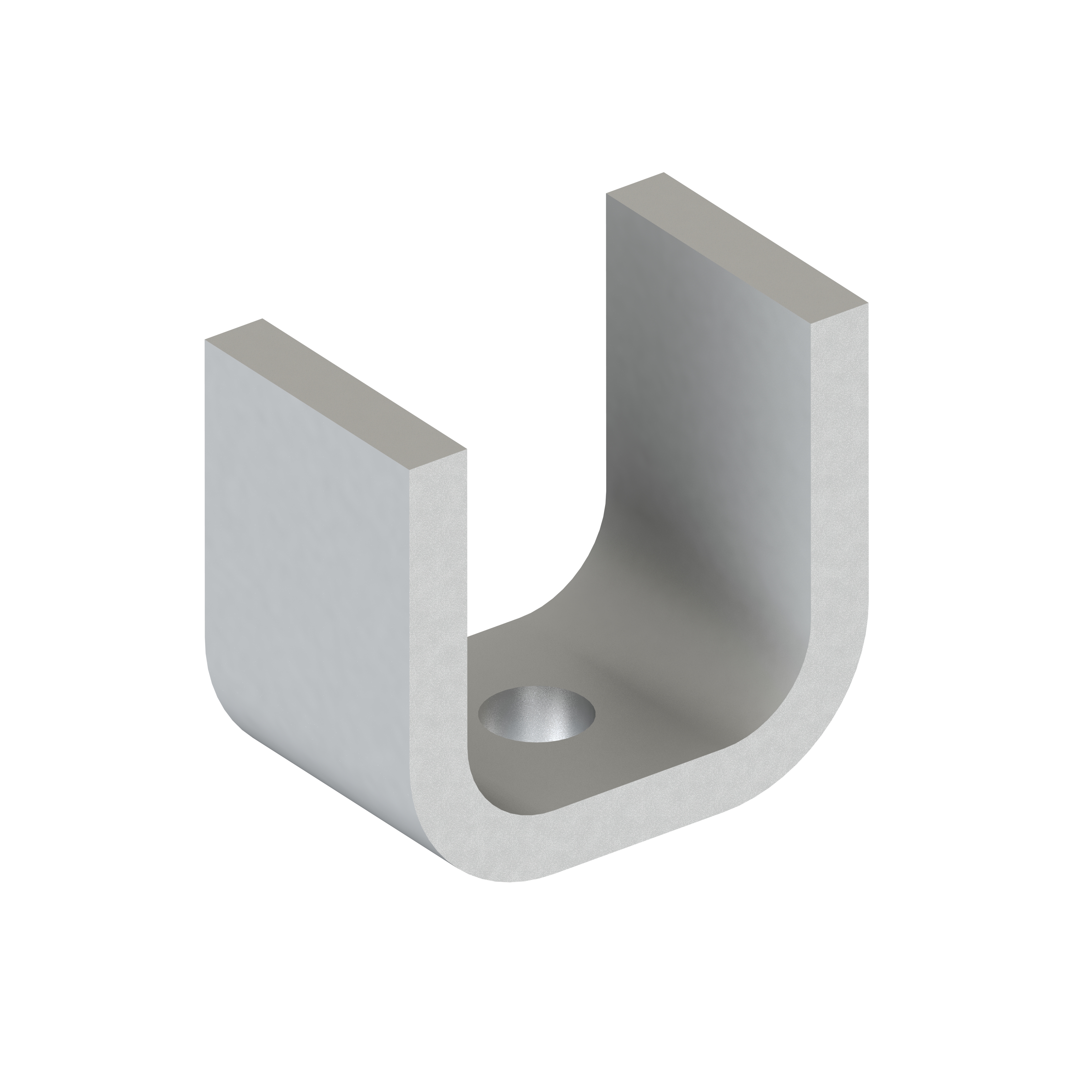 BG219
BG219WELDED BEAM ATTACHMENT
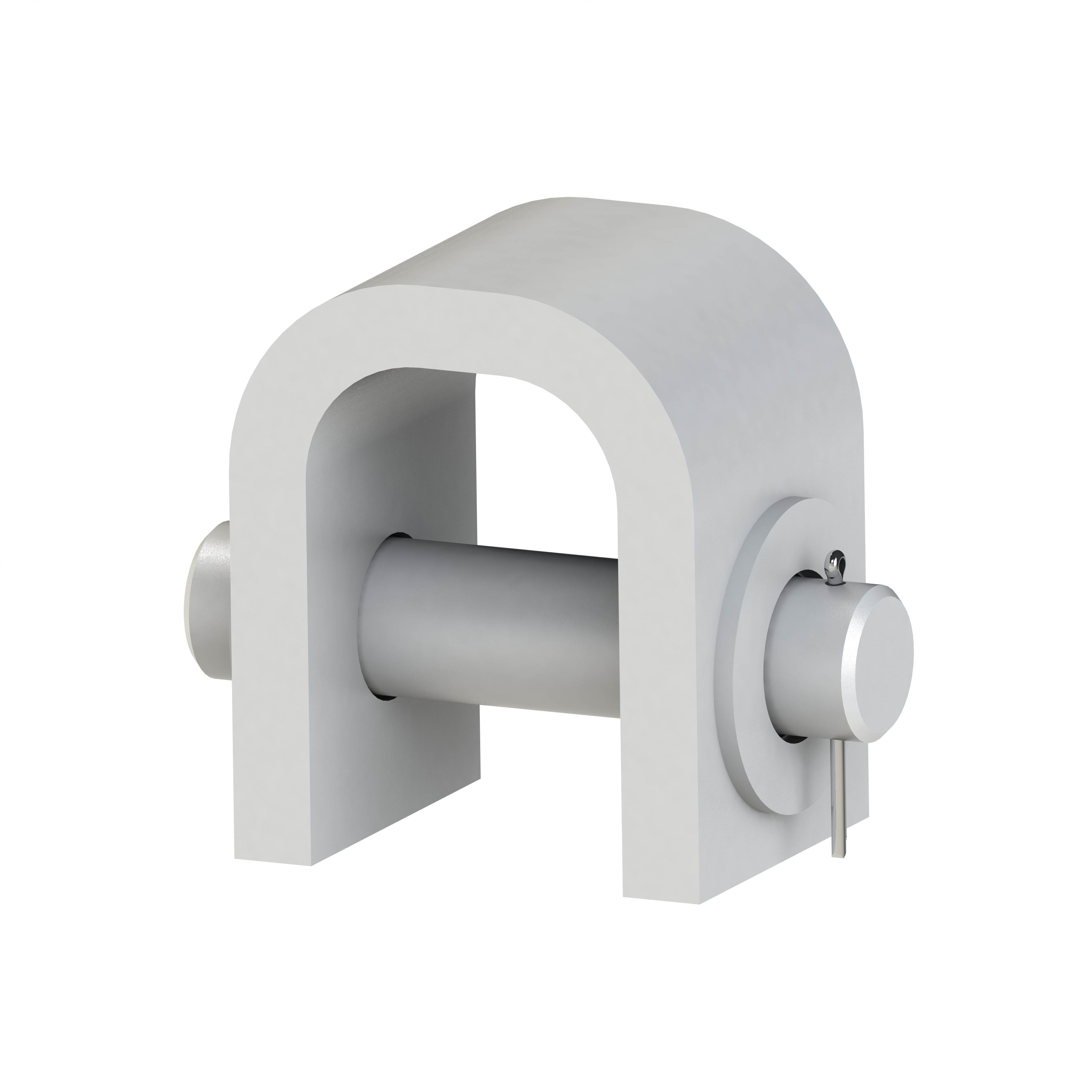 BG220
BG220WELDED BEAM ATTACHMENT (WITH LOAD PIN)
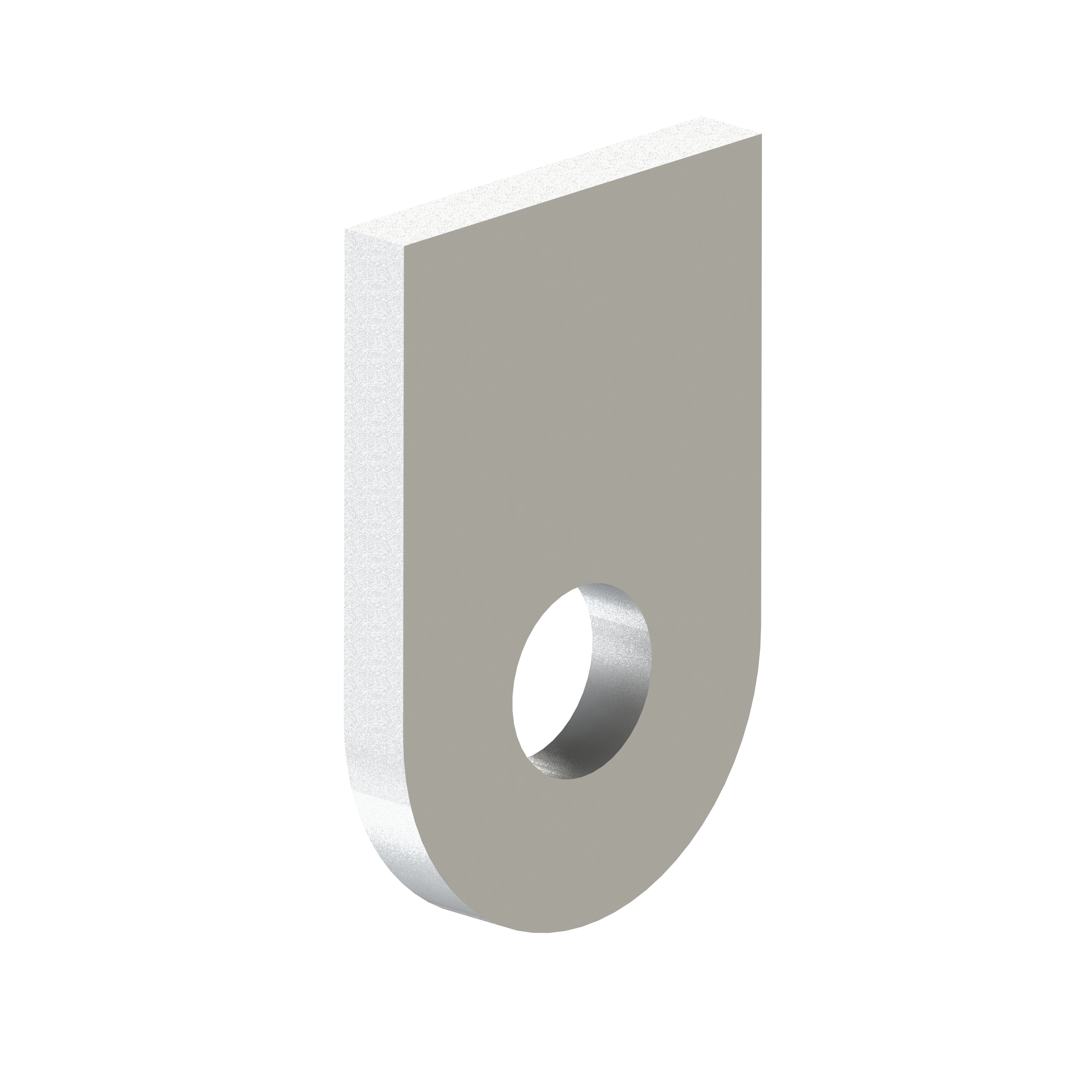 BG225
BG225WELDING LUG
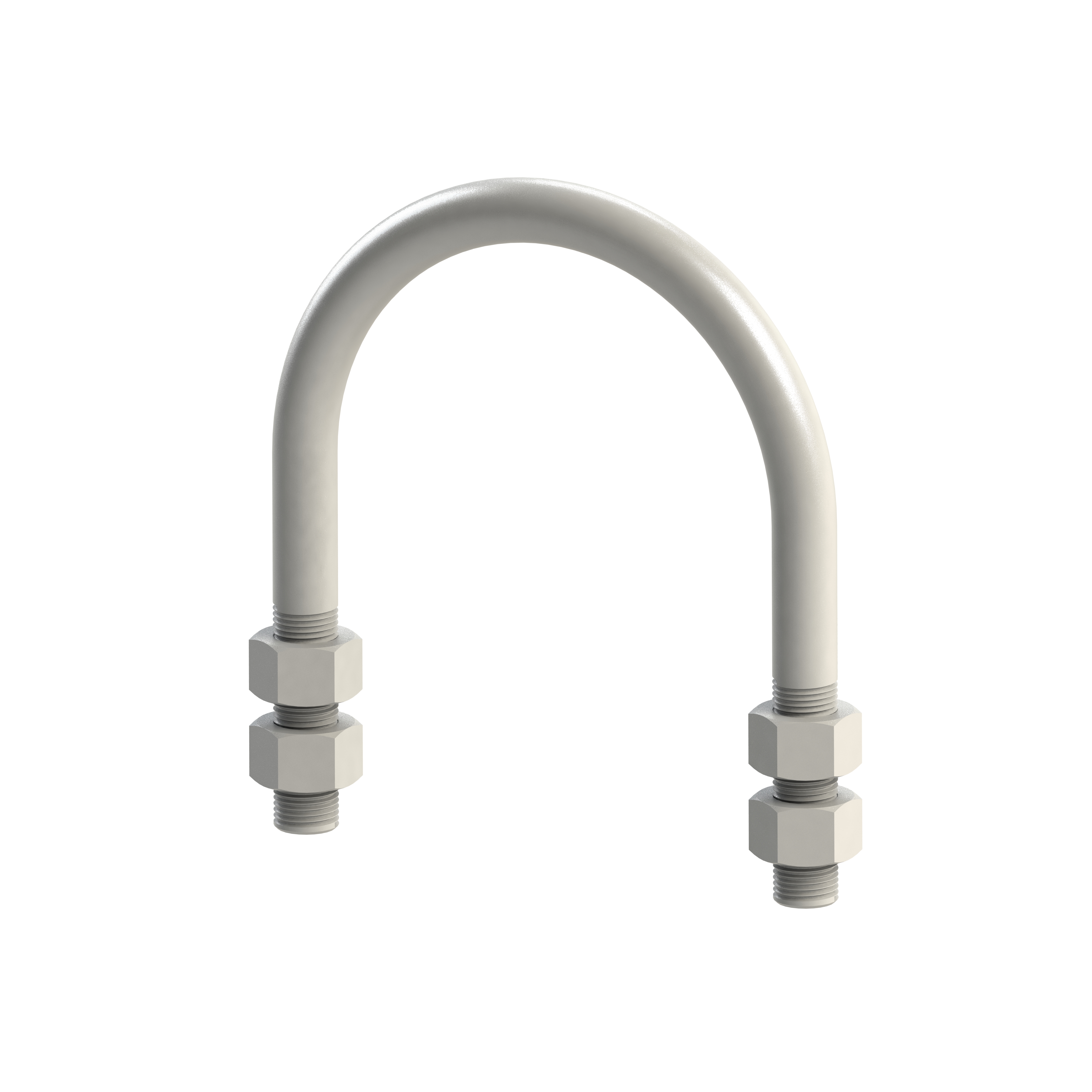 BG180
BG180U-BOLT GUIDE
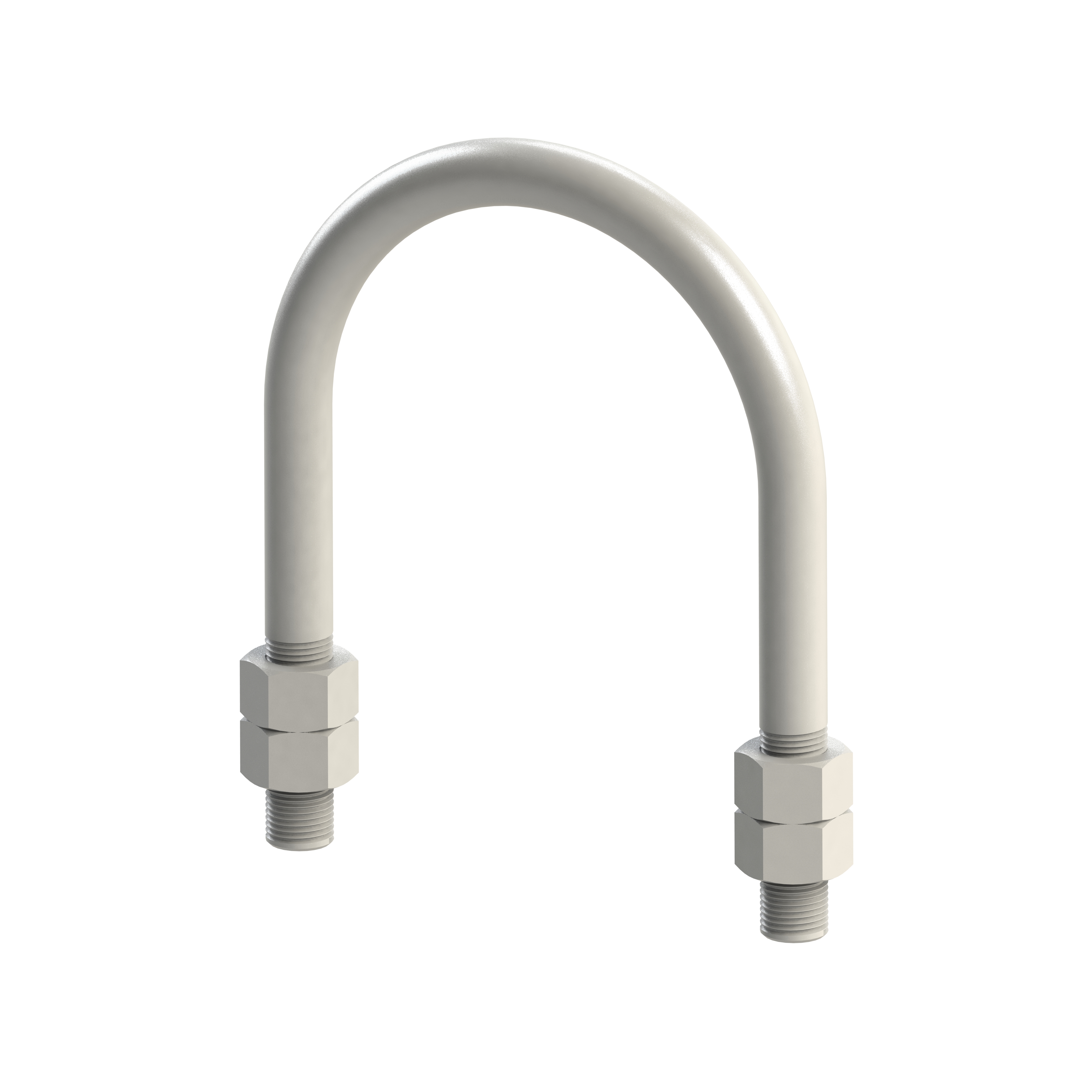 BG181
BG181U-BOLT CLAMP
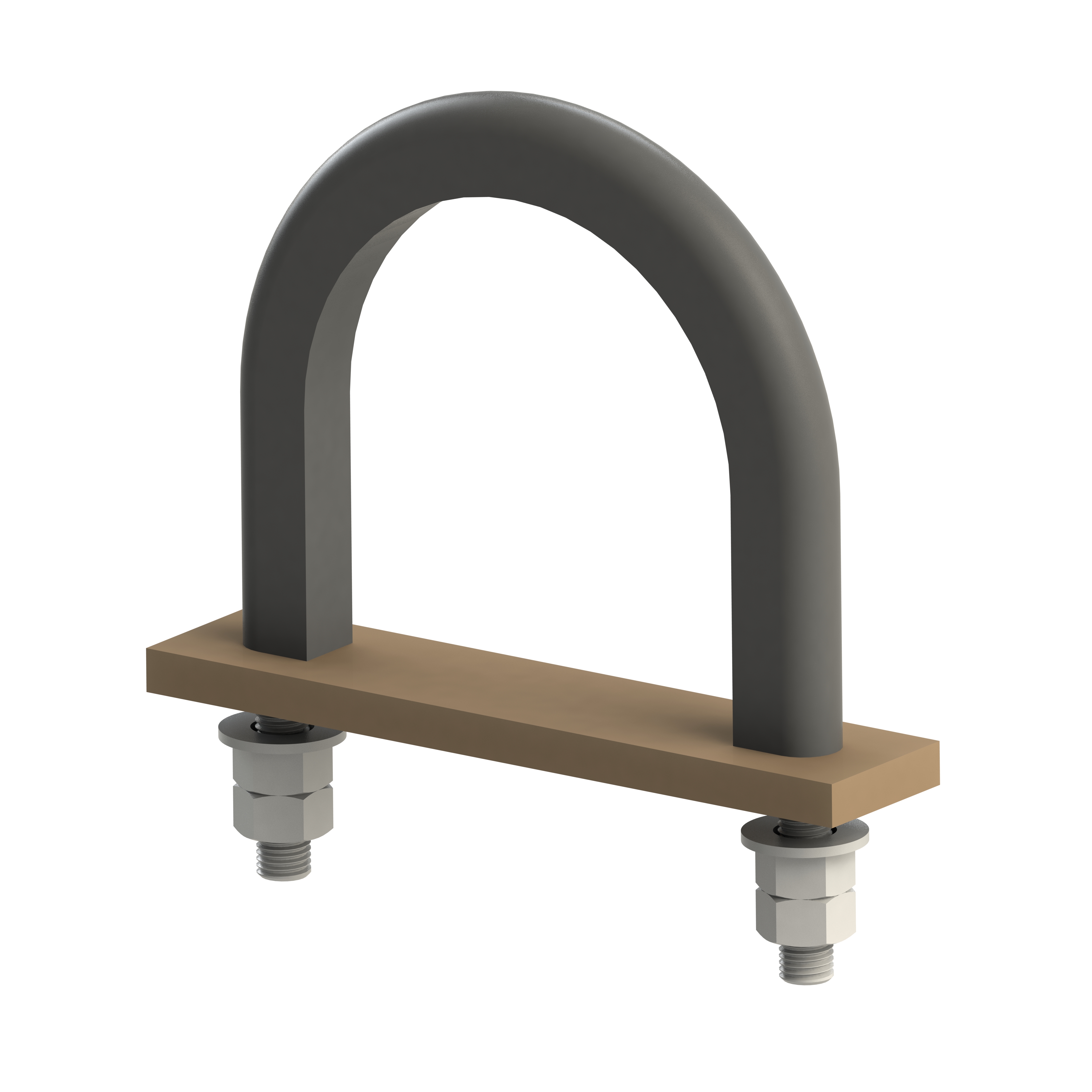 BG150
BG150INSULATED U-BOLT CLAMP
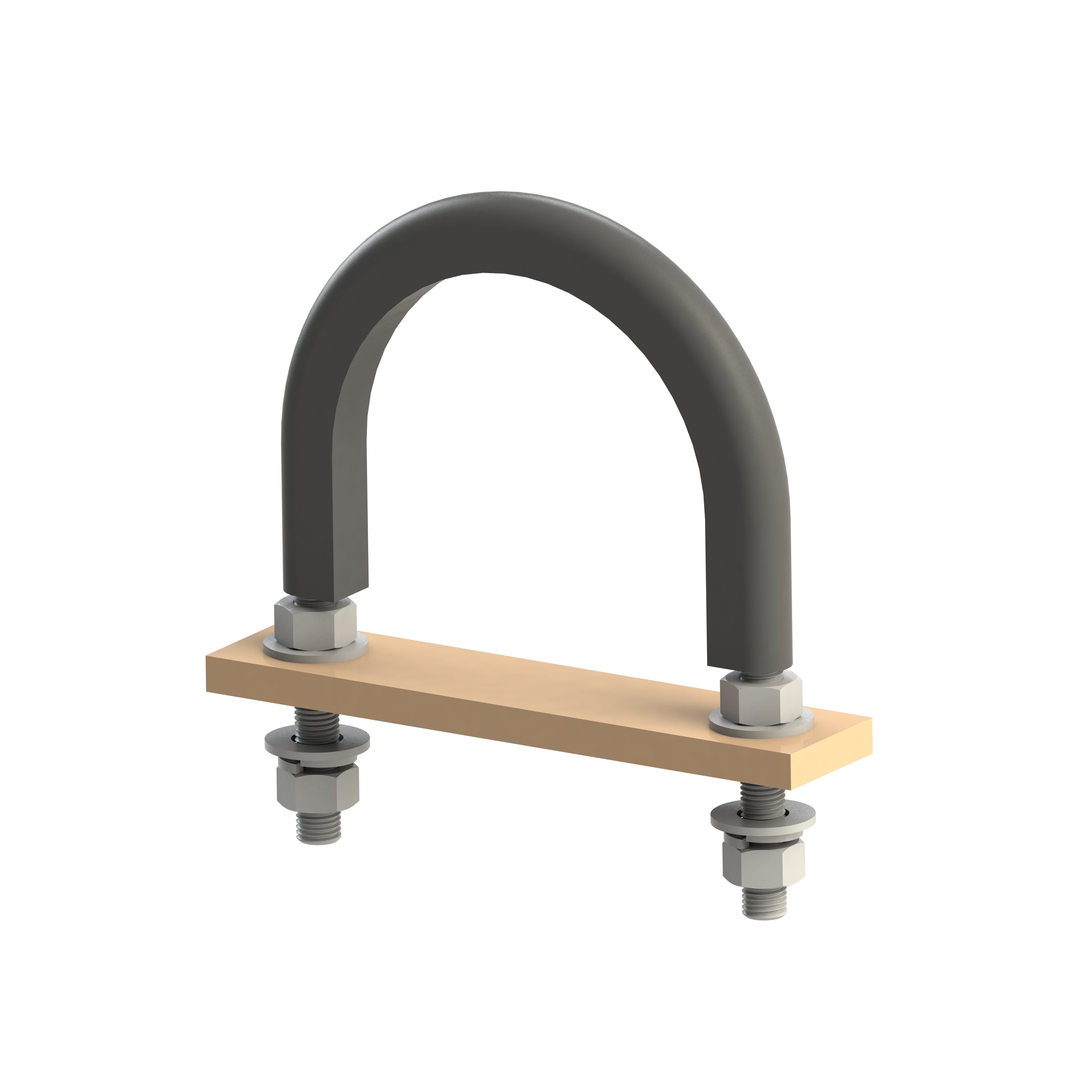 BG152
BG152INSULATED U-BOLT GUIDE
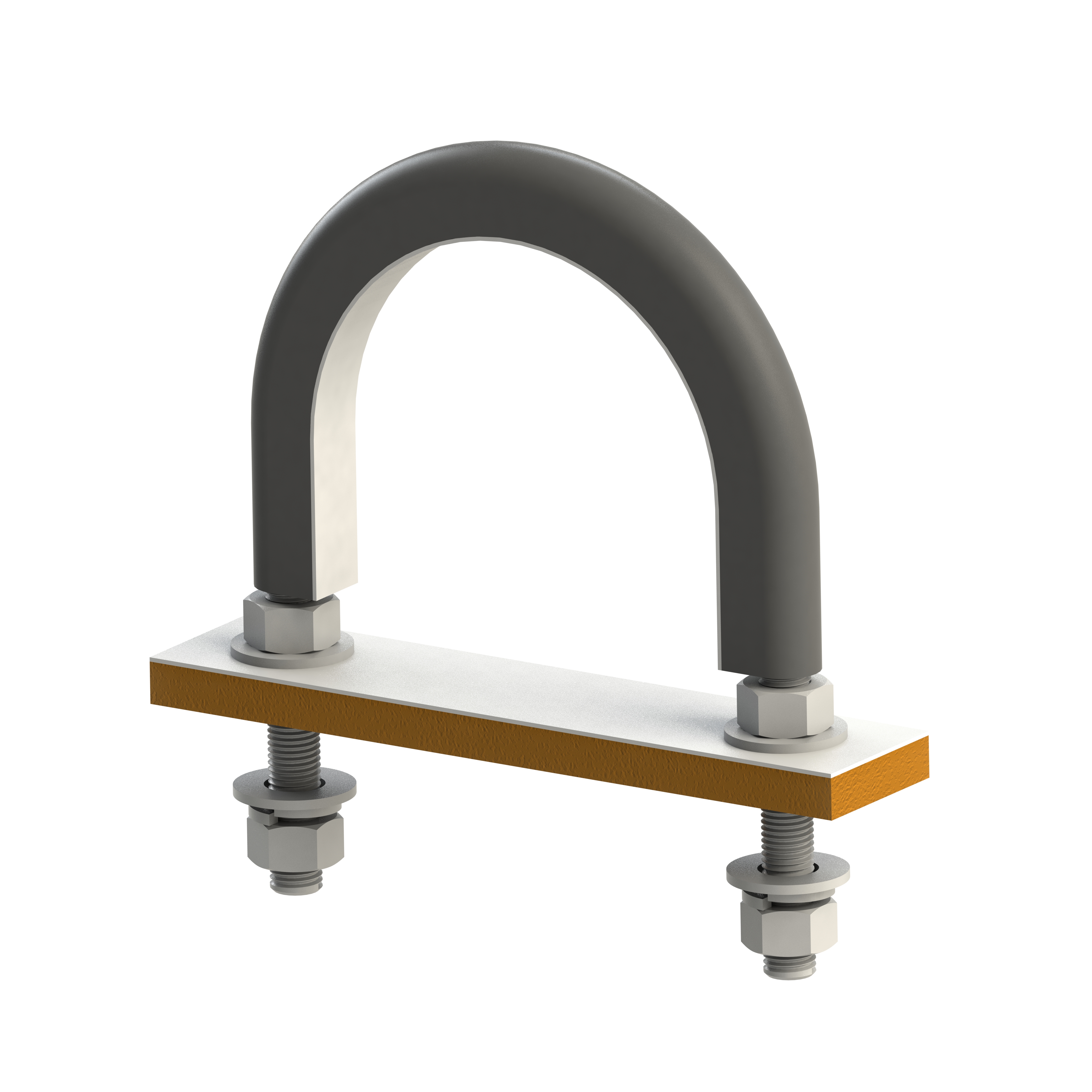 BG154
BG154INSULATED U-BOLT GUIDE (WITH TEFLON)
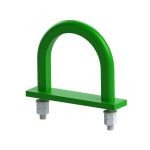 BG190
BG190INSULATED U-BOLT CLAMP
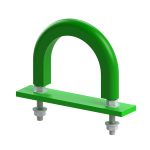 BG192
BG192INSULATED U-BOLT GUIDE
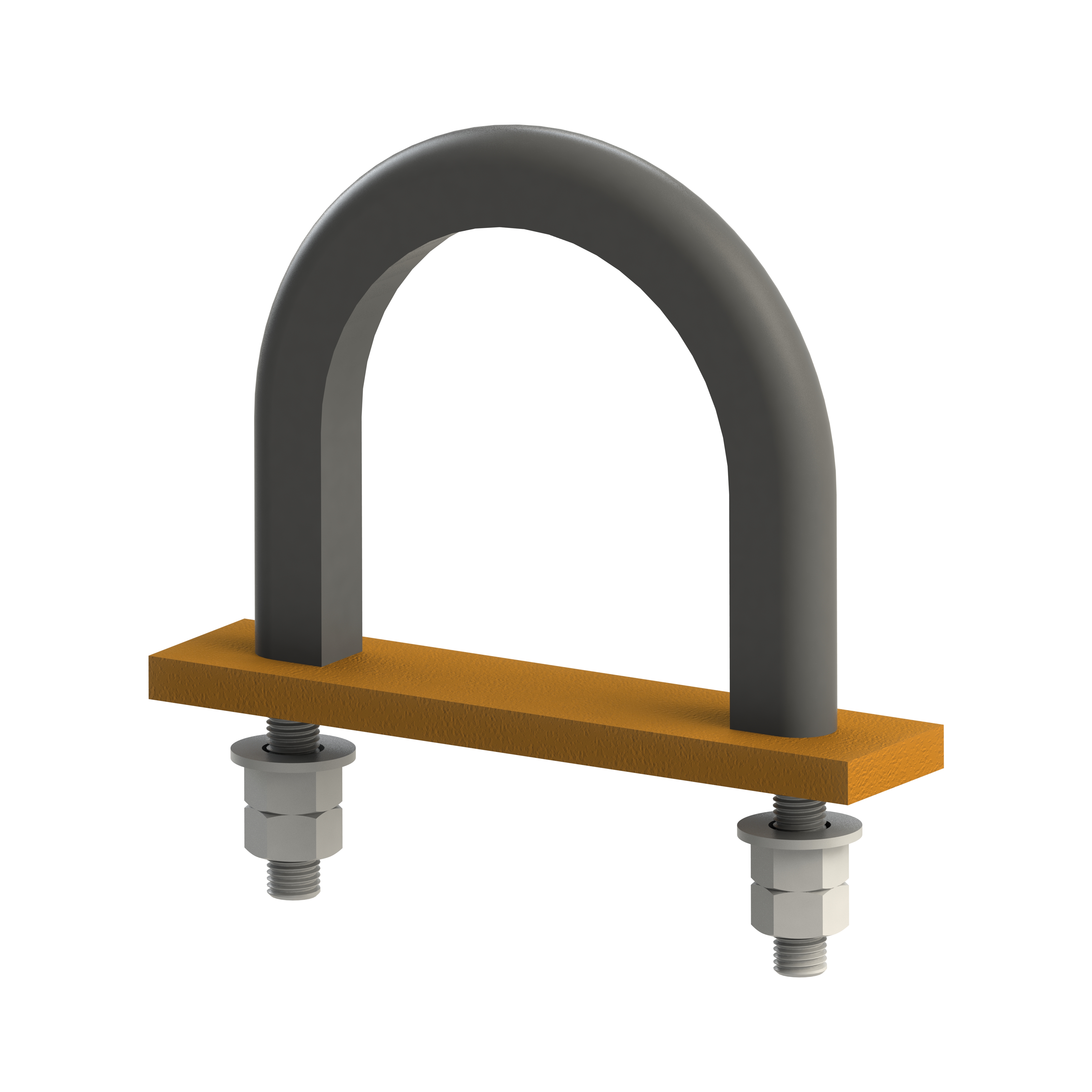 BG151
BG151INSULATED U-BOLT CLAMP FOR CU/NI
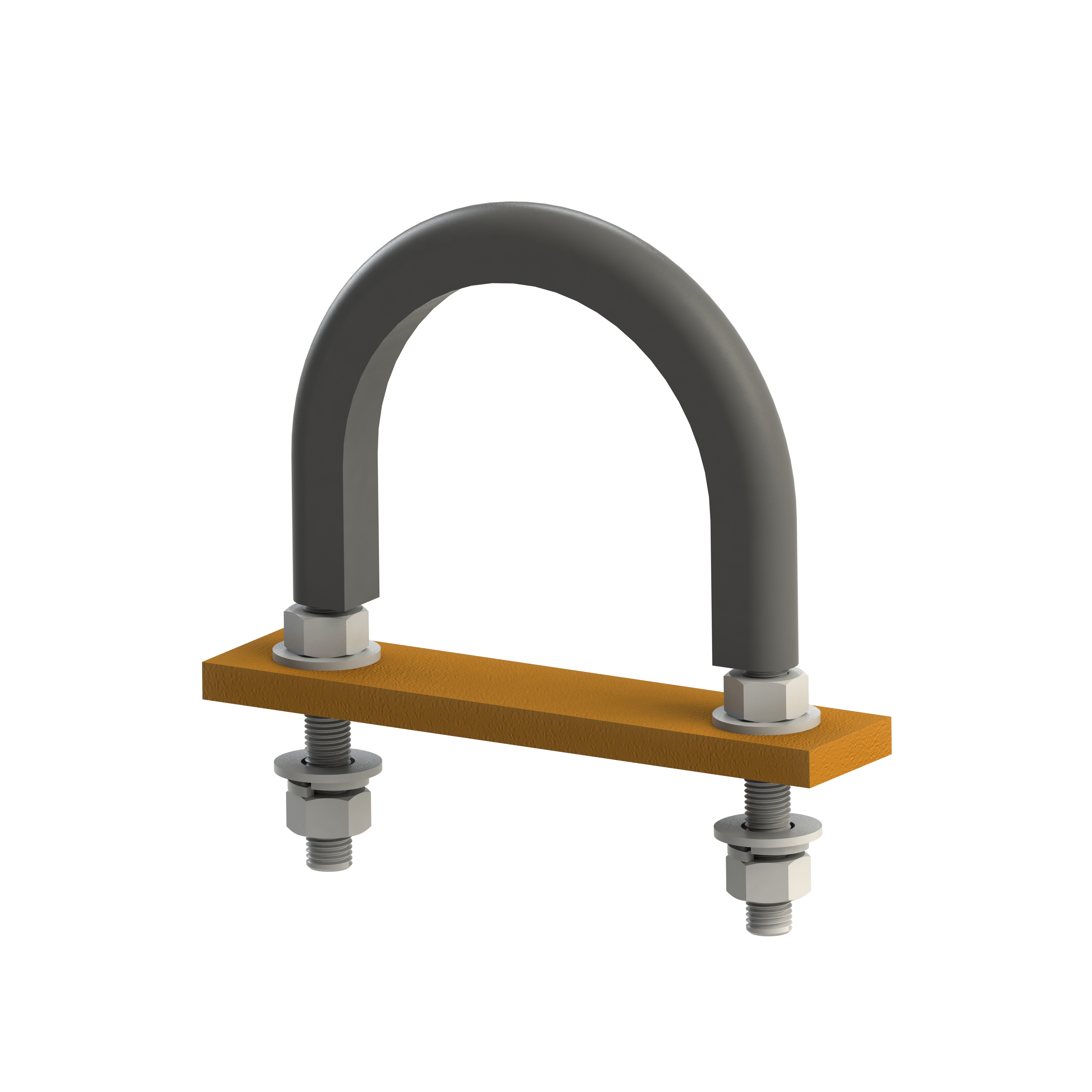 BG153
BG153INSULATED U-BOLT GUIDE FOR CU/NI
For Cu/Ni Pipe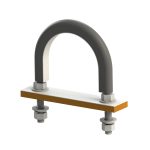 BG155
BG155INSULATED U-BOLT GUIDE (WITH TEFLON)
For Cu/Ni Pipe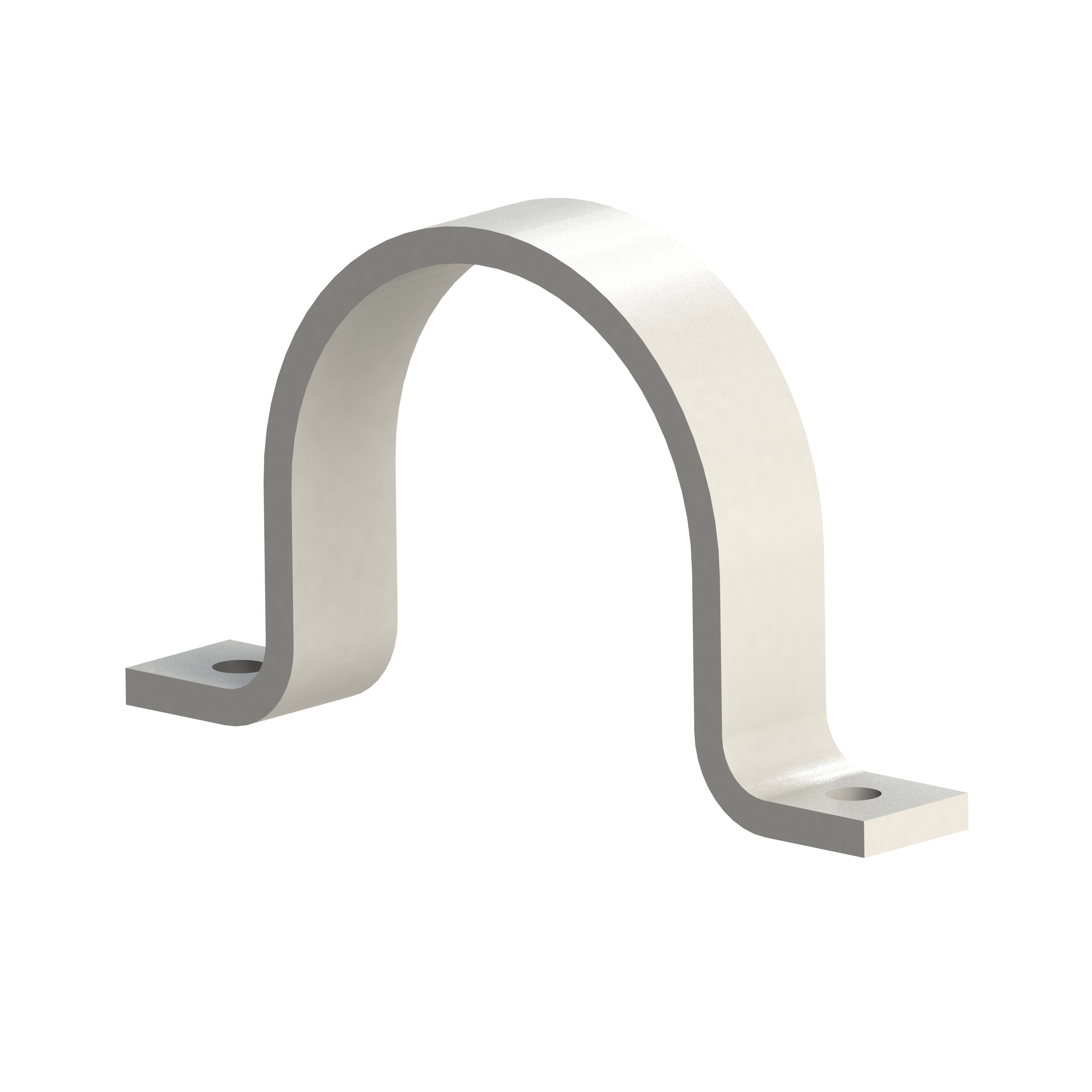 BG177
BG177SADDLE GUIDE
 BG178
BG178SADDLE CLAMP
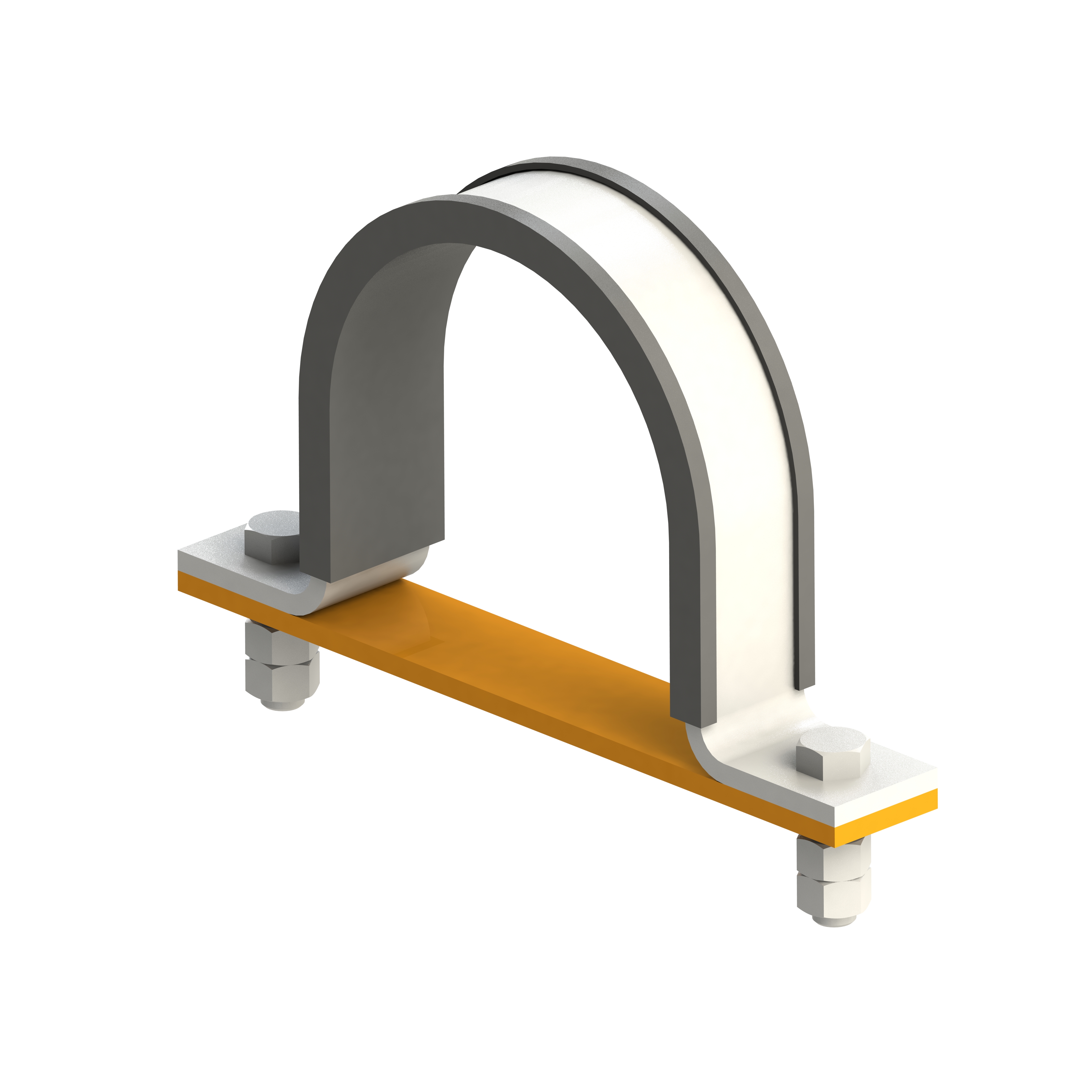 BG160
BG160INSULATED PIPE SADDLE
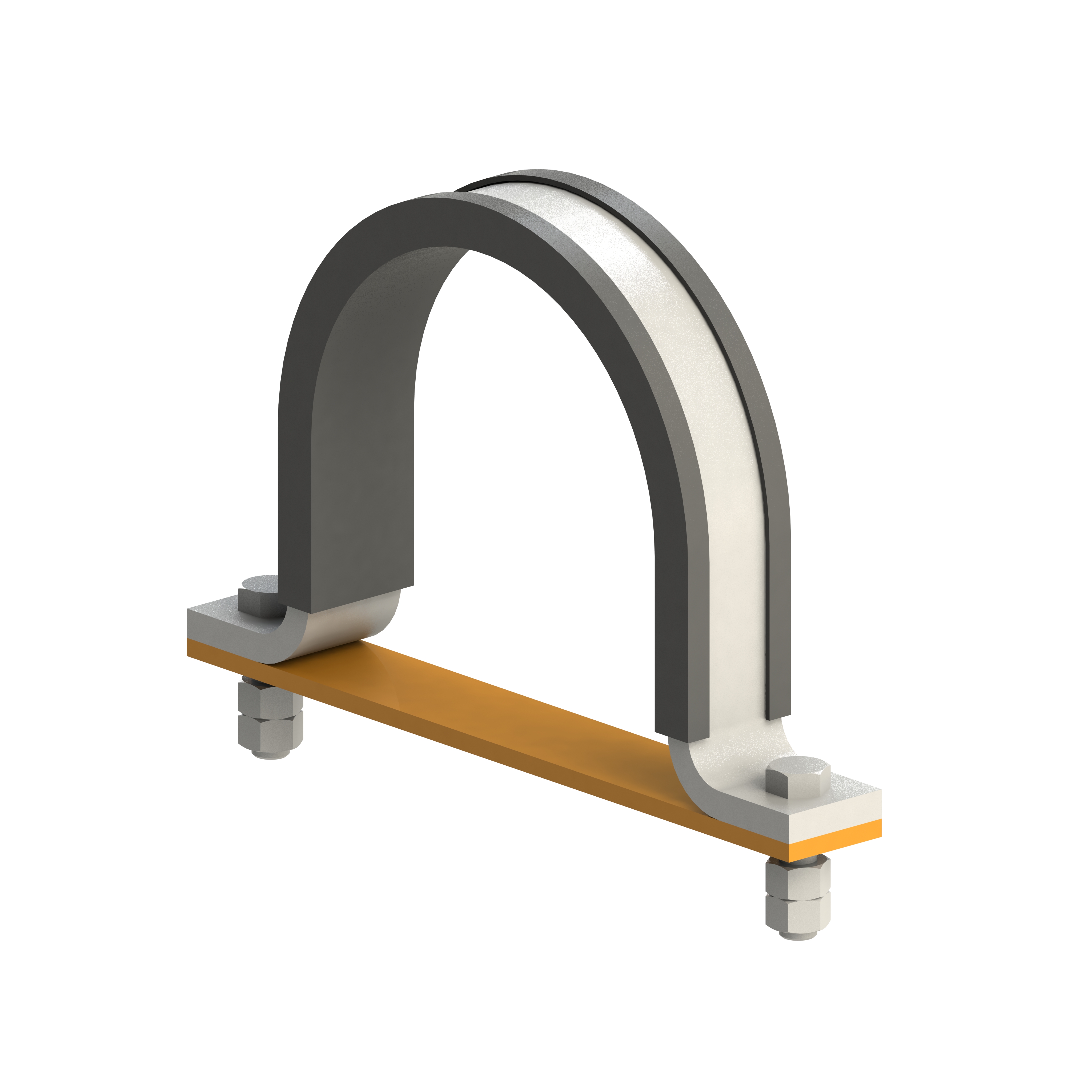 BG161
BG161INSULATED PIPE SADDLE
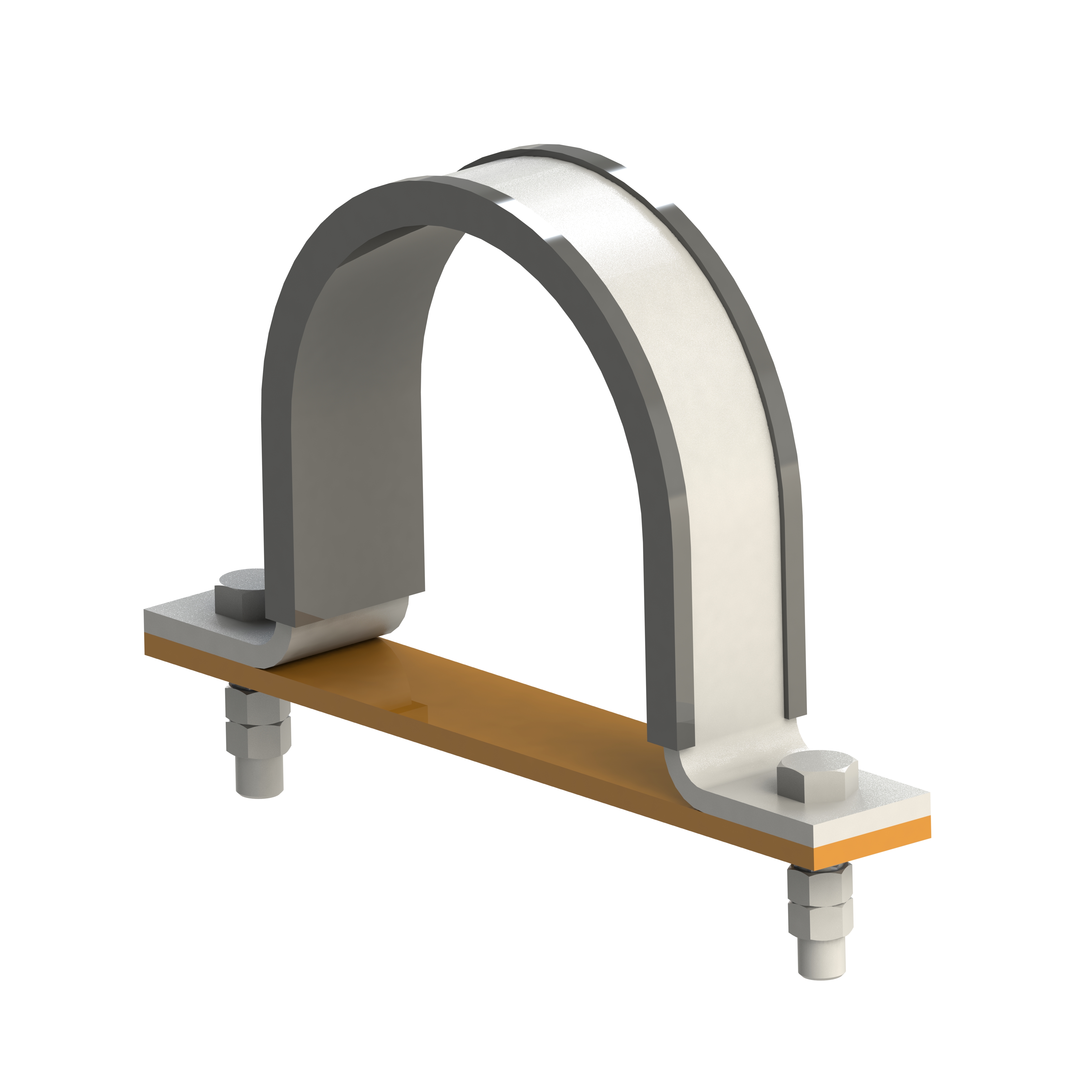 BG162
BG162INSULATED PIPE SADDLE
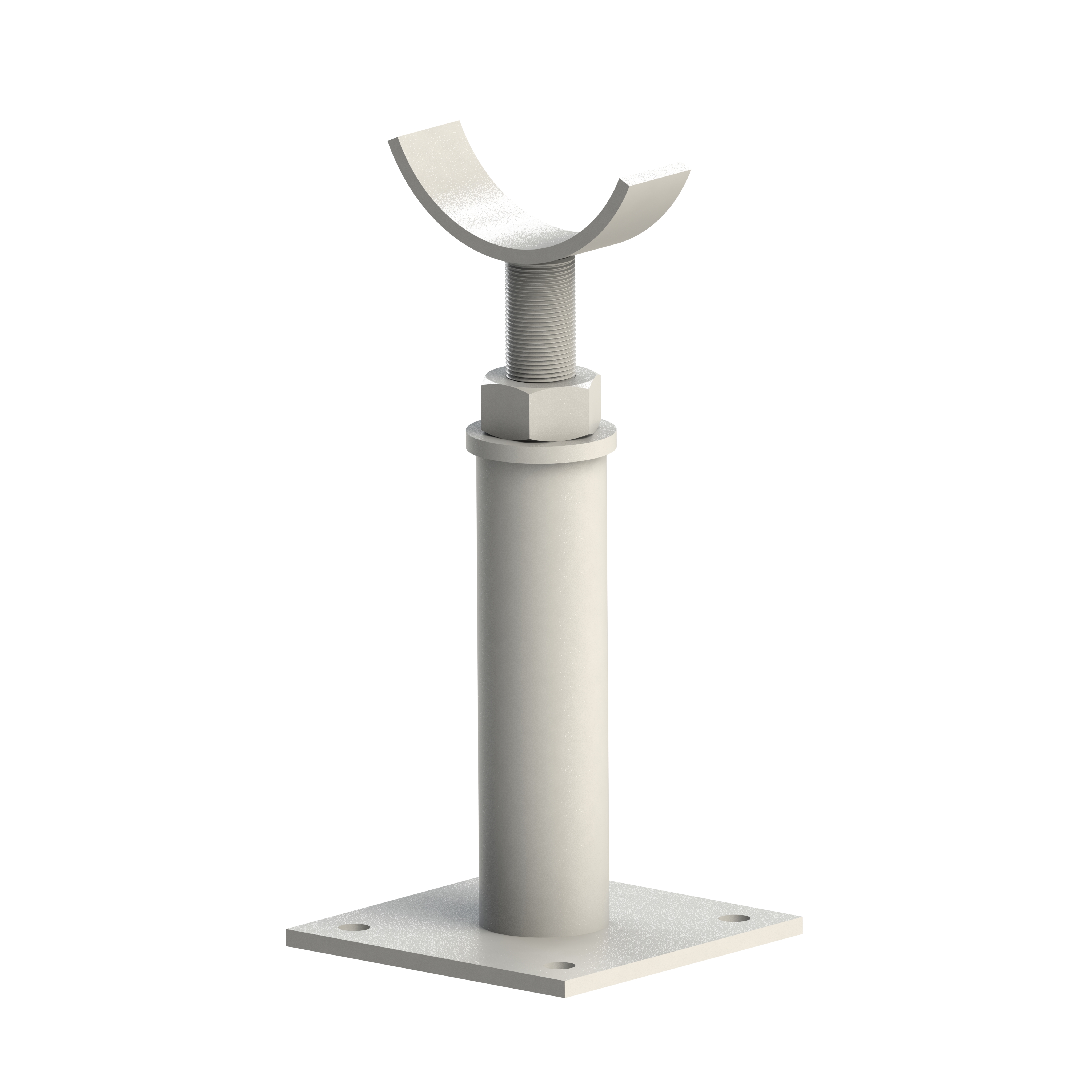 BG135-136
BG135-136ADJUSTABLE PIPE STANDS
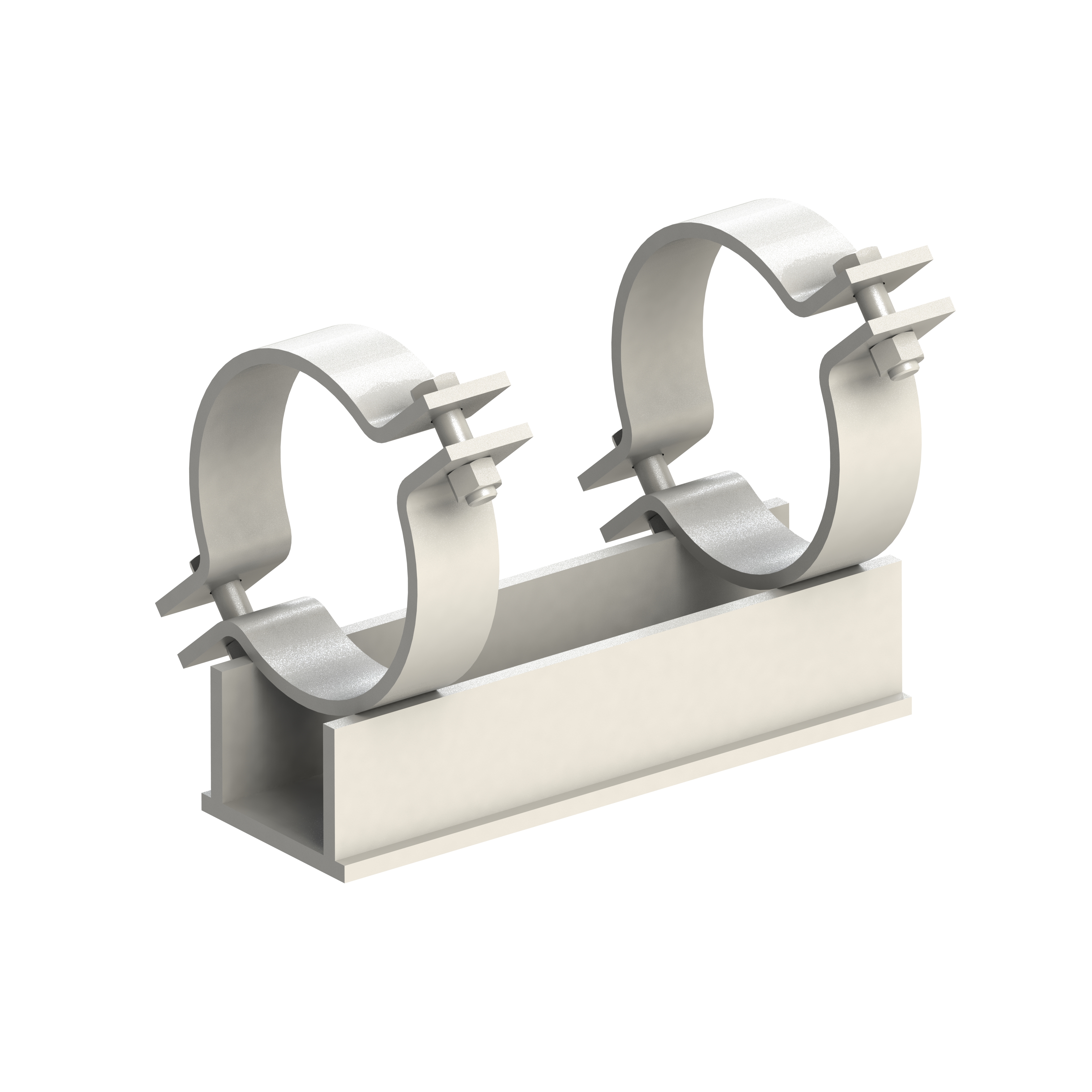 BG515
BG515STANDARD CLAMPED PIPE SHOE
 BG550
BG550SLIDE PLATES
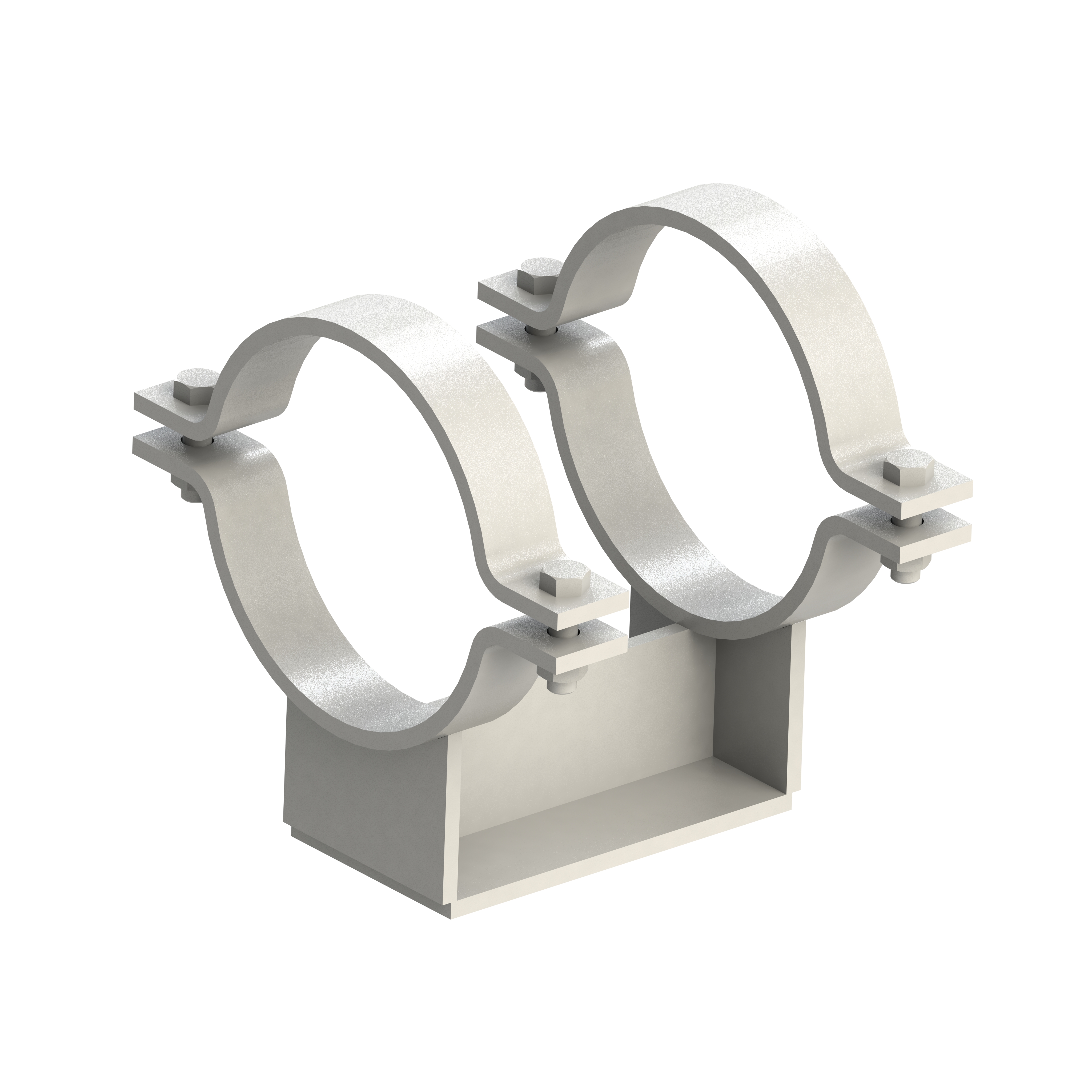 BG517
BG517COMPACT PIPE SHOE
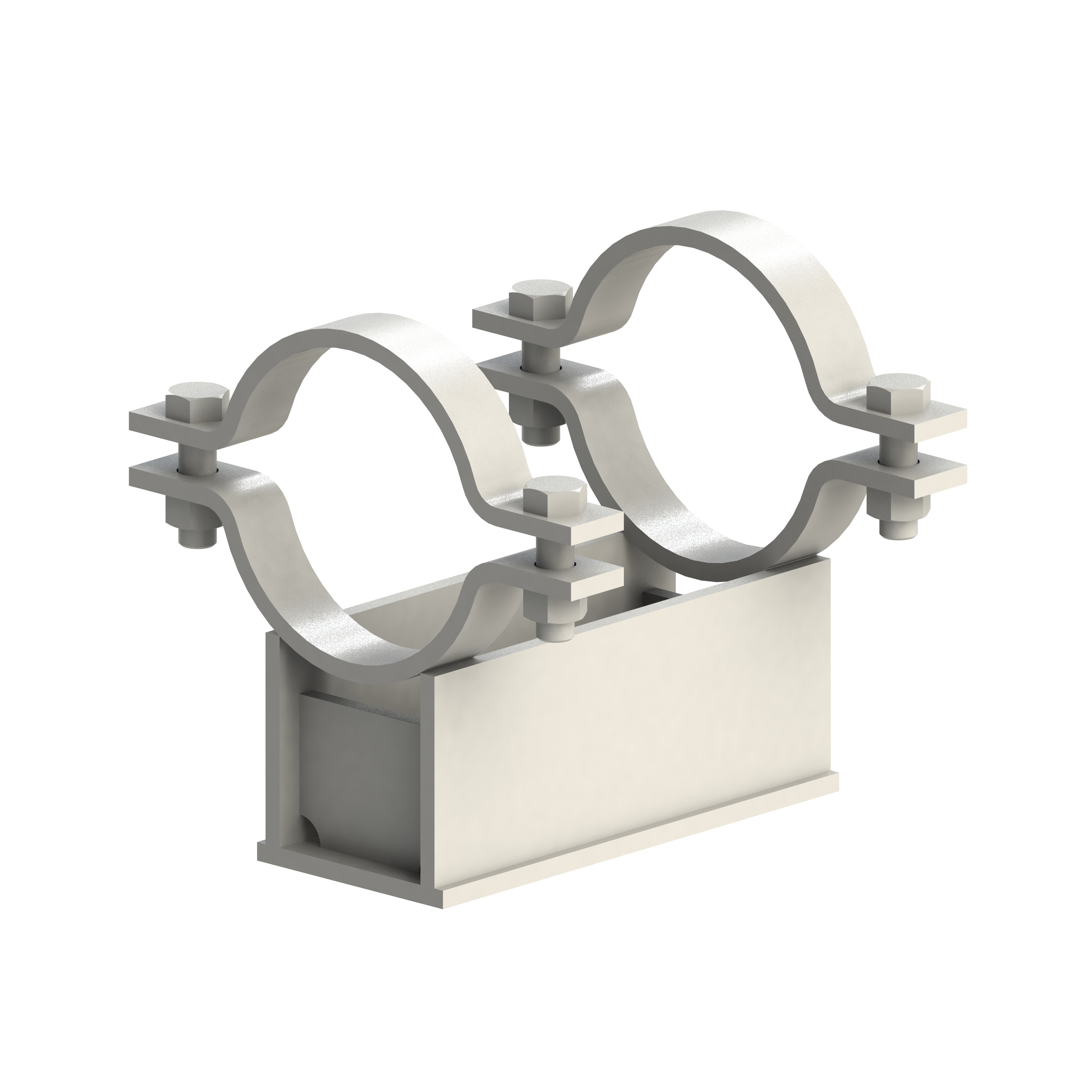 BG400
BG400CLAMPED HOT PIPE SHOE
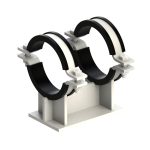 BG156
BG156INSULATED PIPE SHOE
 BG157
BG157INSULATED PIPE SHOE
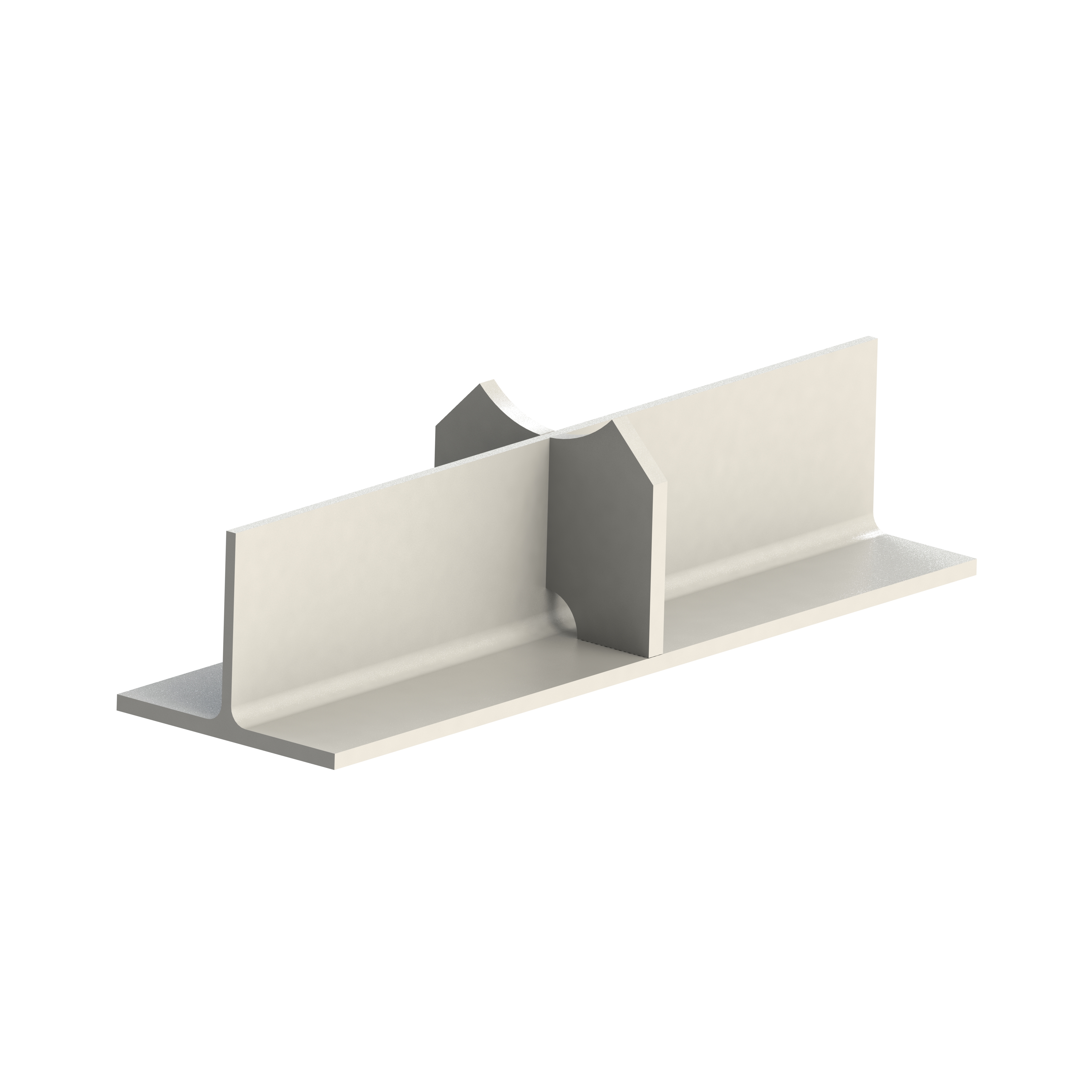 BG510
BG510STANDARD WELDED PIPE SHOE
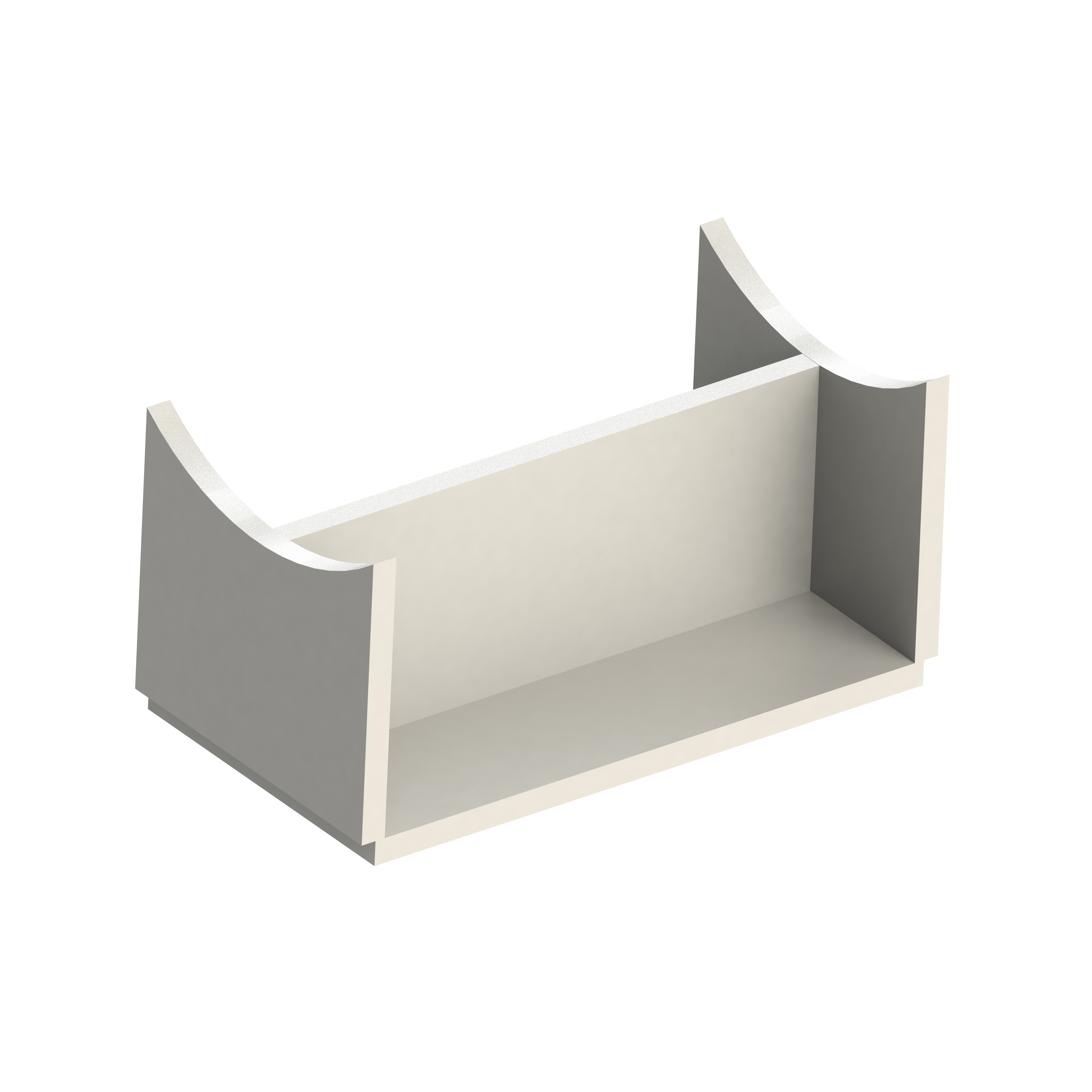 BG518
BG518COMPACT WELDED PIPE SHOE
 BG555
BG555STANDARD LINE STOPS
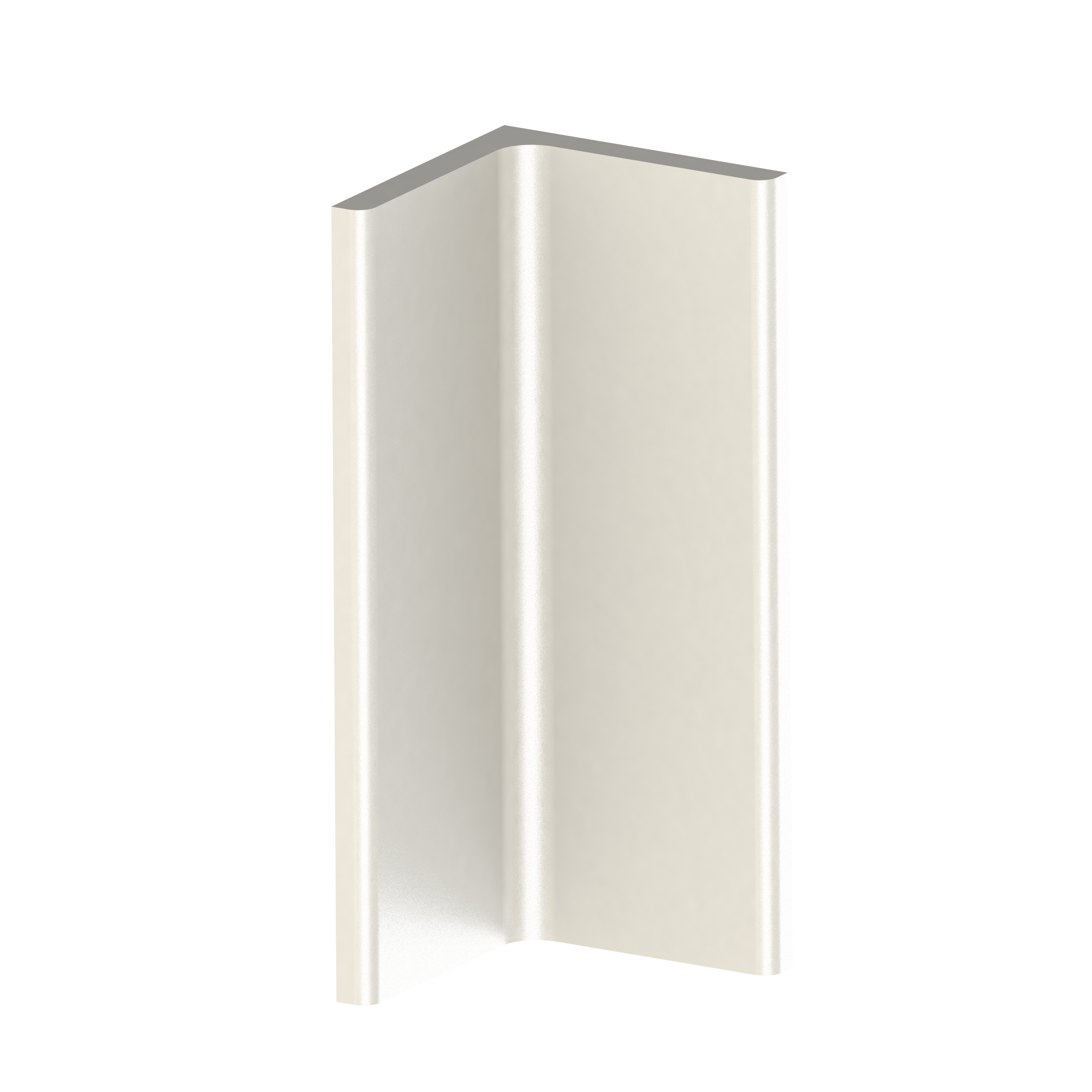 BG560
BG560STANDARD PIPE GUIDES
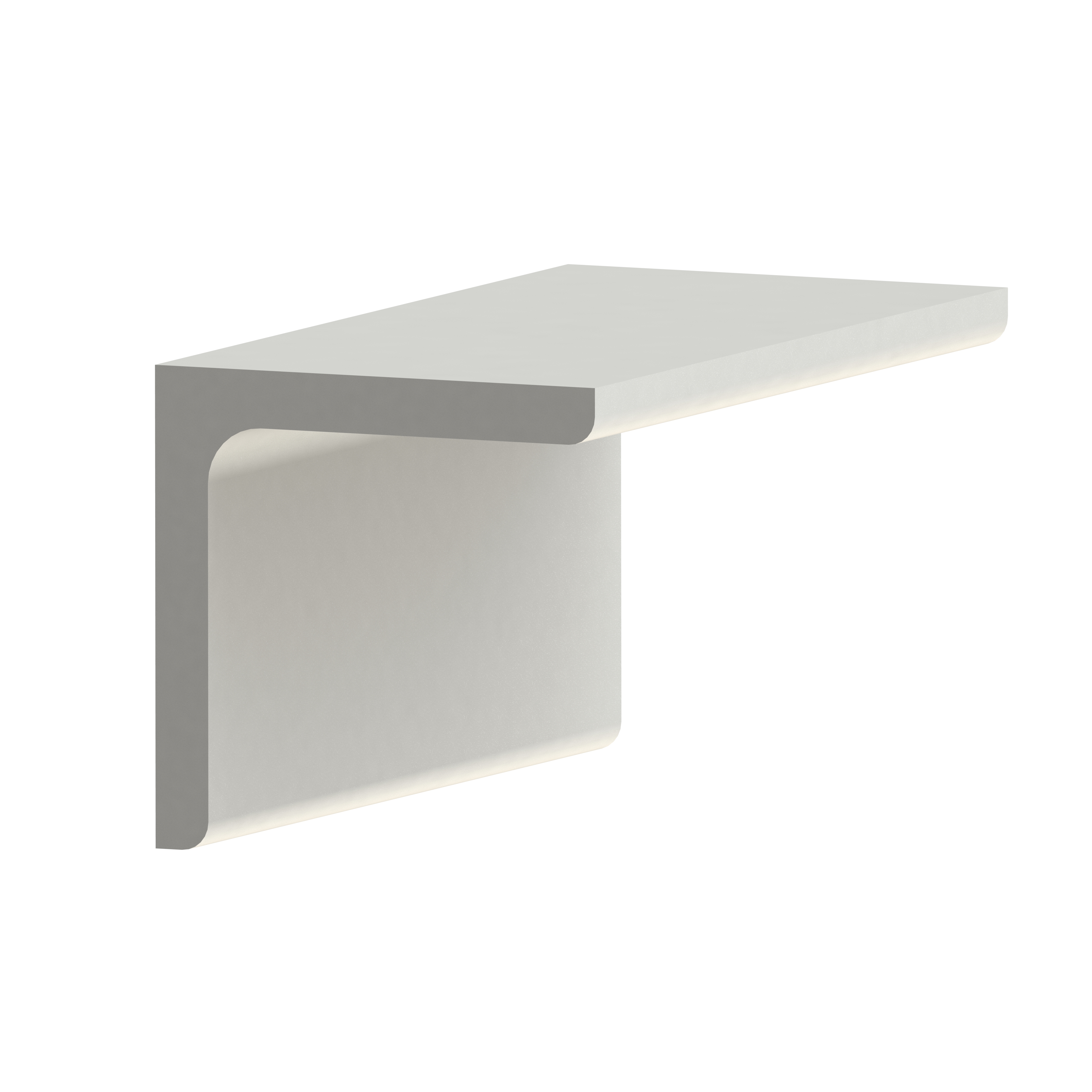 BG570
BG570STANDARD SHOE GUIDES
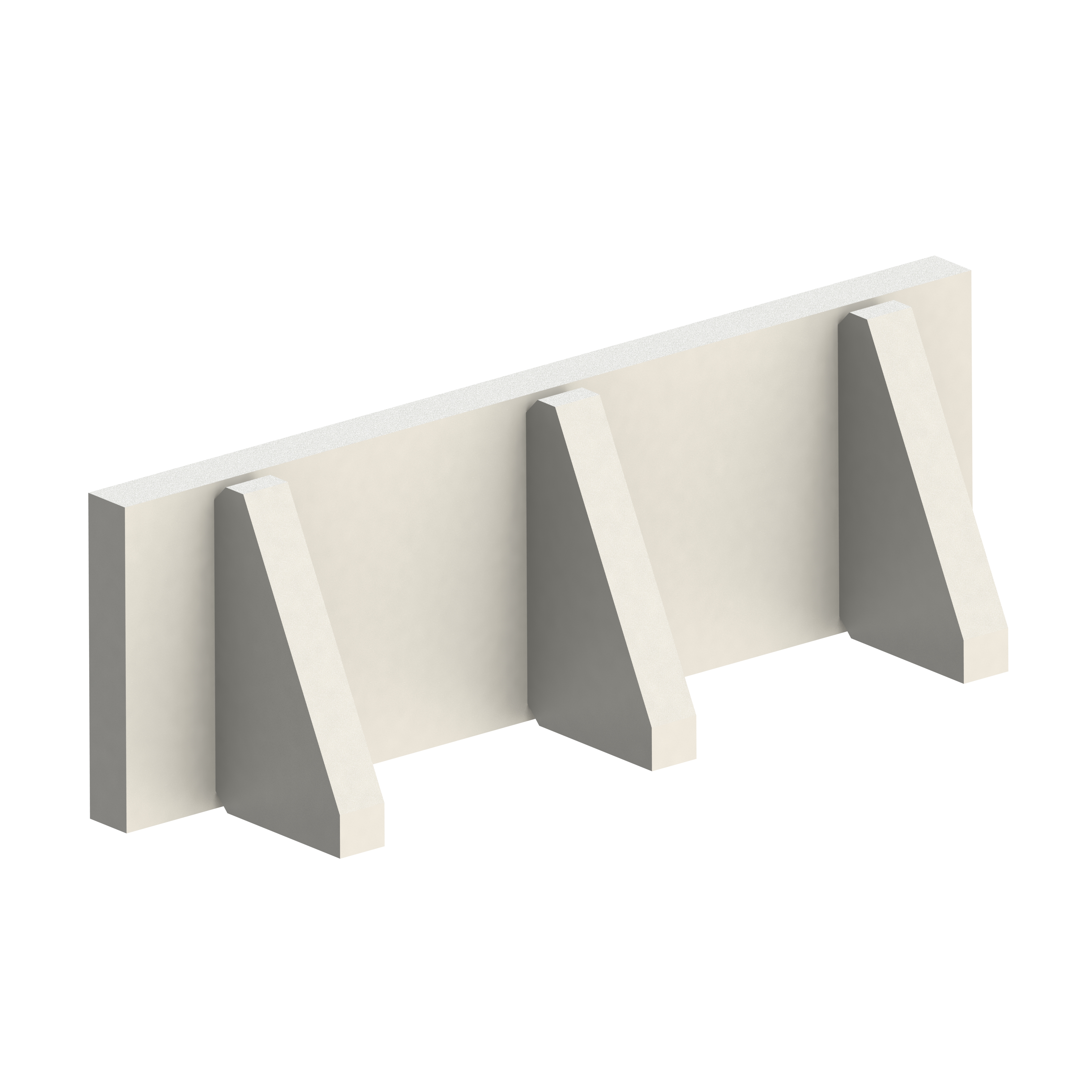 BG580
BG580STANDARD SHOE GUIDES
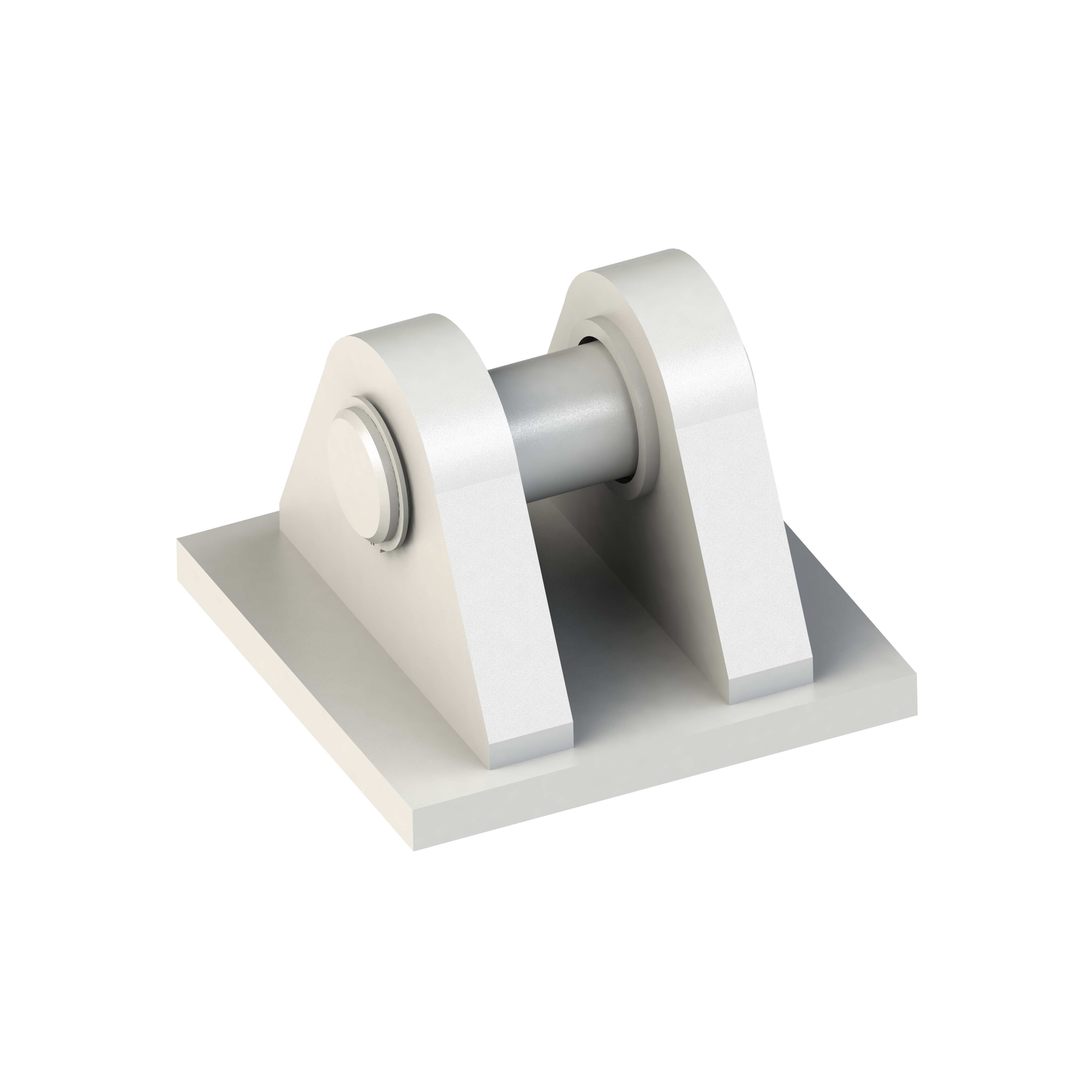 BG315
BG315END ATTACHMENT FOR HYDRAULIC SNUBBERS
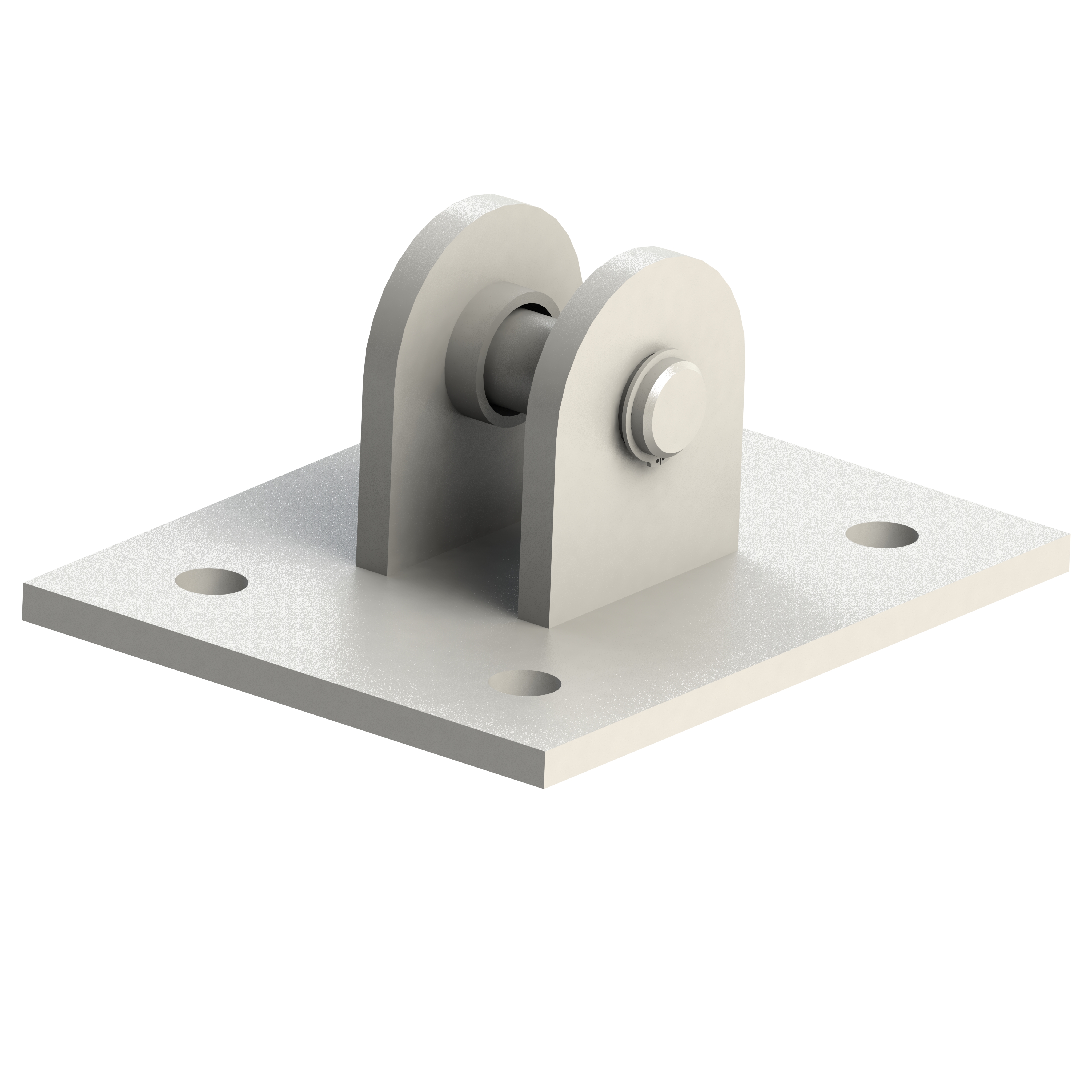 BG355
BG355END ATTACHMENT FOR RIGID STRUT & SWAY BRACE
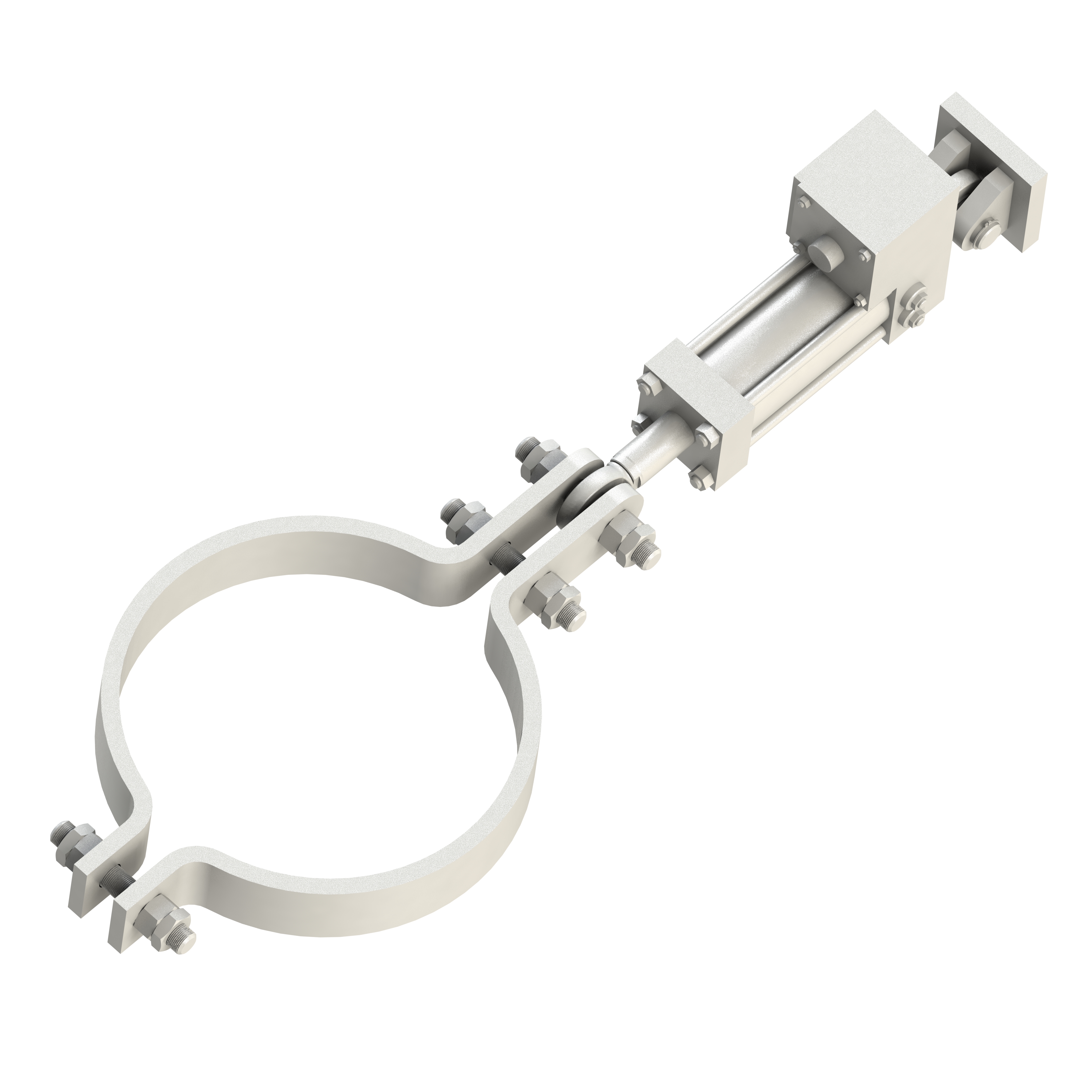 BG310
BG310HYDRAULIC SNUBBERS (SHOCK ARRESTORS)
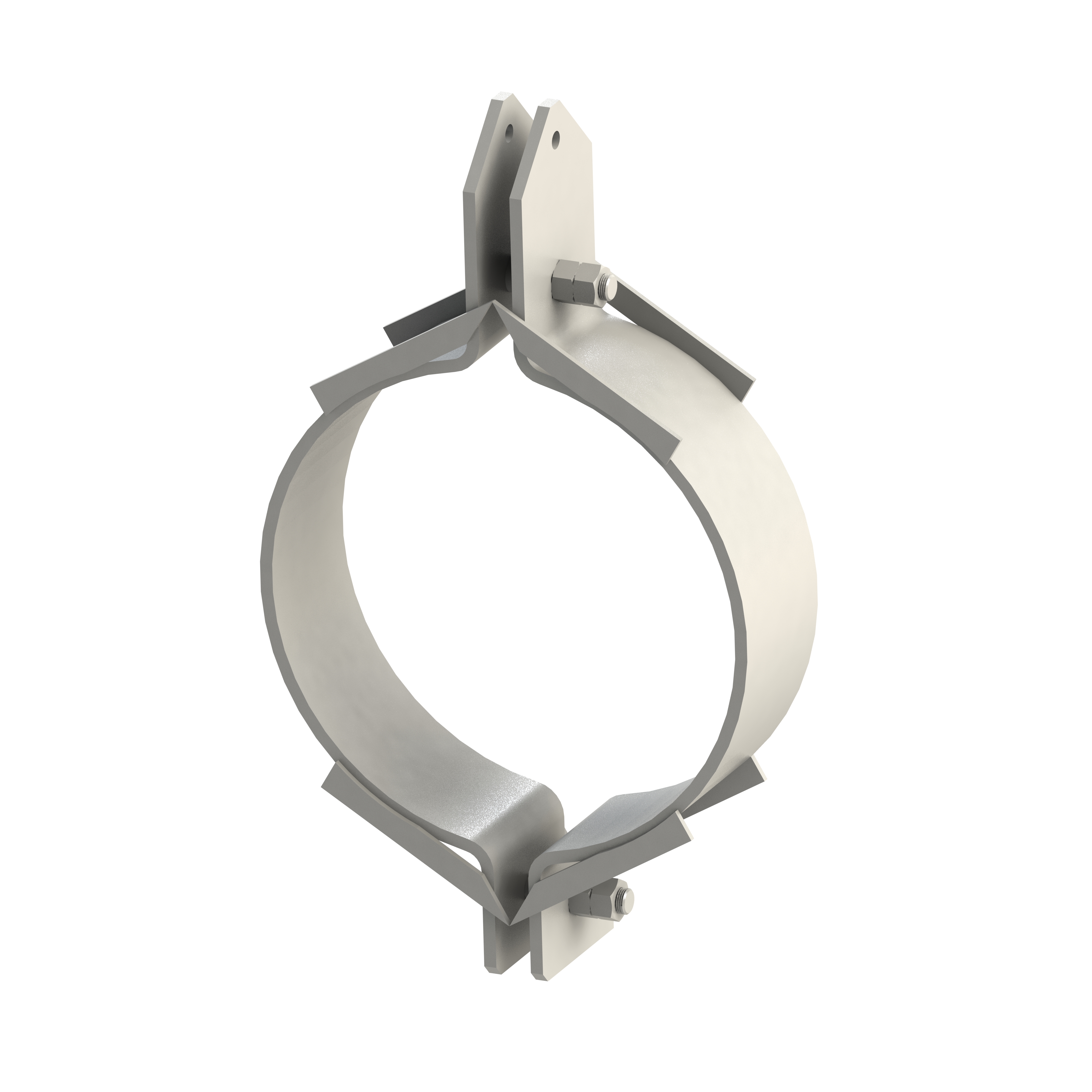 BG321
BG321PIPE CLAMP FOR HYDRAULIC SNUBBER – HIGH TEMPERATURE
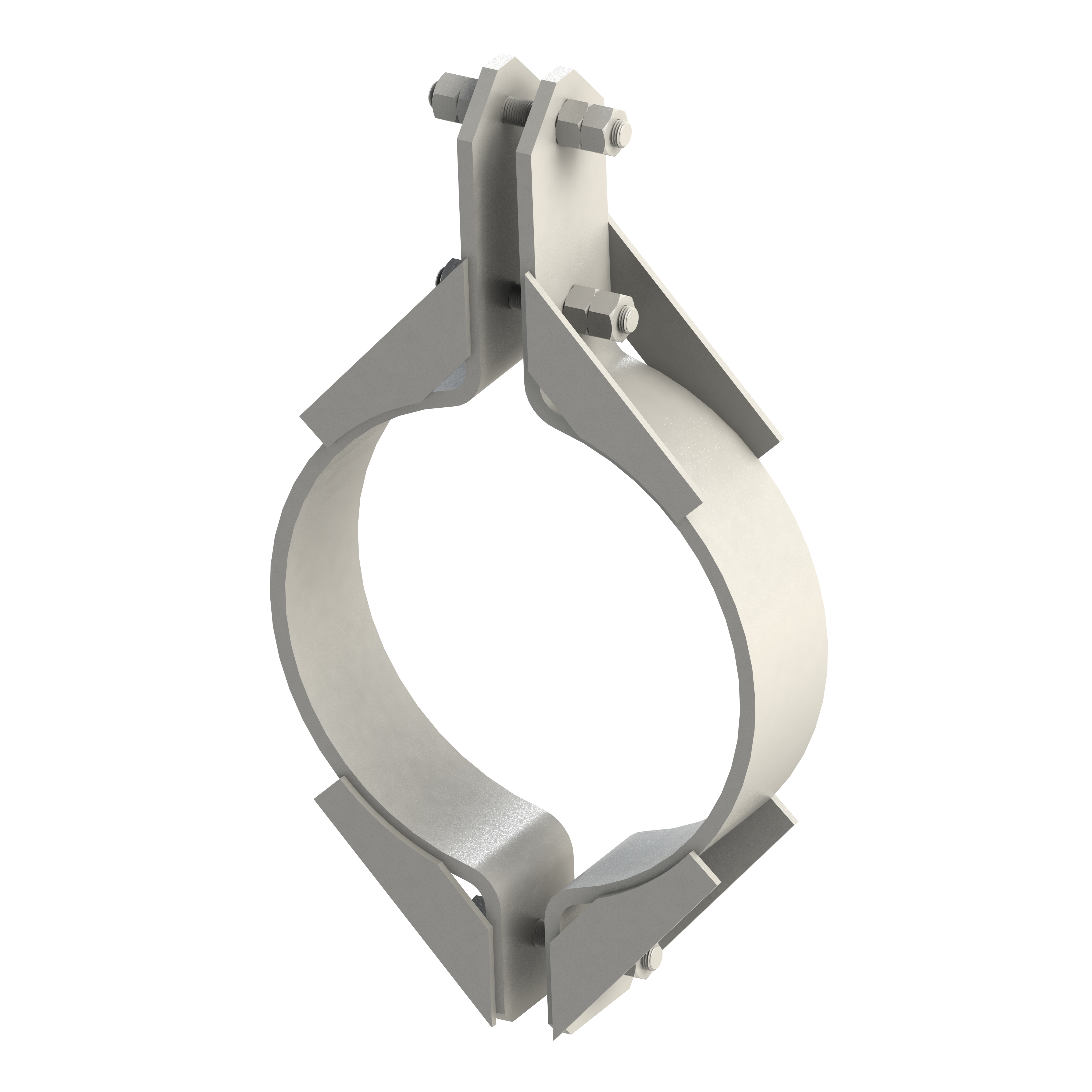 BG322
BG322PIPE CLAMP FOR HYDRAULIC SNUBBER – HIGH TEMPERATURE
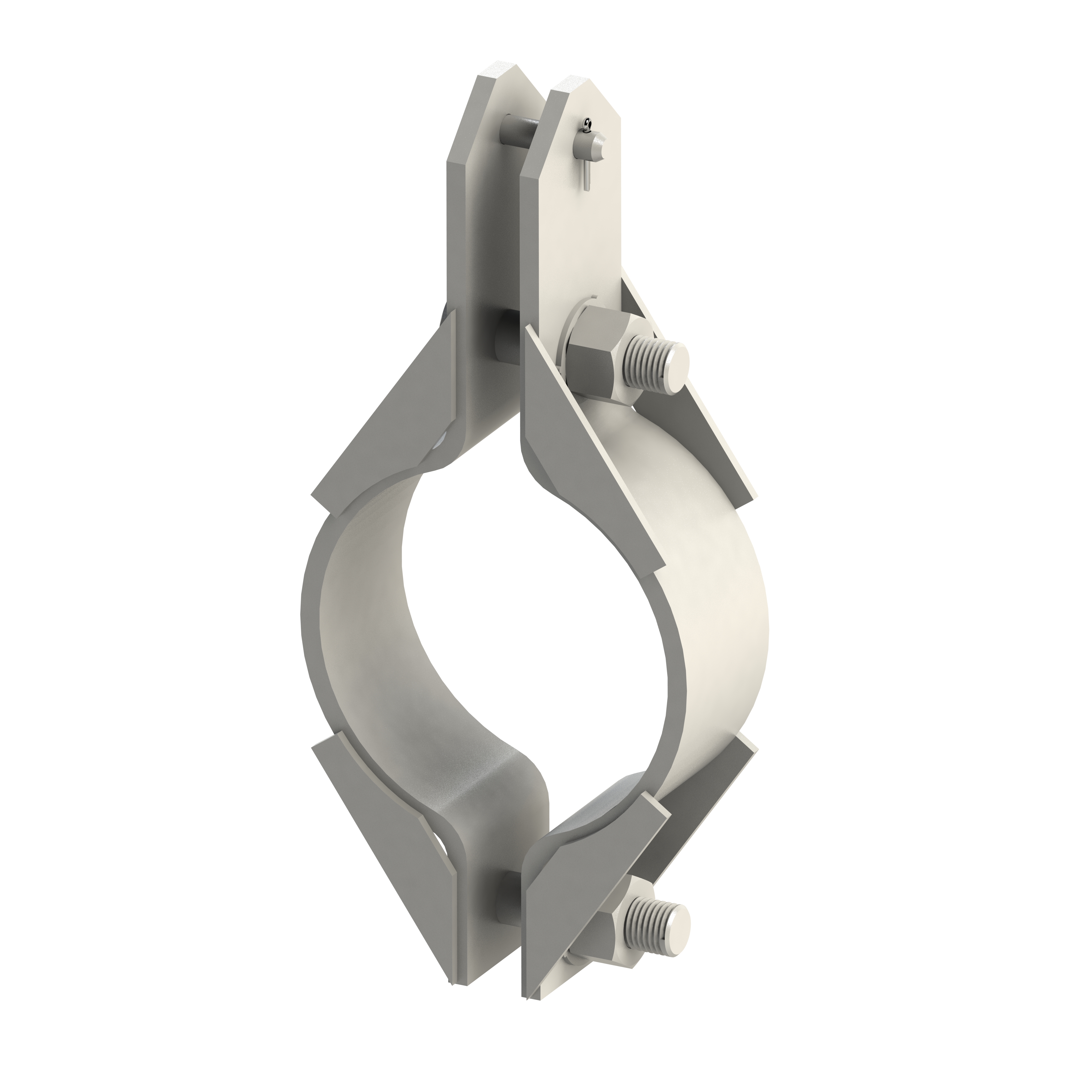 BG320
BG320PIPE CLAMP FOR HYDRAULIC SNUBBER – LOW TEMPERATURE
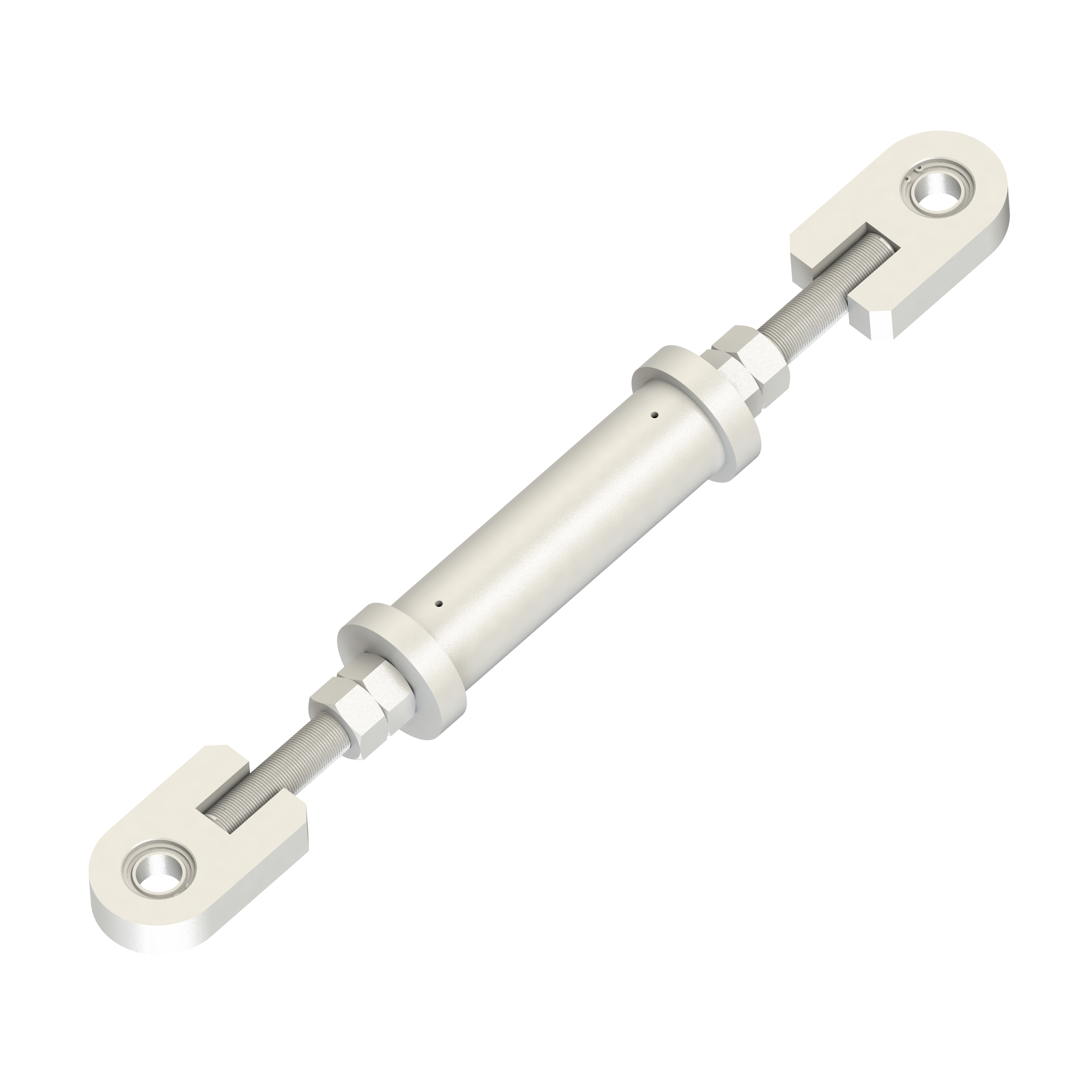 BG350
BG350RIGID STRUTS
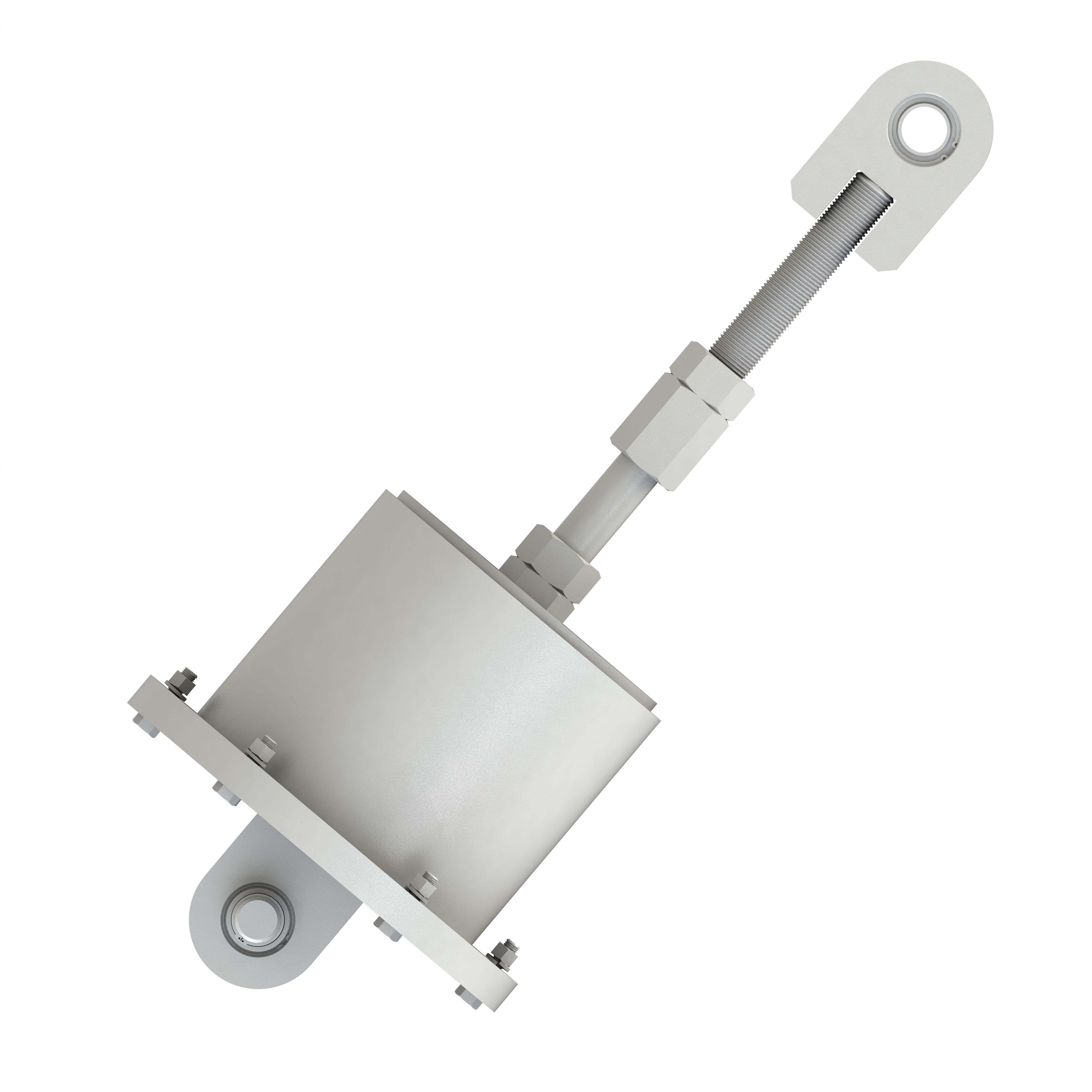 BG340
BG340SWAY BRACE
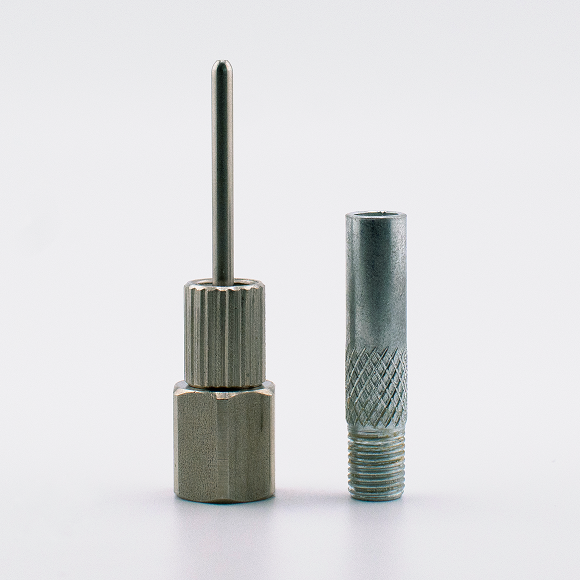 #691028
#691028All Stainless Steel Gauge Adapter #691028
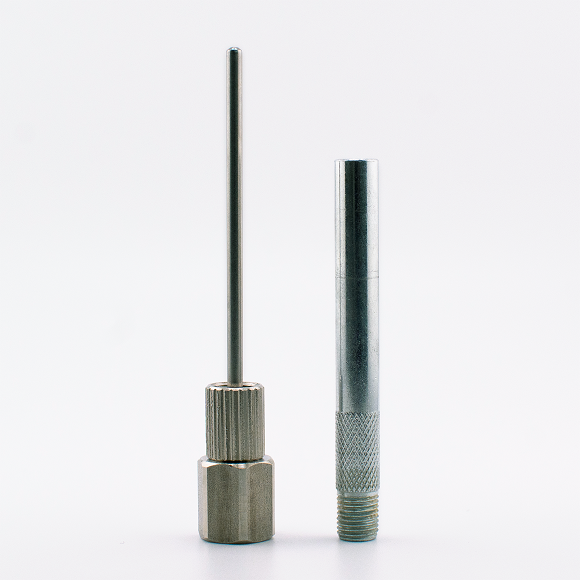 #520XL
#520XLAll Stainless Steel Gauge Adapter #520XL
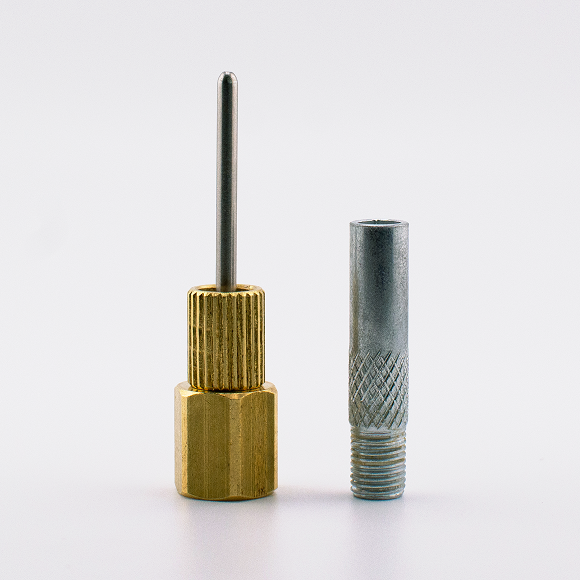 #691023
#691023Brass Gauge Adapter #691023
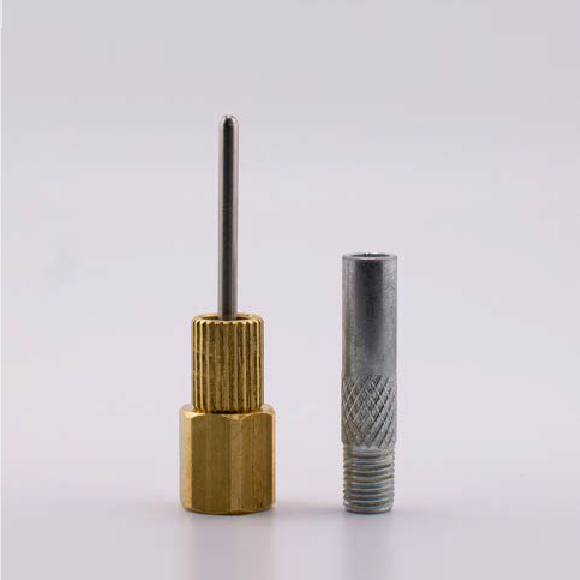 #500BSP
#500BSPBrass Gauge Adapter #500BSP
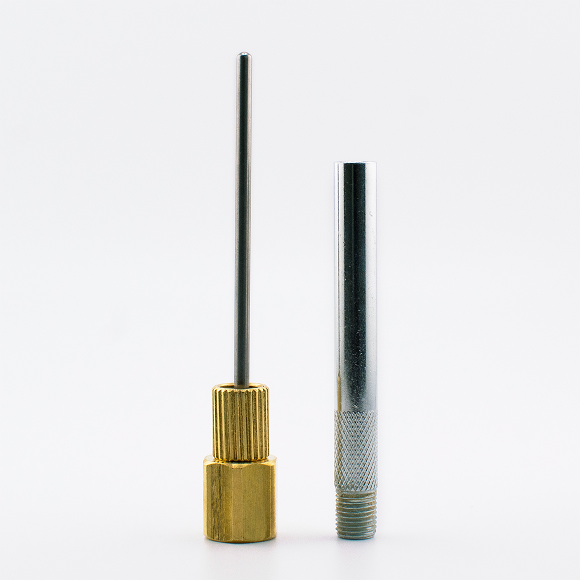 #691024
#691024Brass Gauge Adapter #691024
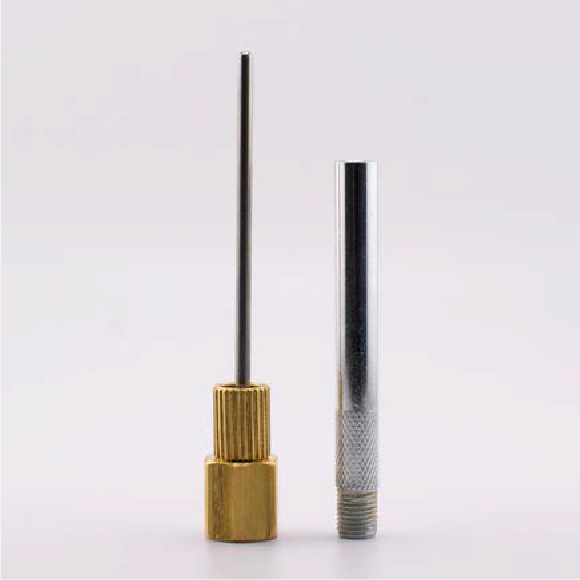 #500XLBSP
#500XLBSPBrass Gauge Adapter #500XLBSP
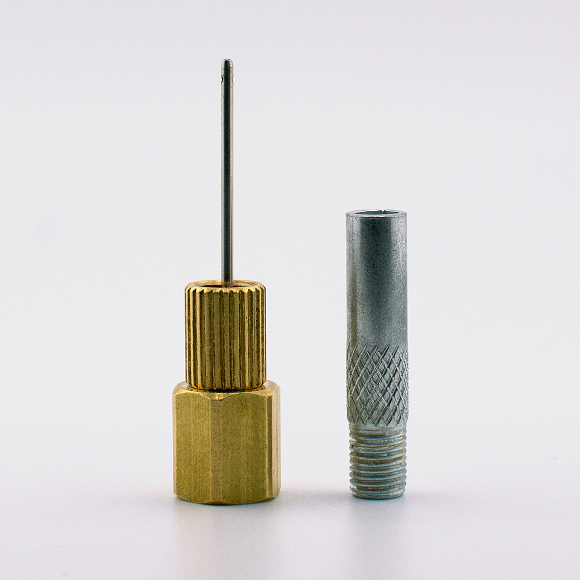 691026
691026Brass Gauge Adapter #691026
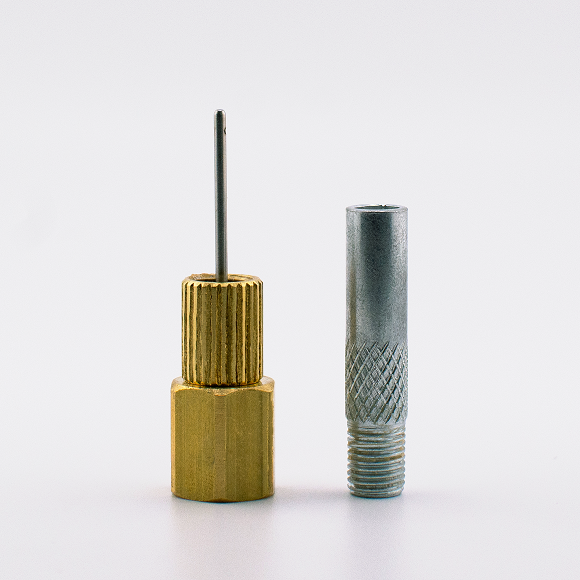 #691027
#691027Brass Gauge Adapter #691027
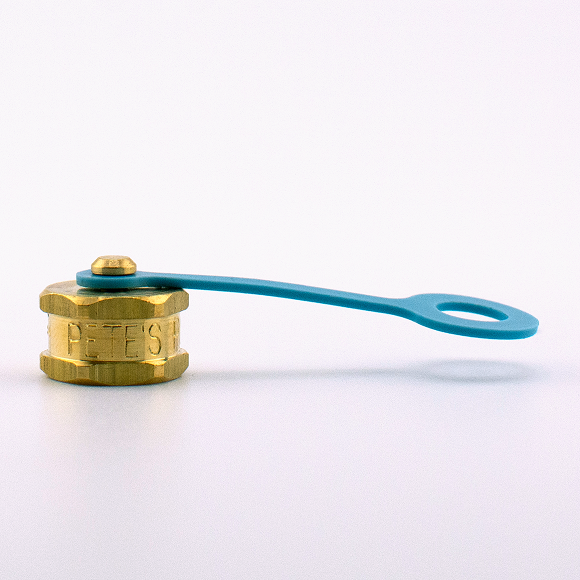 #104-1BS
#104-1BSCap Assembly #104-1BS
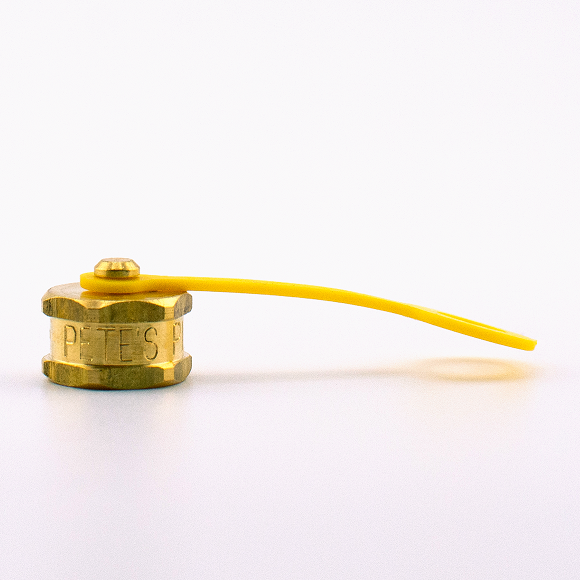 #104-1YS
#104-1YSCap Assembly #104-1YS
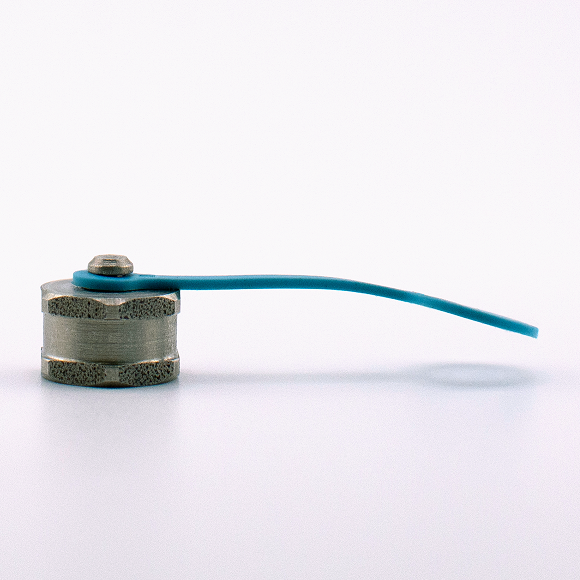 #104-2BS
#104-2BSCap Assembly #104-2BS
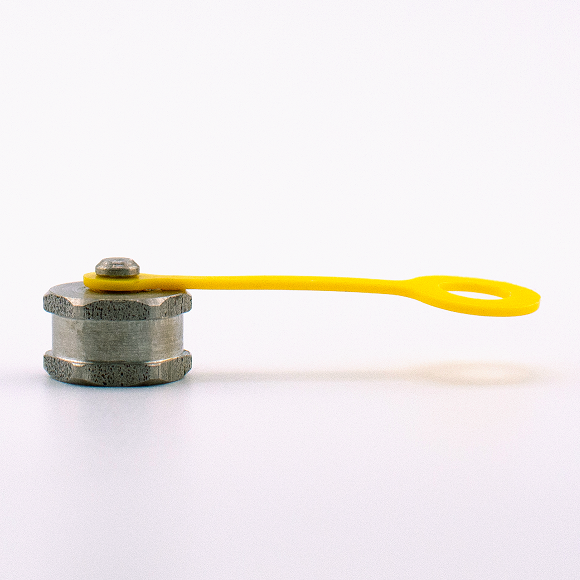 #104-2YS
#104-2YSCap Assembly #104-2YS
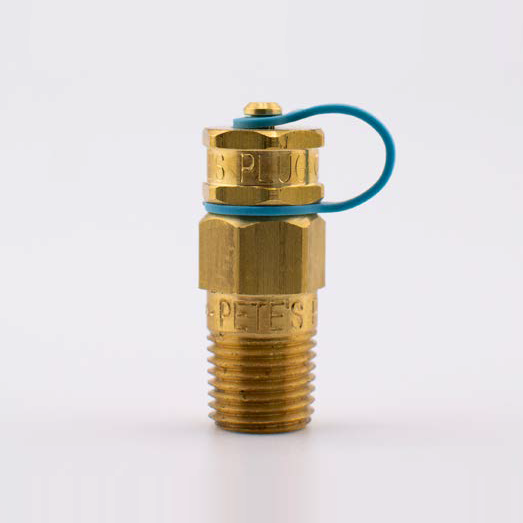 #691003
#691003Pete's Plug #691003
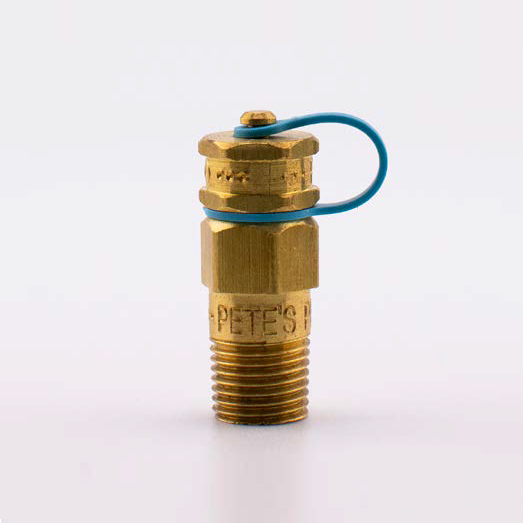 #691002
#691002Pete's Plug #691002
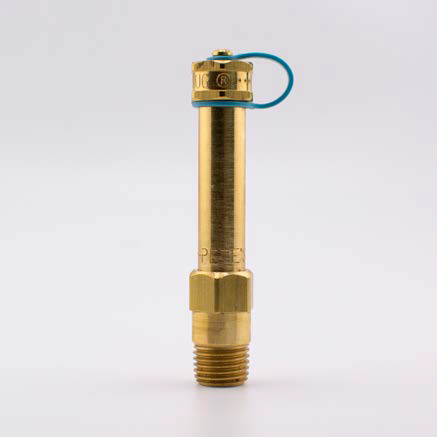 #691010
#691010Pete's Plug #691010
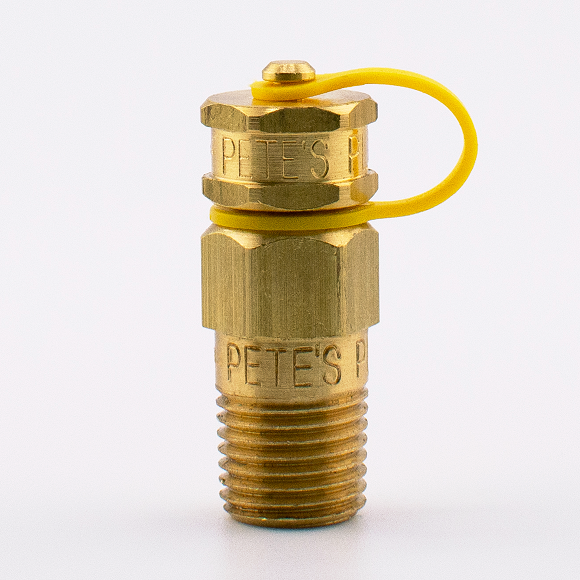 #691001
#691001Pete's Plug #691001
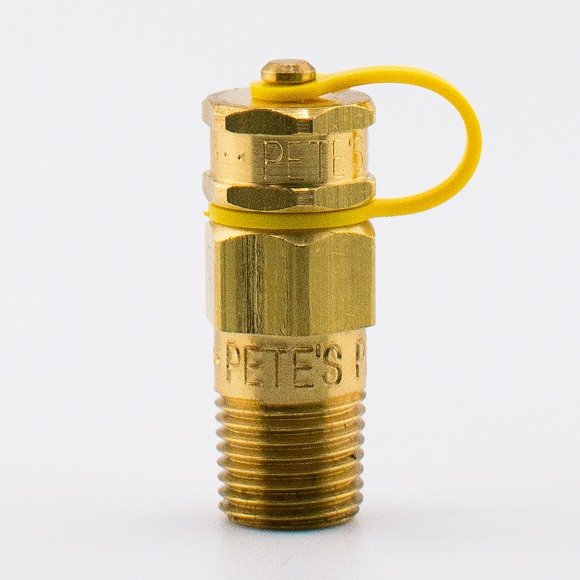 #691000
#691000Pete's Plug #691000
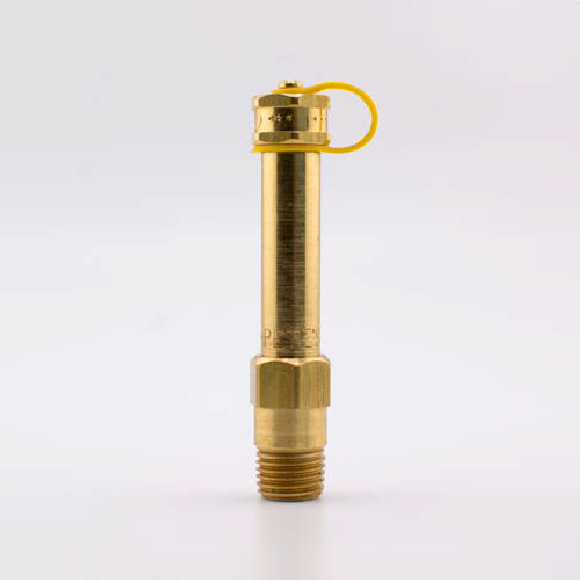 #691017
#691017Pete's Plug #691017
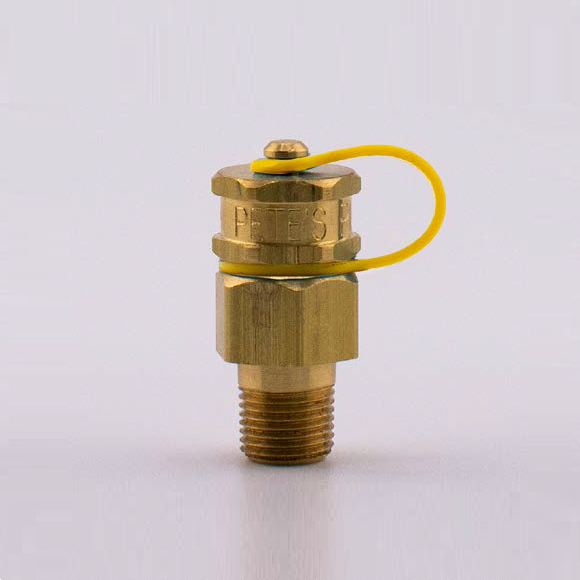 #12510
#12510Pete's Plug #12510
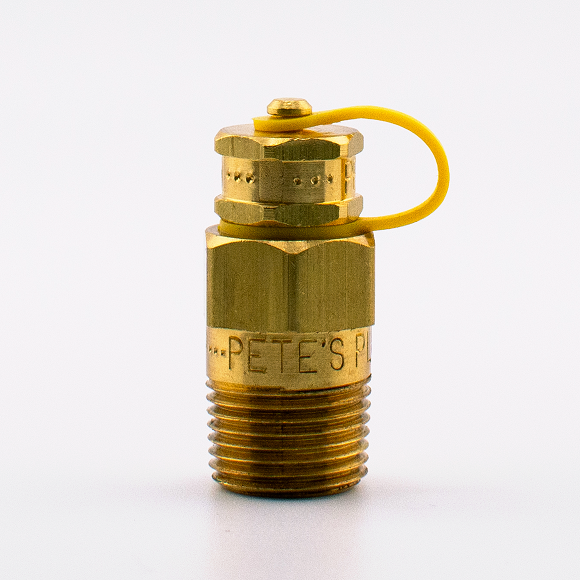 691020
691020Pete's Plug #691020
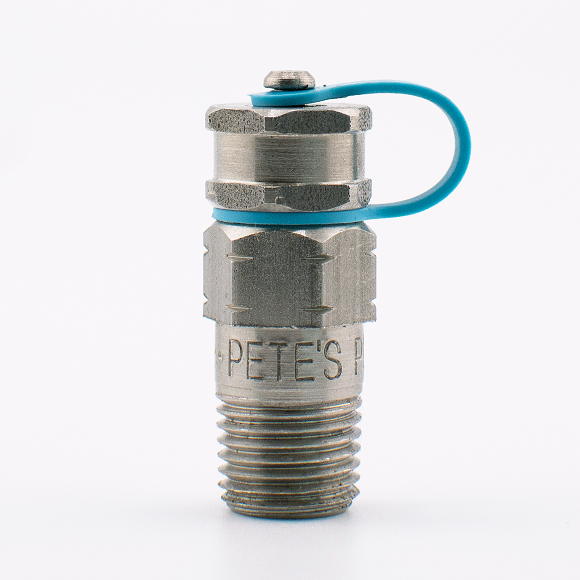 #691008
#691008Pete's Plug #691008
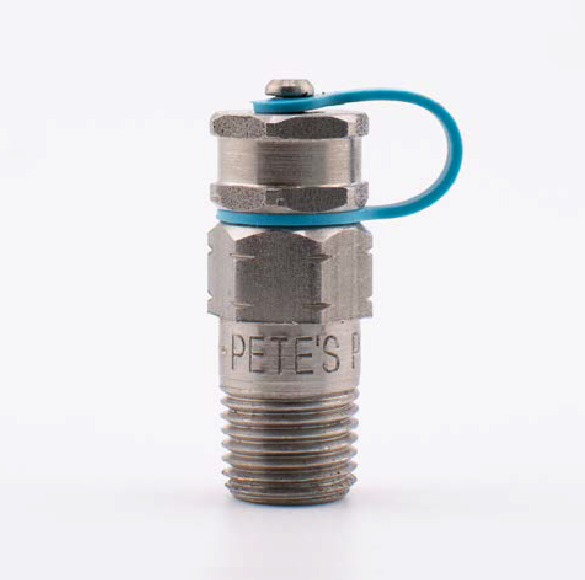 #691005
#691005Pete's Plug #691005
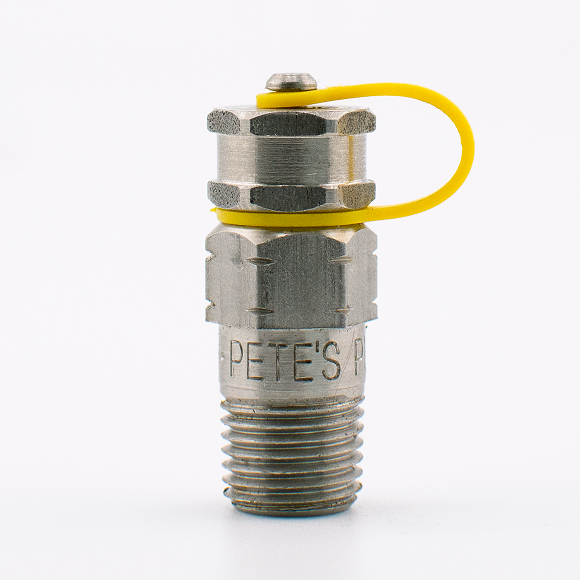 #691007
#691007Pete's Plug #691007
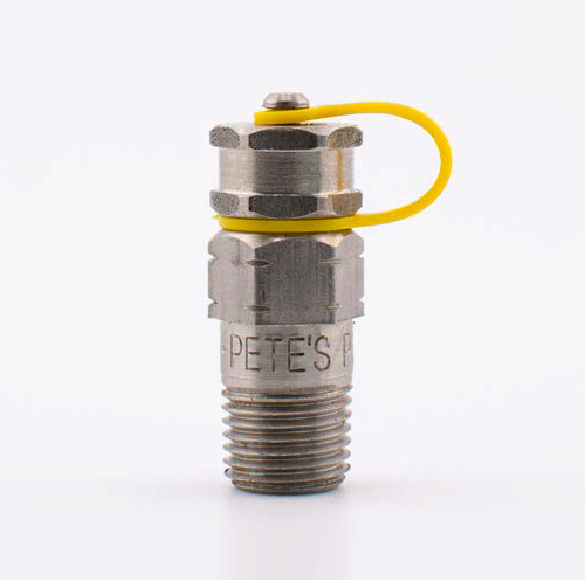 #691004
#691004Pete's Plug #691004
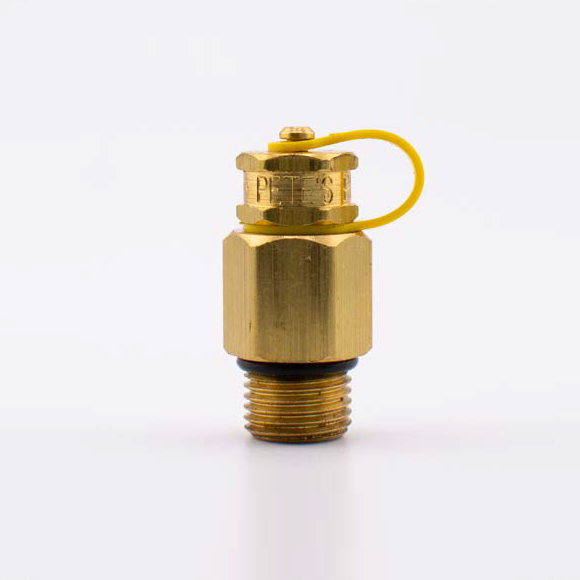 #572
#572Pete's Plug #572
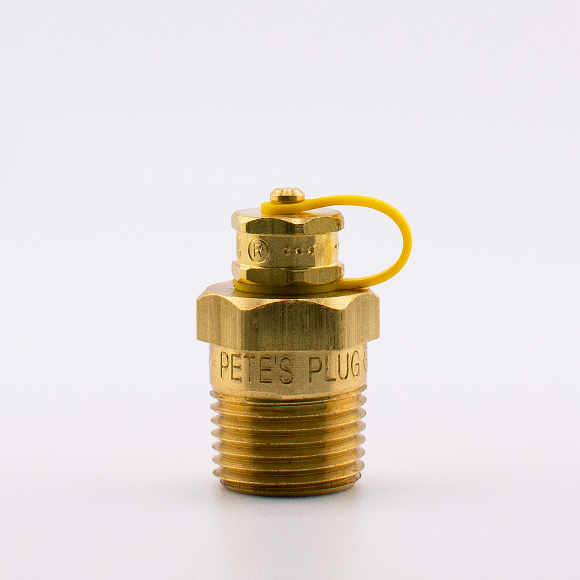 #691019
#691019Pete's Plug #691019
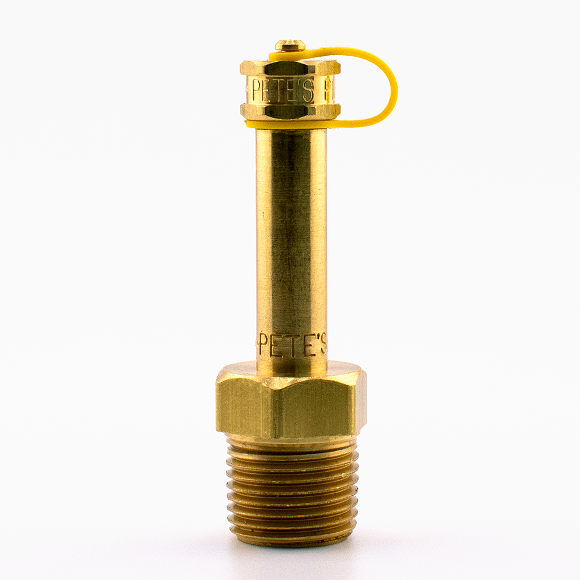 #691018
#691018Pete's Plug #691018
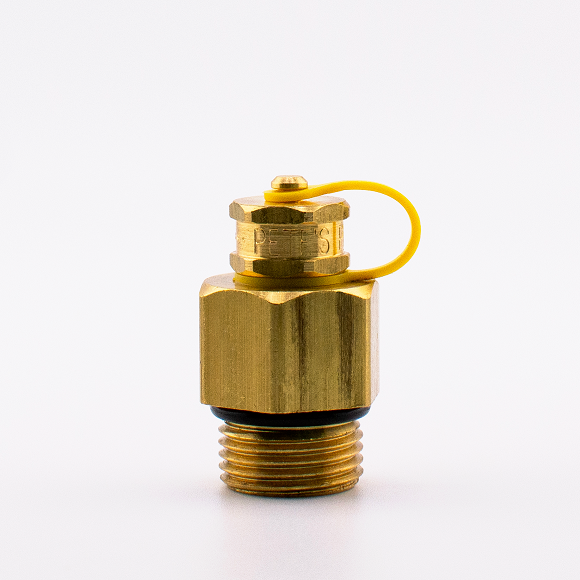 #760
#760Pete's Plug #760
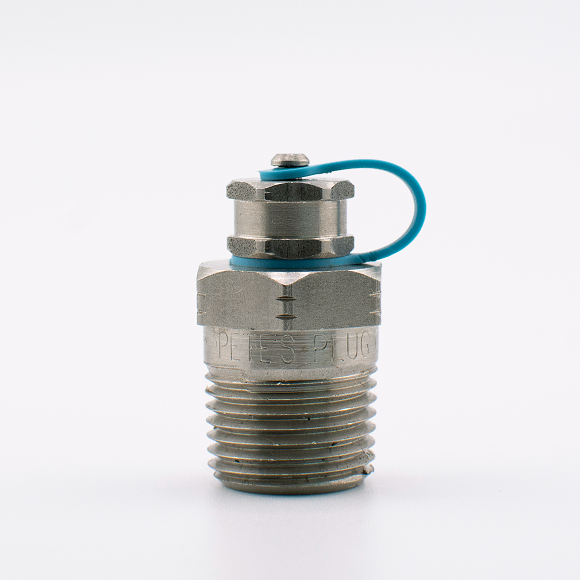 #691016
#691016Pete's Plug #691016
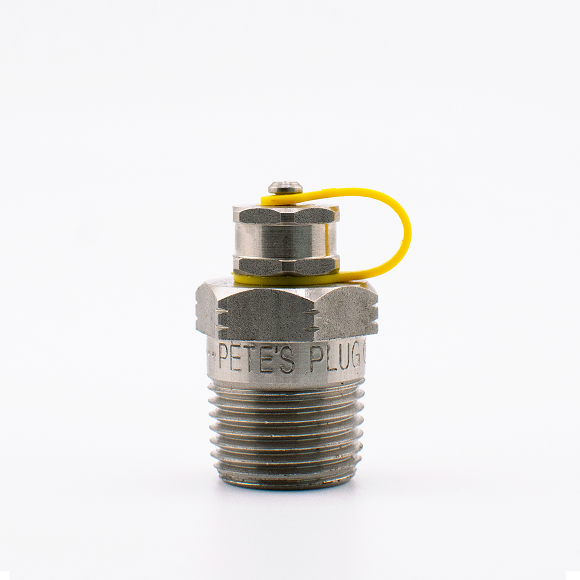 #691022
#691022Pete's Plug #691022
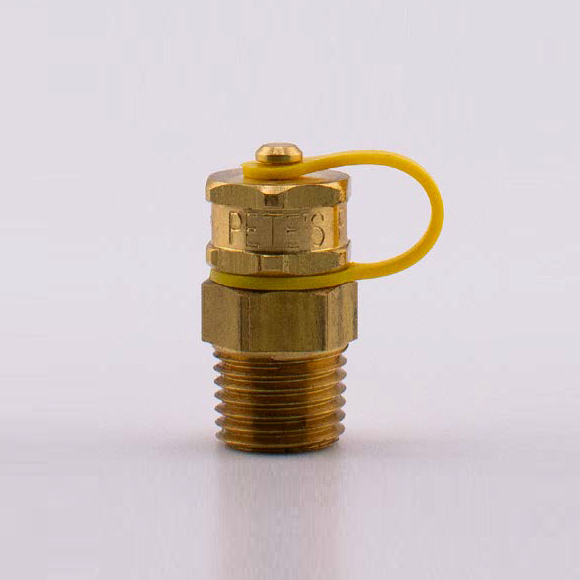 #691021
#691021Pete's Plug #691021
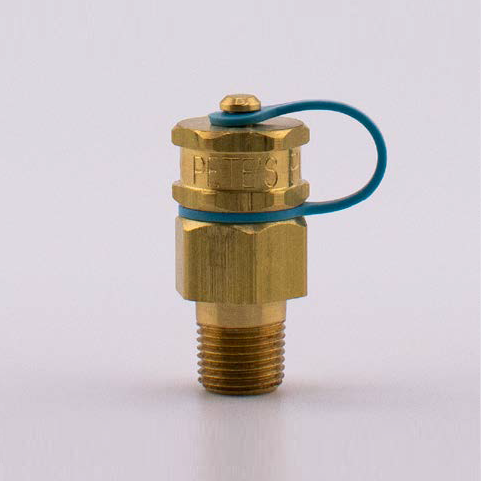 #691014
#691014Pete’s Plug #691014
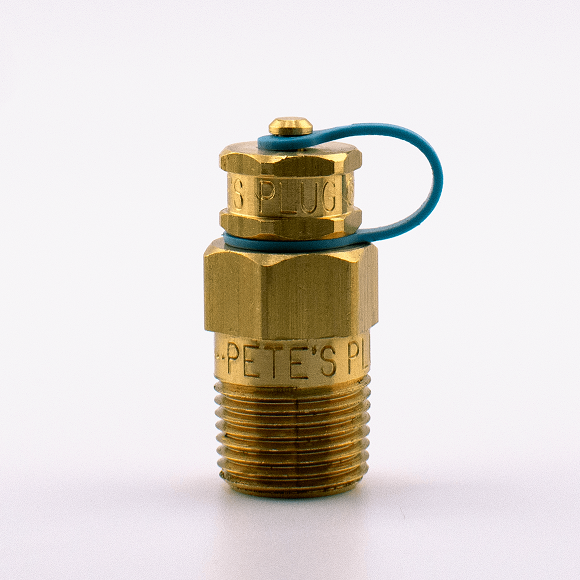 #691013
#691013Pete’s Plug #691013
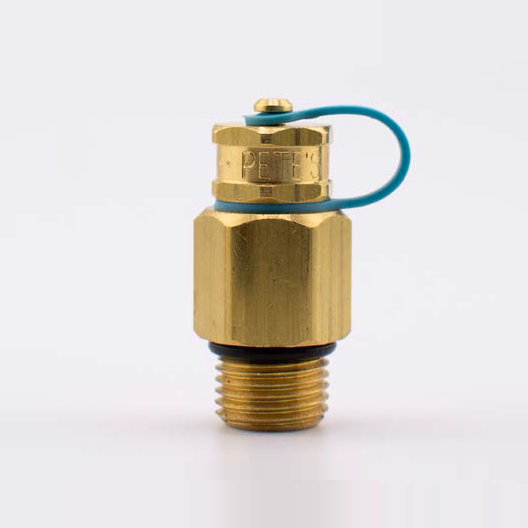 #562
#562Pete’s Plug #562
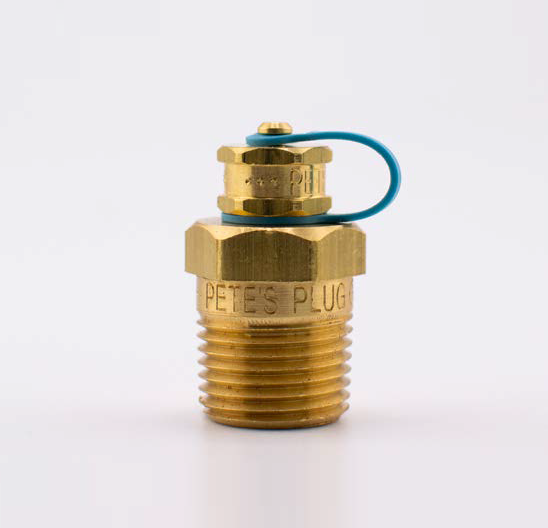 #691012
#691012Pete’s Plug #691012
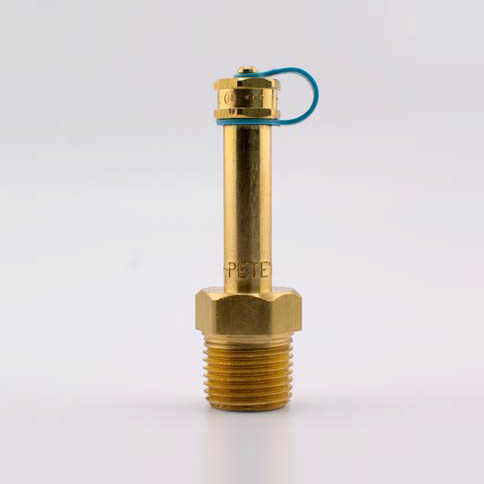 #691011
#691011Pete’s Plug #691011
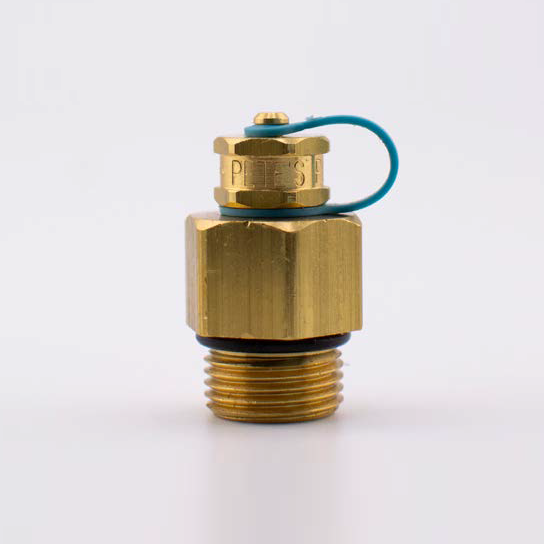 #750XL
#750XLPete’s Plug #750XL
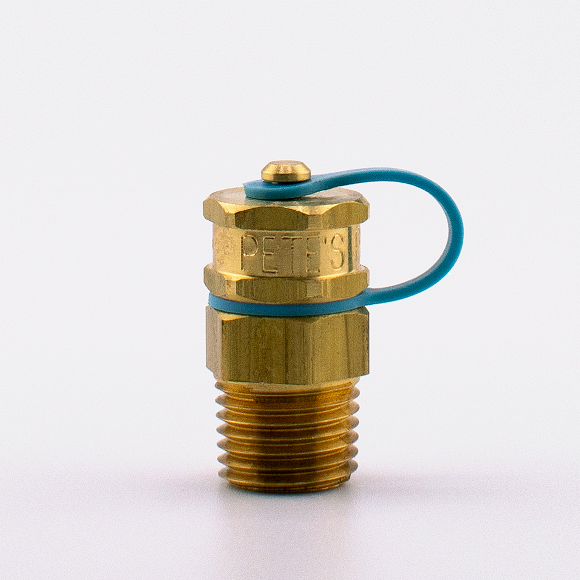 #691015
#691015Pete’s Plug #691015
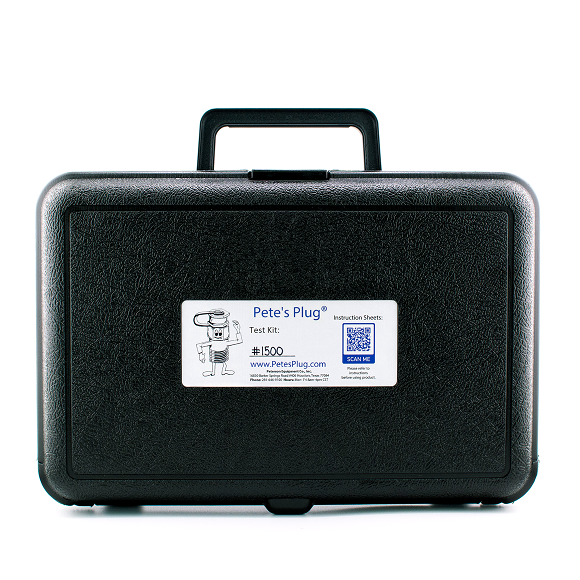 #691029
#691029Pressure & Temperature Test Kit 0-100psi
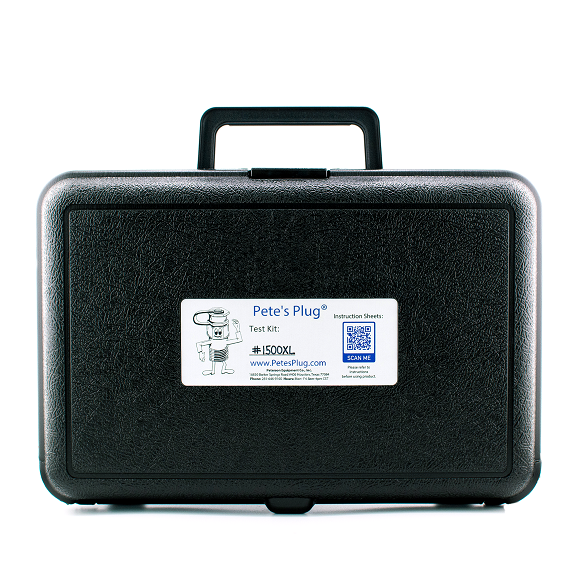 #691030
#691030Pressure & Temperature Test Kit 0-100psi for XL
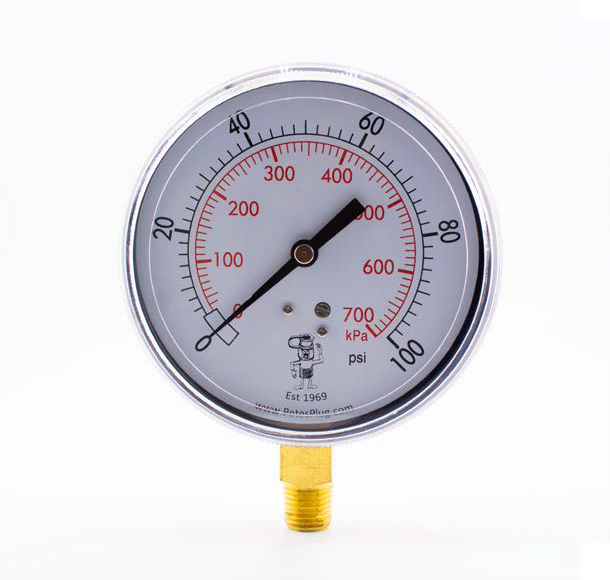 #1500-5
#1500-5Pressure Gauge 0-100 PSI BSP Stem
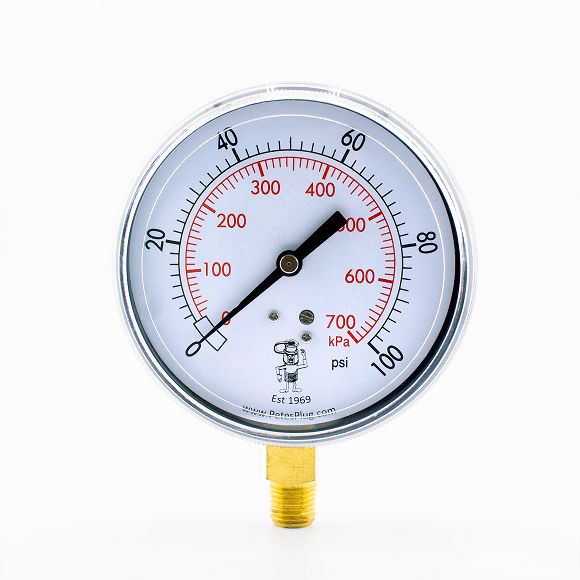 #1500-4
#1500-4Pressure Gauge 0-100 PSI NPT Stem
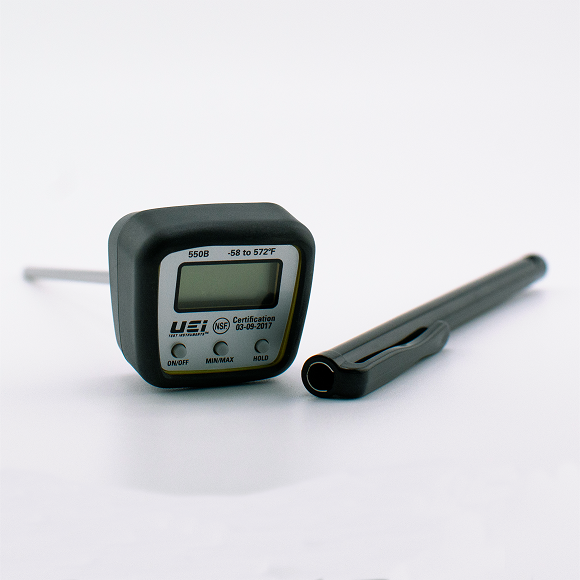 #606
#606Thermometer -58°F to 550°F
-
-
-
- About
- Resources
- Contact
The Top 4 Pipe Support Failures Found in QA Audits (And How to Prevent Them)

In the high-stakes arenas of Australia’s mining, oil, and gas sectors, pipe support failures are significant operational hazards. These failures stem from issues like incomplete weld certifications, material traceability gaps, and specification misalignment, with the potential to disrupt project timelines, incur hefty non-compliance penalties, and elevate safety risks. For project managers under pressure to uphold safety and reliability, addressing these threats is crucial. This post delves into how reinforcing compliance through thorough weld certification to AS/NZS 1163 standards, maintaining meticulous traceability, and rigorously testing against AS/NZS 3725:2007 can minimise these risks, streamline audits, and maintain project integrity and financial health.
Incomplete or Missing Weld Certifications
Incomplete weld certifications can cause significant schedule delays, often resulting in hold points under the AS/NZS 1163 standard during QA audits. These certifications are essential to establish compliance and verify the integrity of welded components. Lacking these documents can severely disrupt project timelines, affecting delivery and contractual obligations.
Moreover, missing weld information complicates pipe weld traceability, an essential step in maintaining records that ensure the structural integrity of pipe assemblies. Absence of weld data undermines compliance efforts, possibly compromising safety and structural reliability, leading to costly remedial actions and increased scrutiny from regulators.
Conducting early and thorough weld certification checks is crucial to support quality control piping standards. Proactive inspections and validations before audits can avert potential findings and hold points, ensuring alignment with industry standards. This is particularly important when incorporating Binder’s custom-engineered pipe supports, designed for high performance in demanding environments.
Material Traceability and Certification Gaps
Incomplete batch records often lead to missing or incorrect material certificates during QA audits, a major red flag that can derail project timelines. Using a traceability checklist for the oil and gas sector assists in mitigating these risks. Ensuring material alignment with standards such as AS/NZS 3678 and AS/NZS 1594 helps maintain compliance and streamline the audit process.
Comprehensive QA audits pipe supports documentation prevents costly rework and avoids project handover holds. Binder’s Documentation Pack and QA/QC Sets are crucial tools for ensuring complete traceability and certification verification, particularly useful for pre-handover audits to secure financial and operational stability by rigorously addressing compliance gaps upfront.
Lack of Compaction Testing for Bedding and Side Supports
Insufficient compaction tests for buried piping can lead to settlement issues and structural stress, posing significant risks for project managers. This can result in pipe misalignment and unexpected maintenance costs, especially in harsh environments like the mining and oil & gas sectors, where ground conditions can exacerbate weaknesses.
Pipe support inspection protocols must encompass thorough checks of bedding layers, as mandated by AS/NZS 3725:2007. Skipping this step escalates the risk of structural failures, leading to expensive downtime and rework. Incorporating these checks into inspection protocols is crucial to safeguard structural integrity and operational safety.
Maintaining QA recordkeeping for pipe support systems enables project teams to demonstrate compliance and avoid repeat inspections. Accurate records not only support audit requirements but also help swiftly identify non-compliance issues, preventing delays during project execution.
Neglecting these steps increases support settlement risks, introducing long-term integrity challenges. Settlement can compromise the support structure, necessitating premature repairs. Proactive management through rigorous testing and documentation mitigates these risks, ensuring pipeline infrastructure durability and reliability.
Binder’s Custom-Engineered Pipe Supports incorporate preventive measures to ensure project safety and efficiency through extensive compaction testing and meticulous recordkeeping.
Precision Prevents Penalties: Ensuring Specification Alignment
Ensuring that design specifications align with actual installations is vital in preventing common pipe support failures. Discrepancies here, particularly in seismic or high-vibration settings, can lead to structural failures and noncompliance, endangering asset integrity.
Compliance with standards such as AS/NZS 1170 and NZS 4219 is essential for effective prevention. These standards require adherence to specific parameters that protect against architectural inadequacies. Failure to adhere jeopardizes safety, necessitates costly reworks, and leads to schedule overruns.
The financial impacts of insufficient alignment with design specifications underline the importance of comprehensive audits and compliance adherence. Investing in Binder’s Custom-Engineered Pipe Supports reduces discrepancies, ensuring projects meet compliance from the outset.
